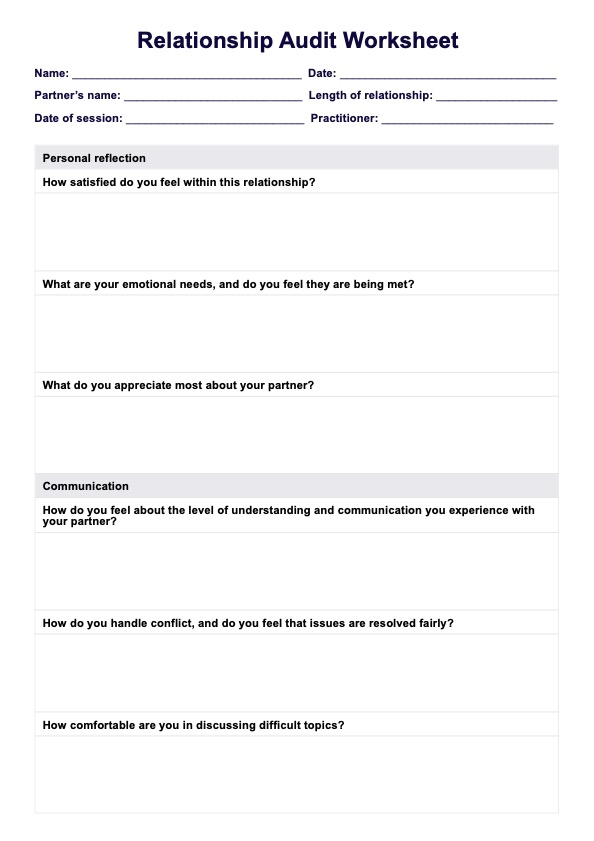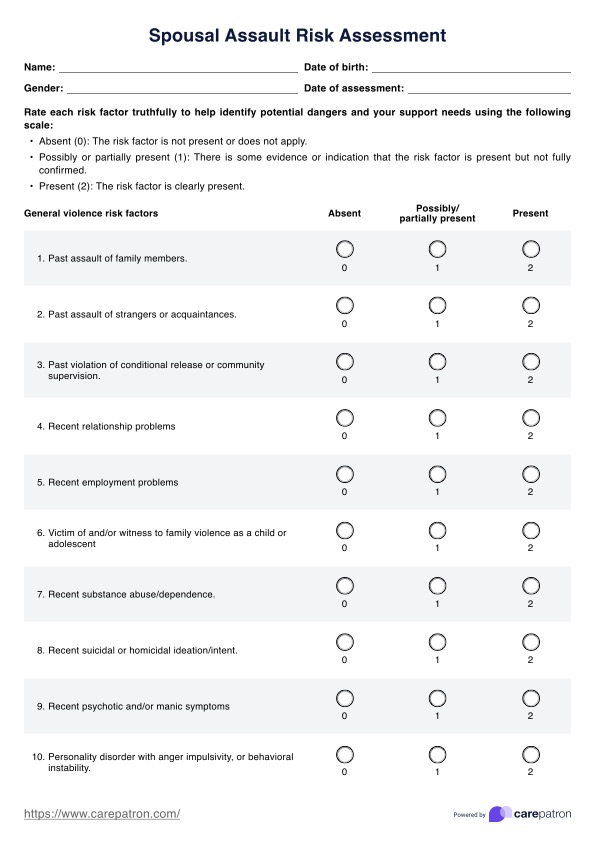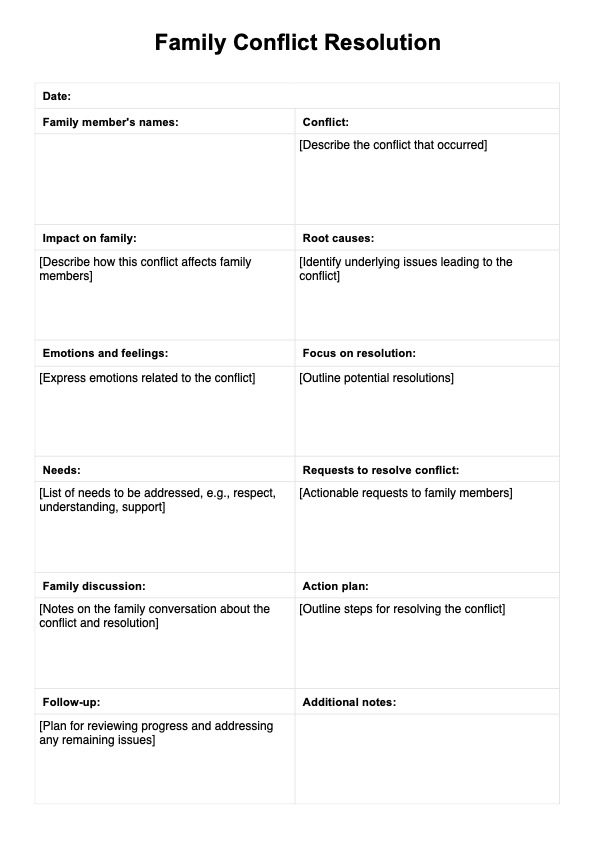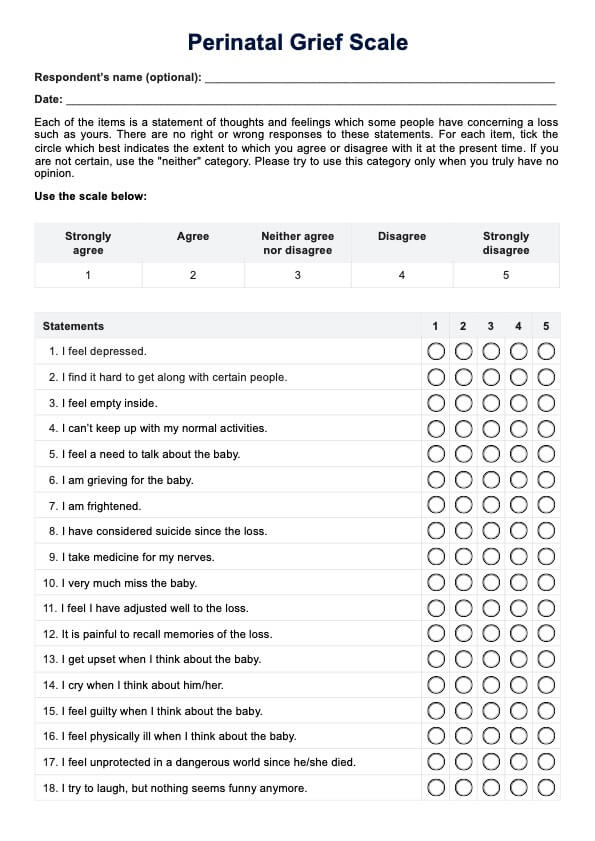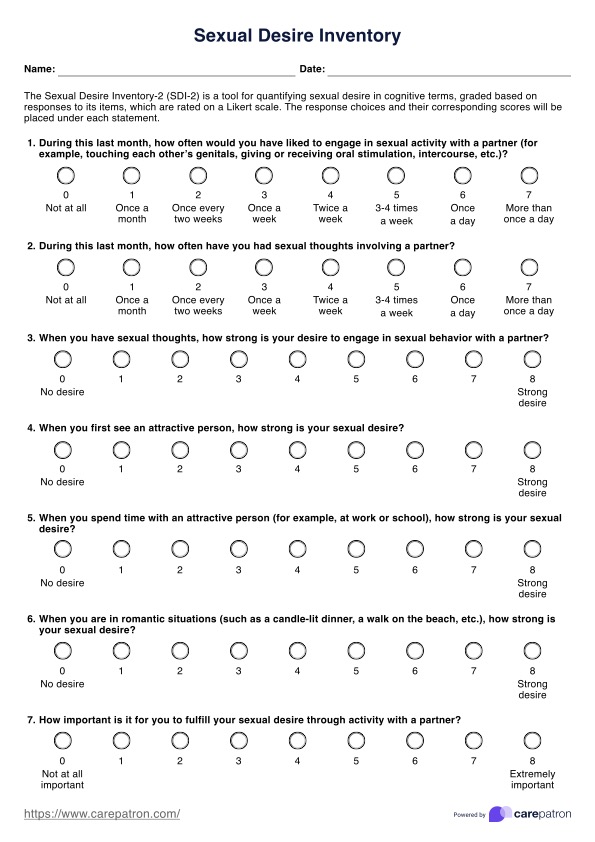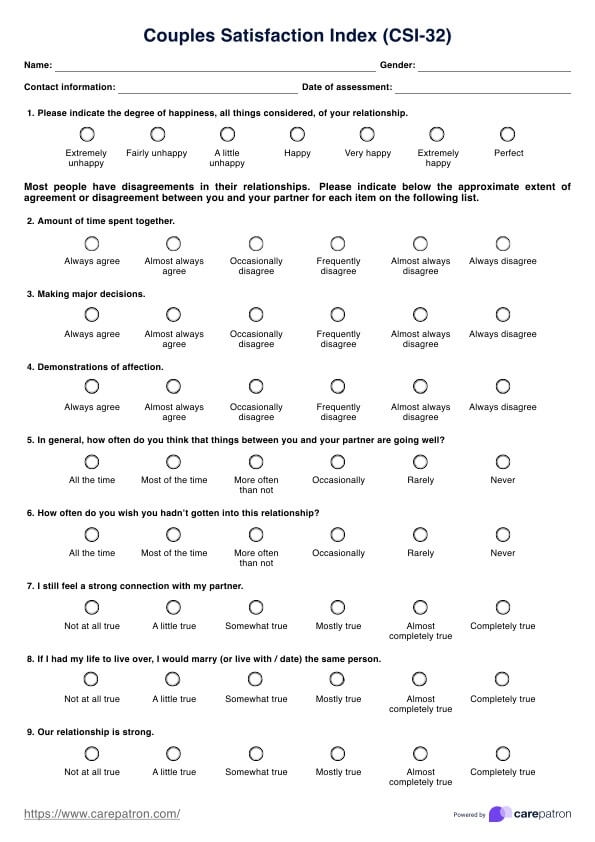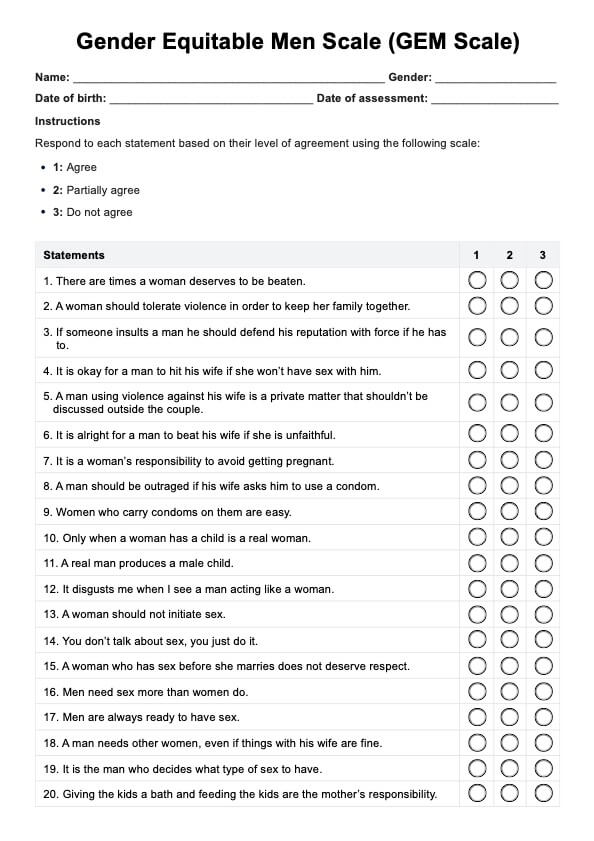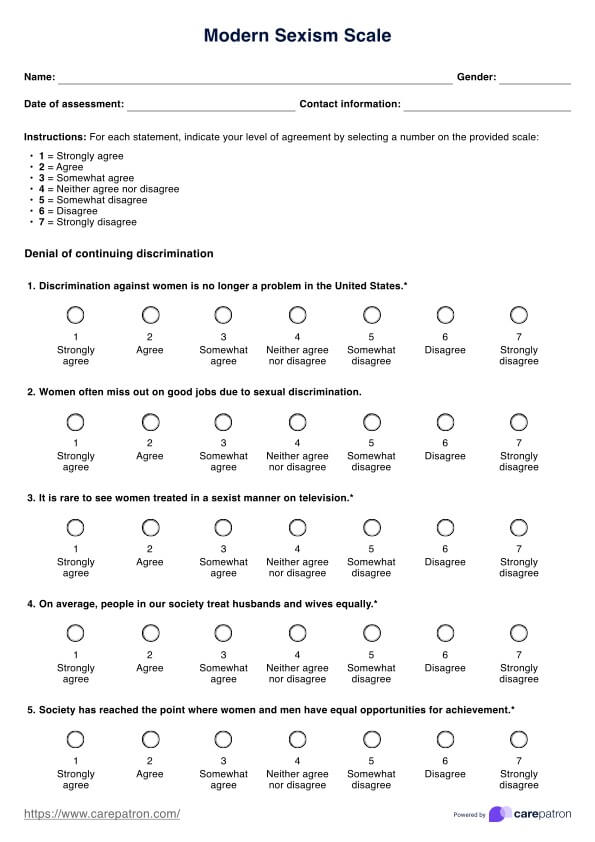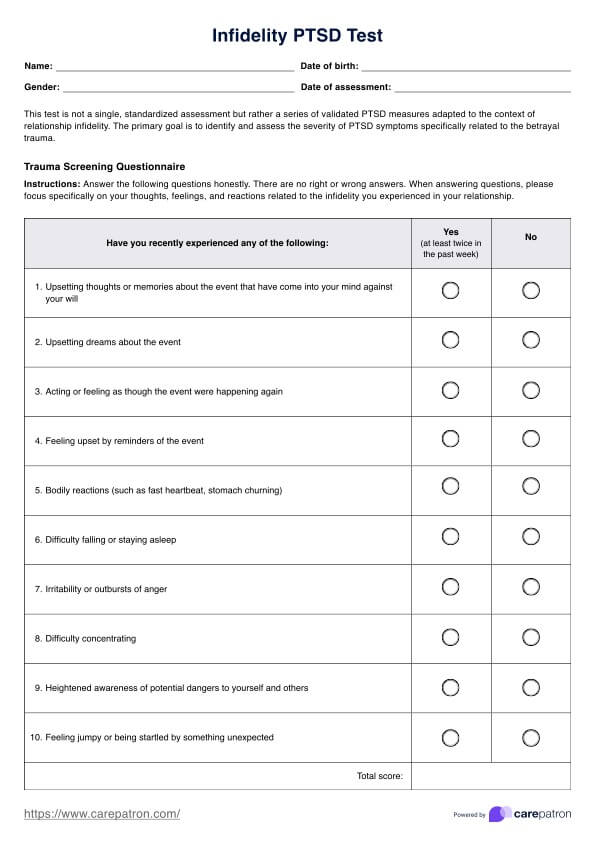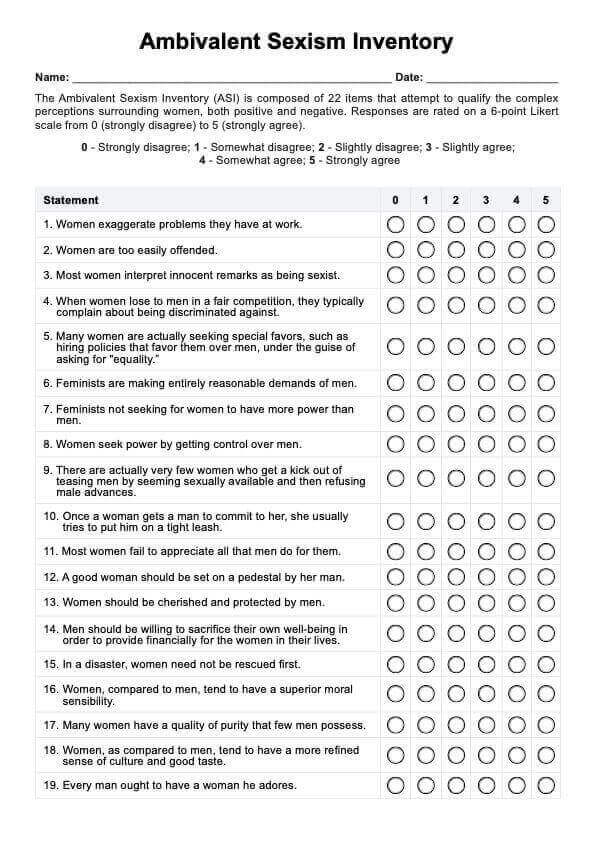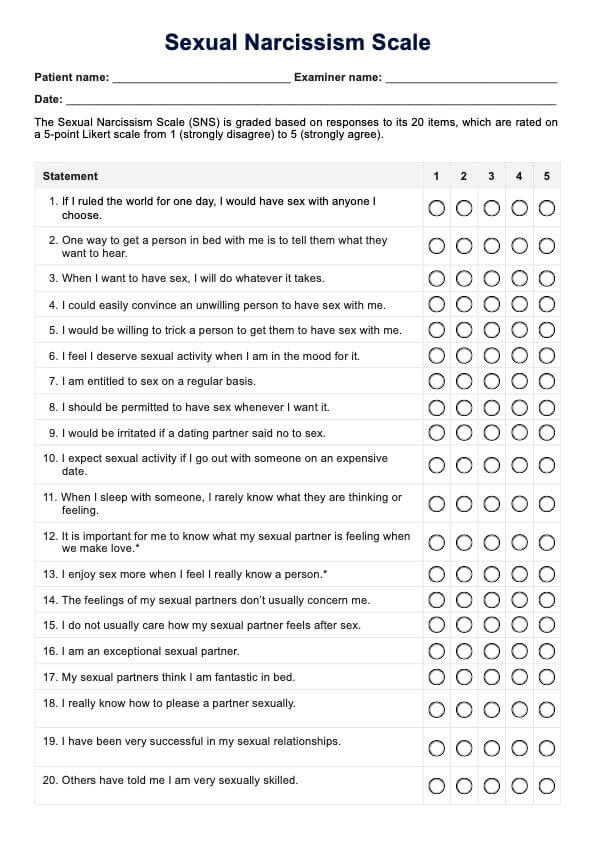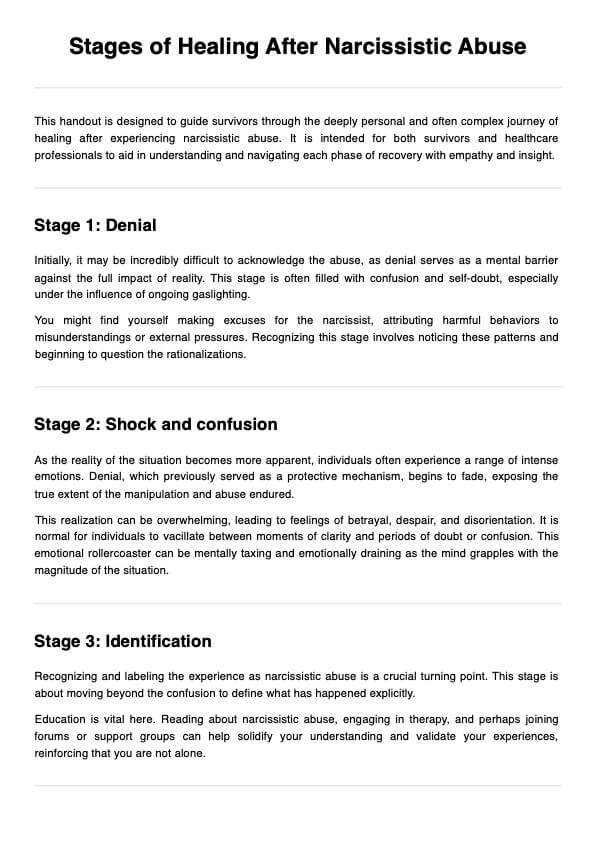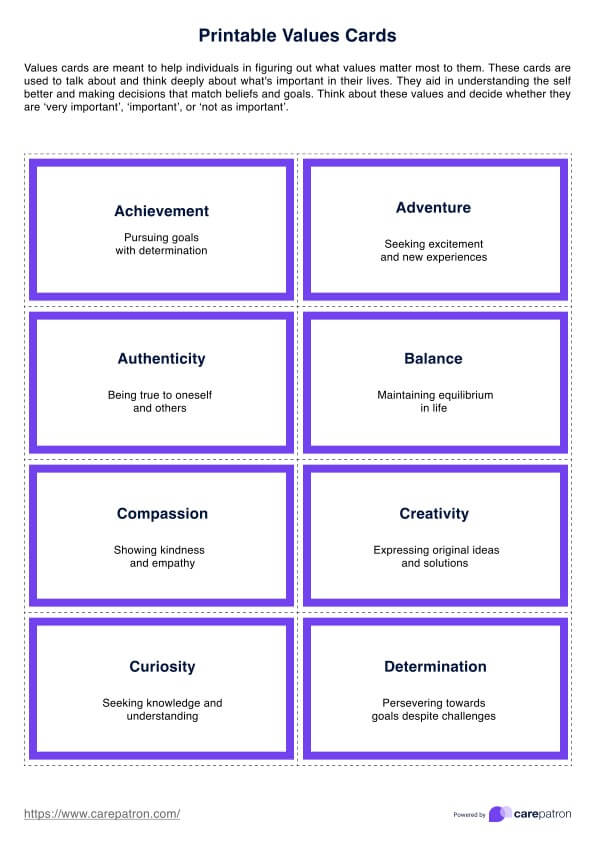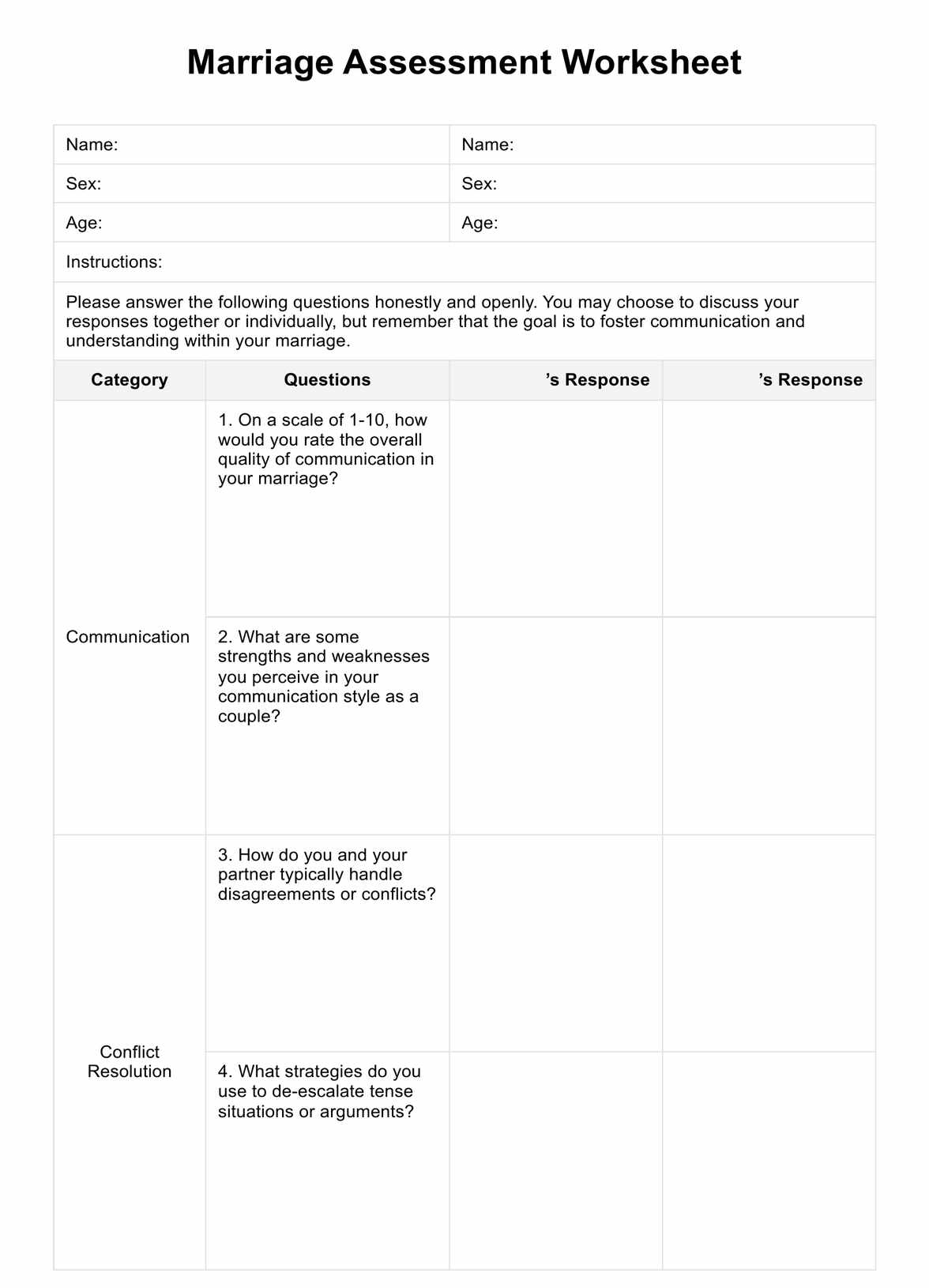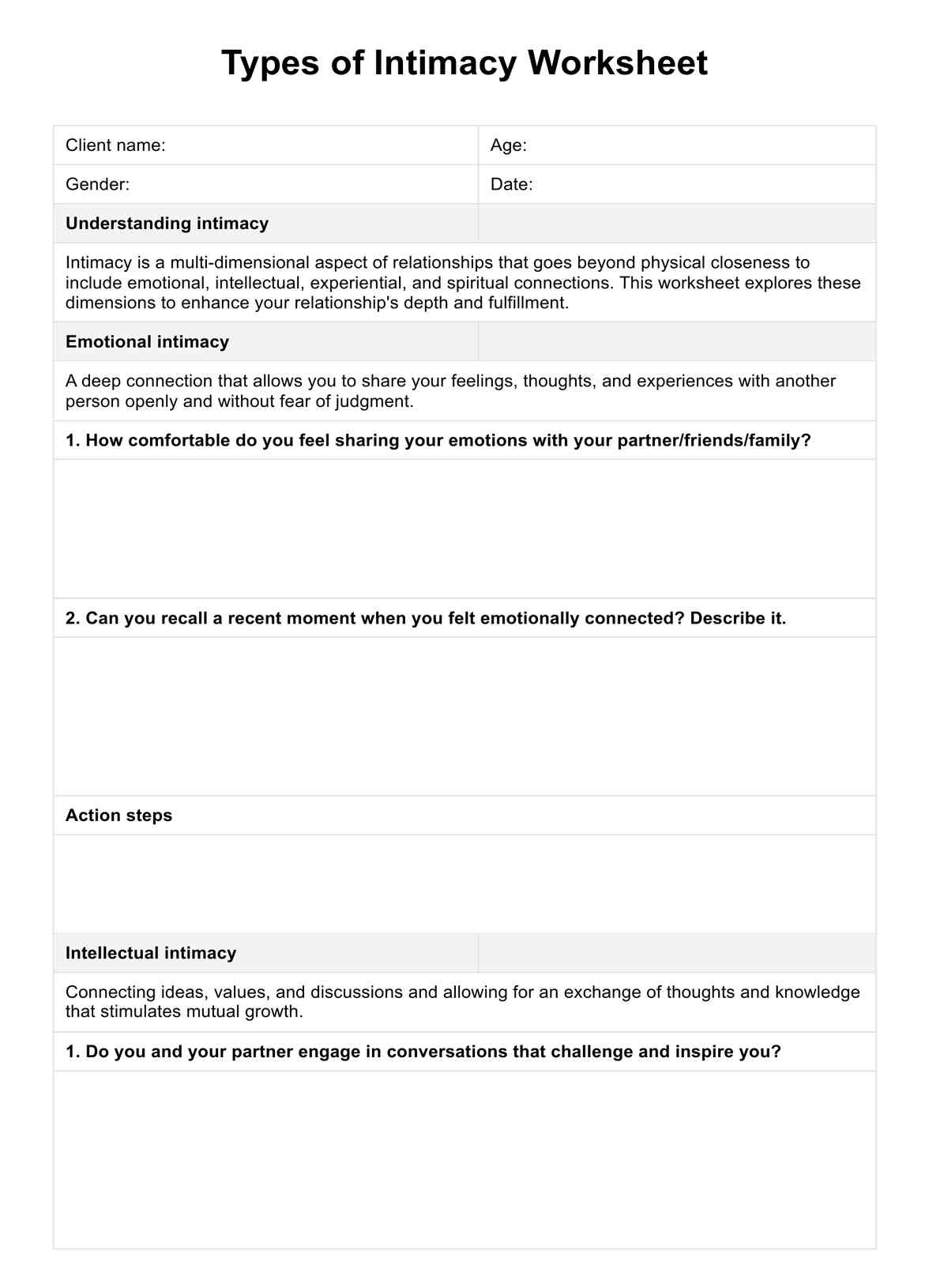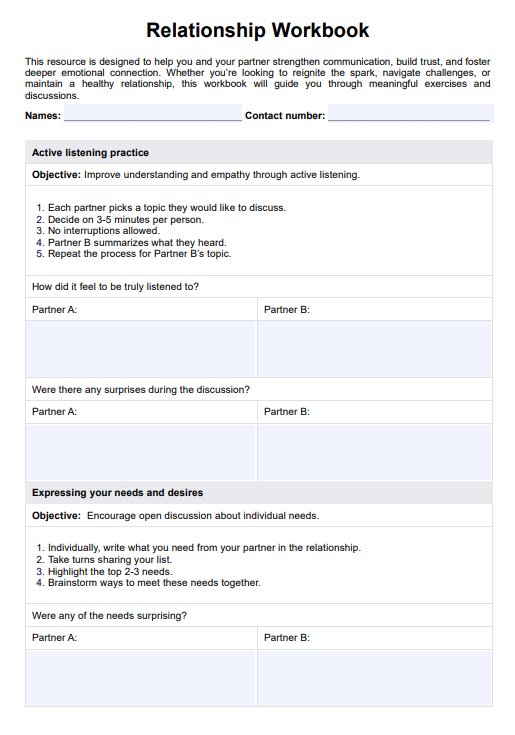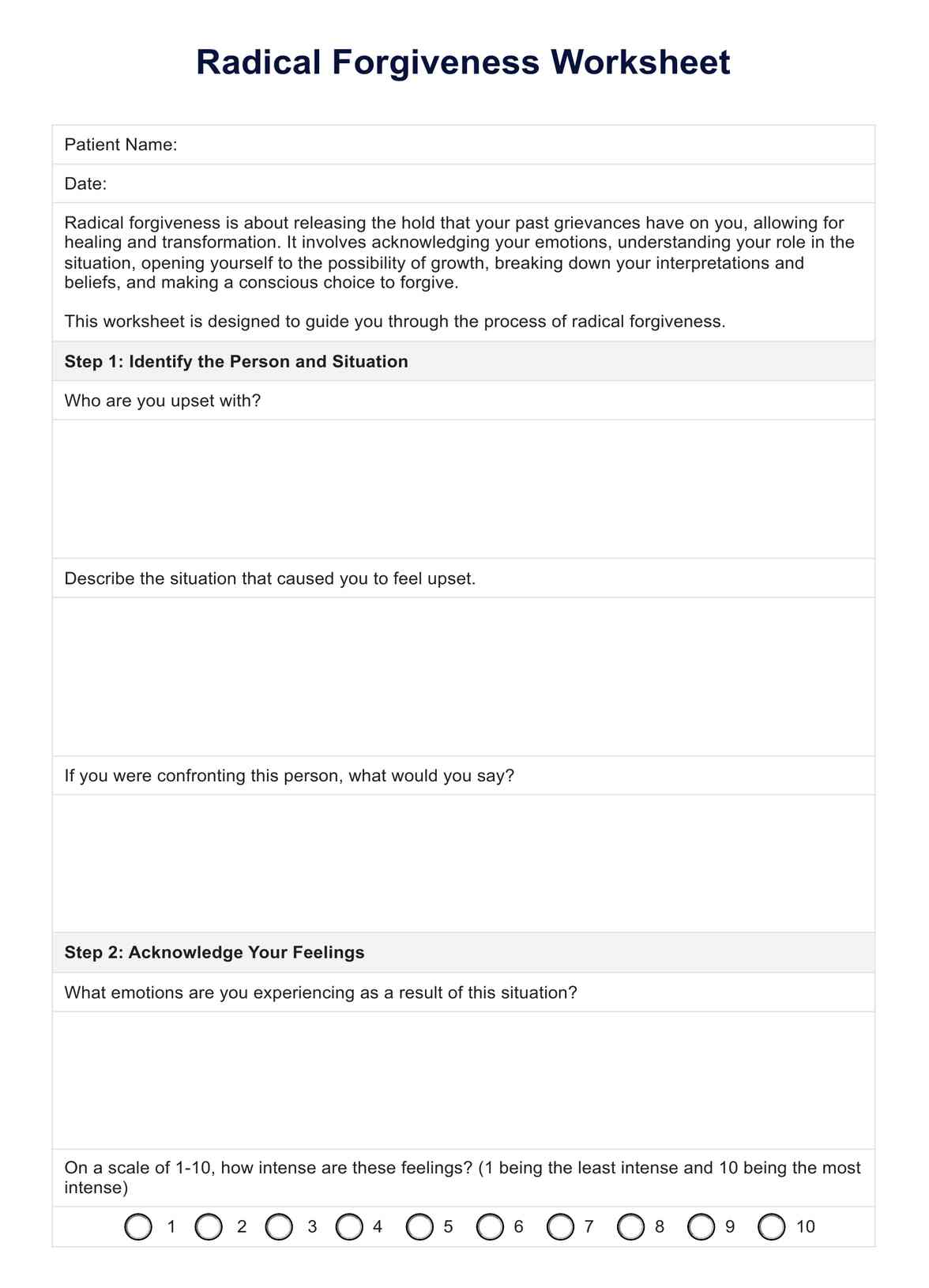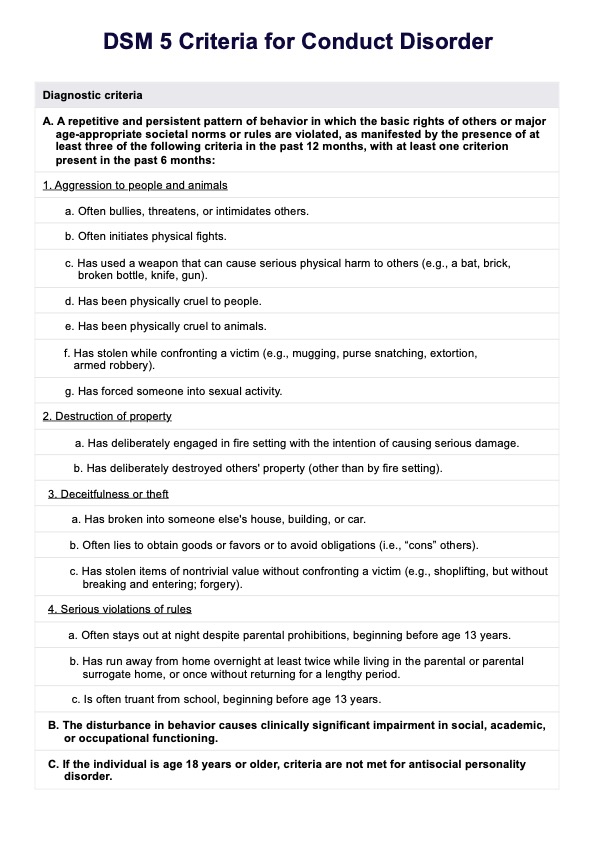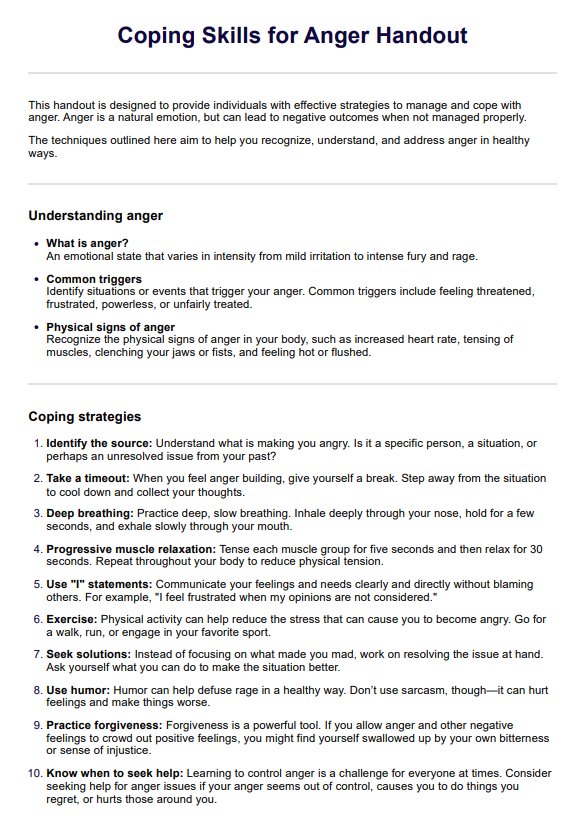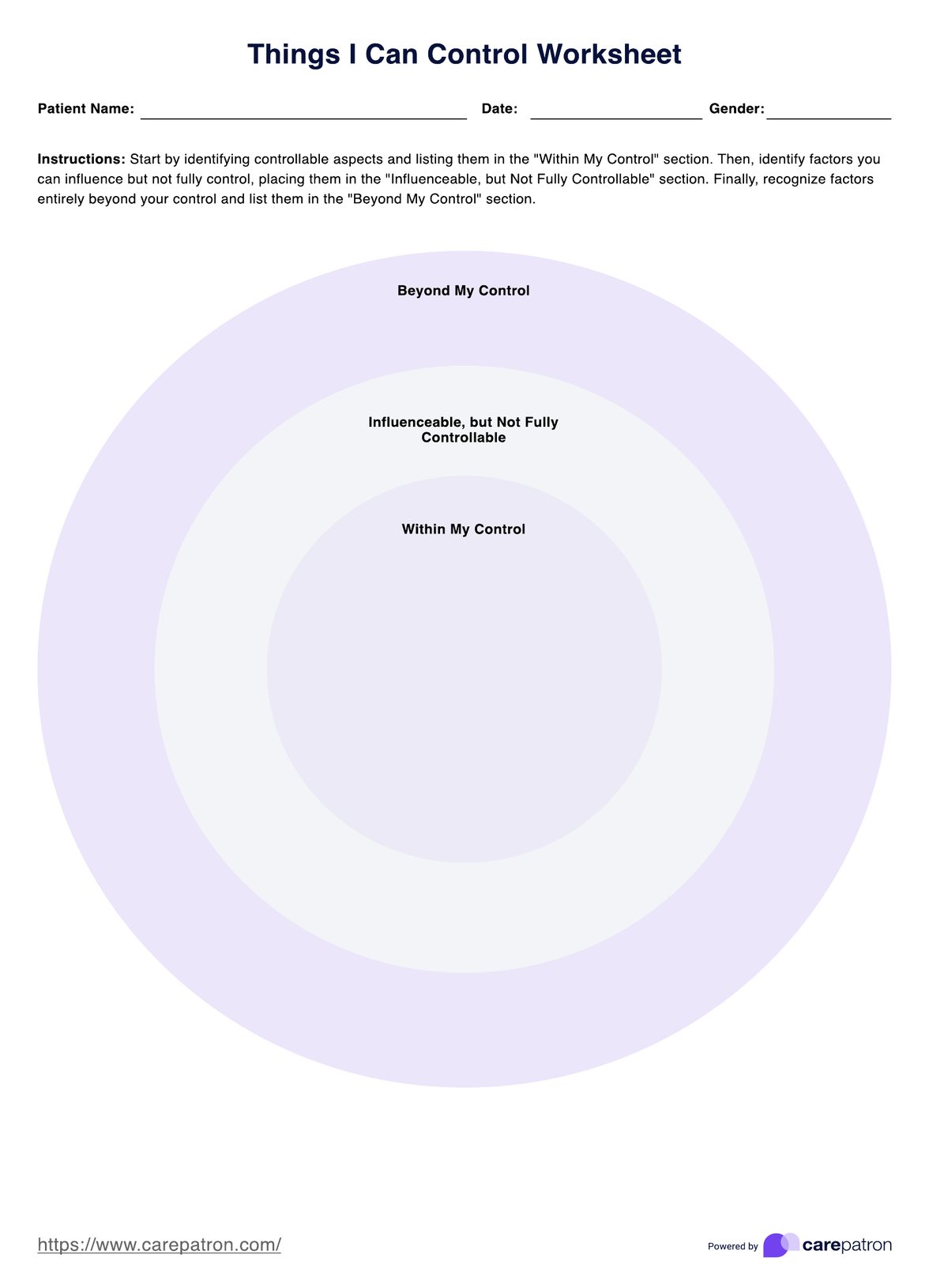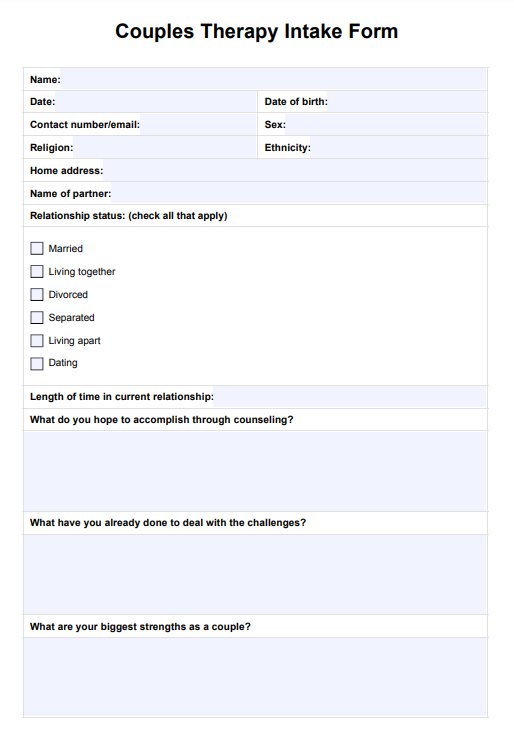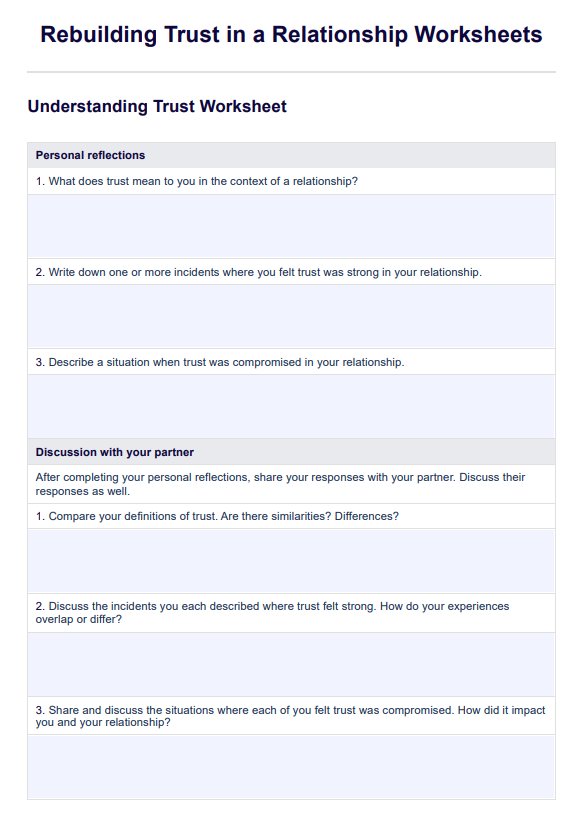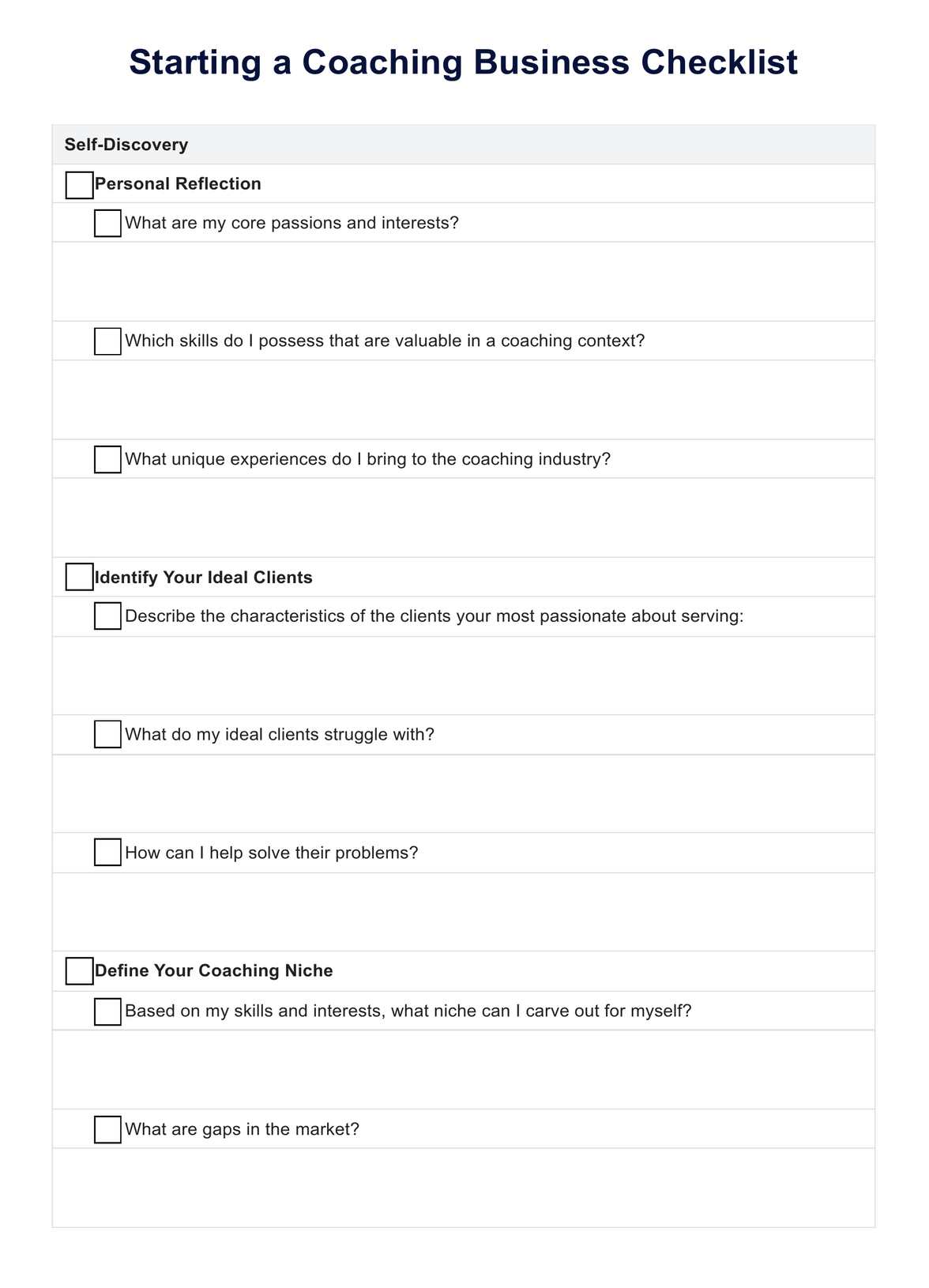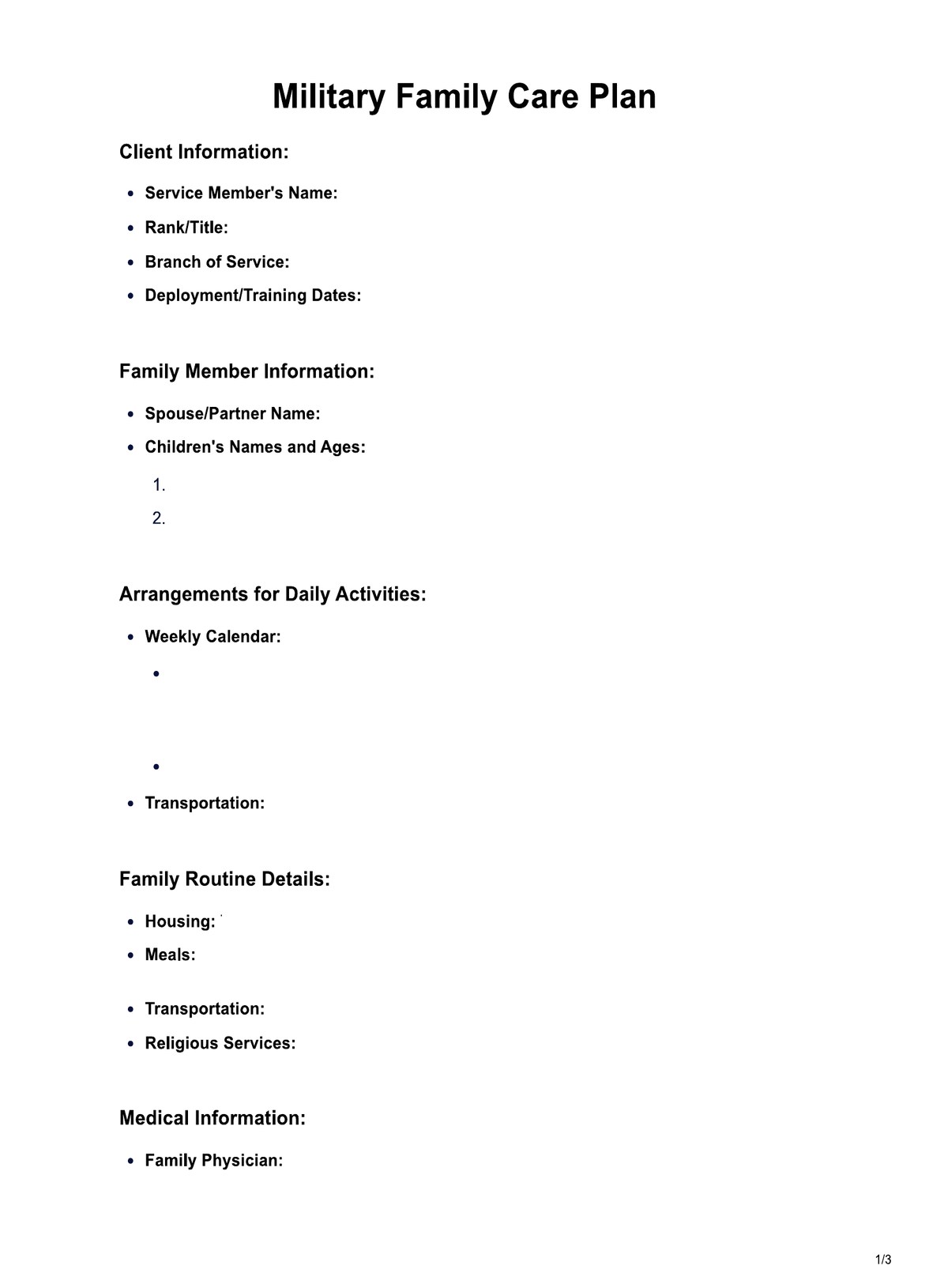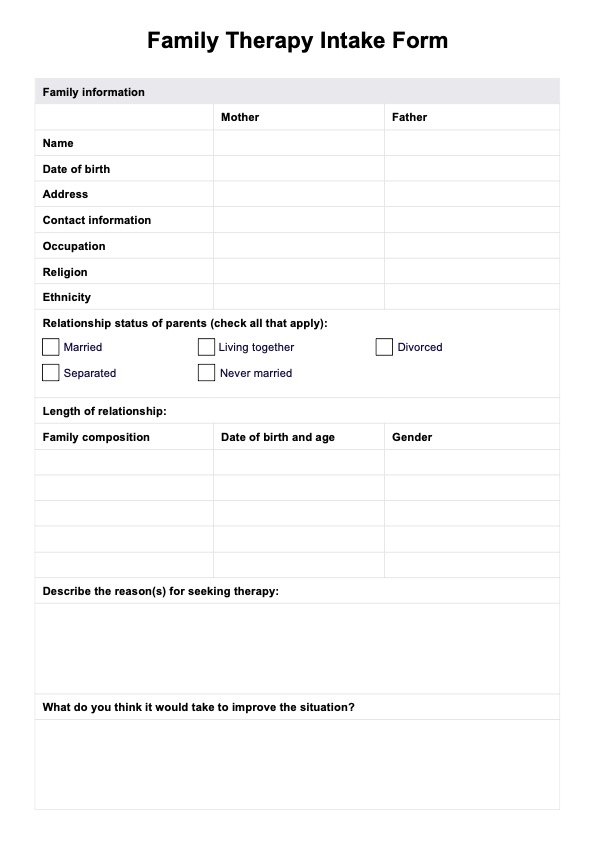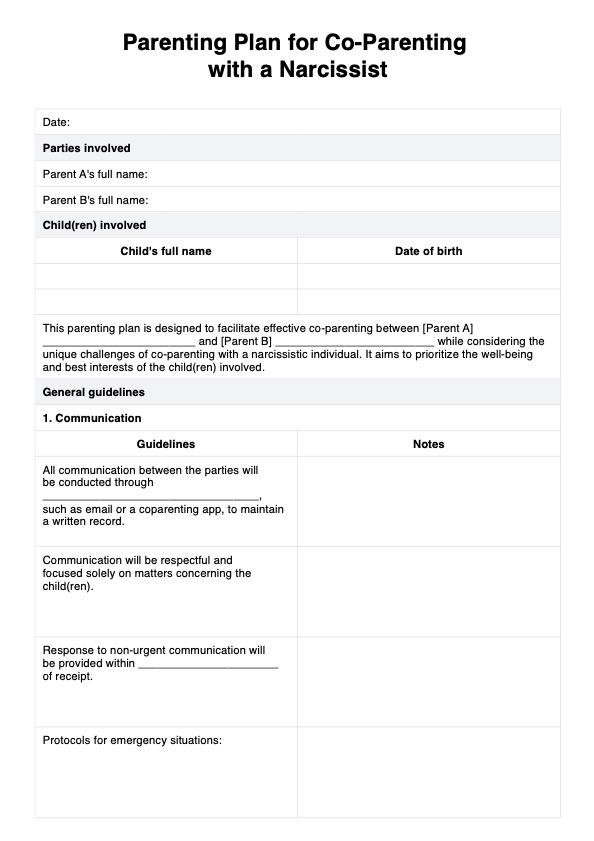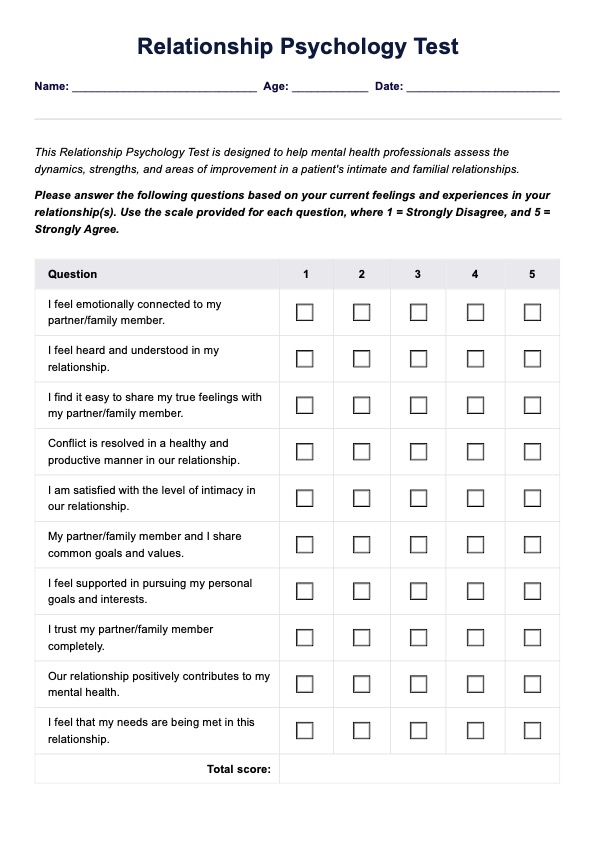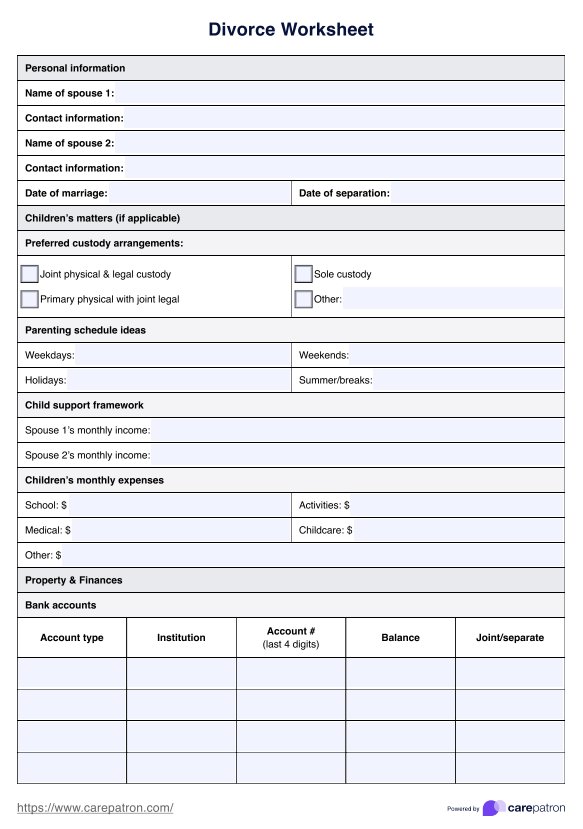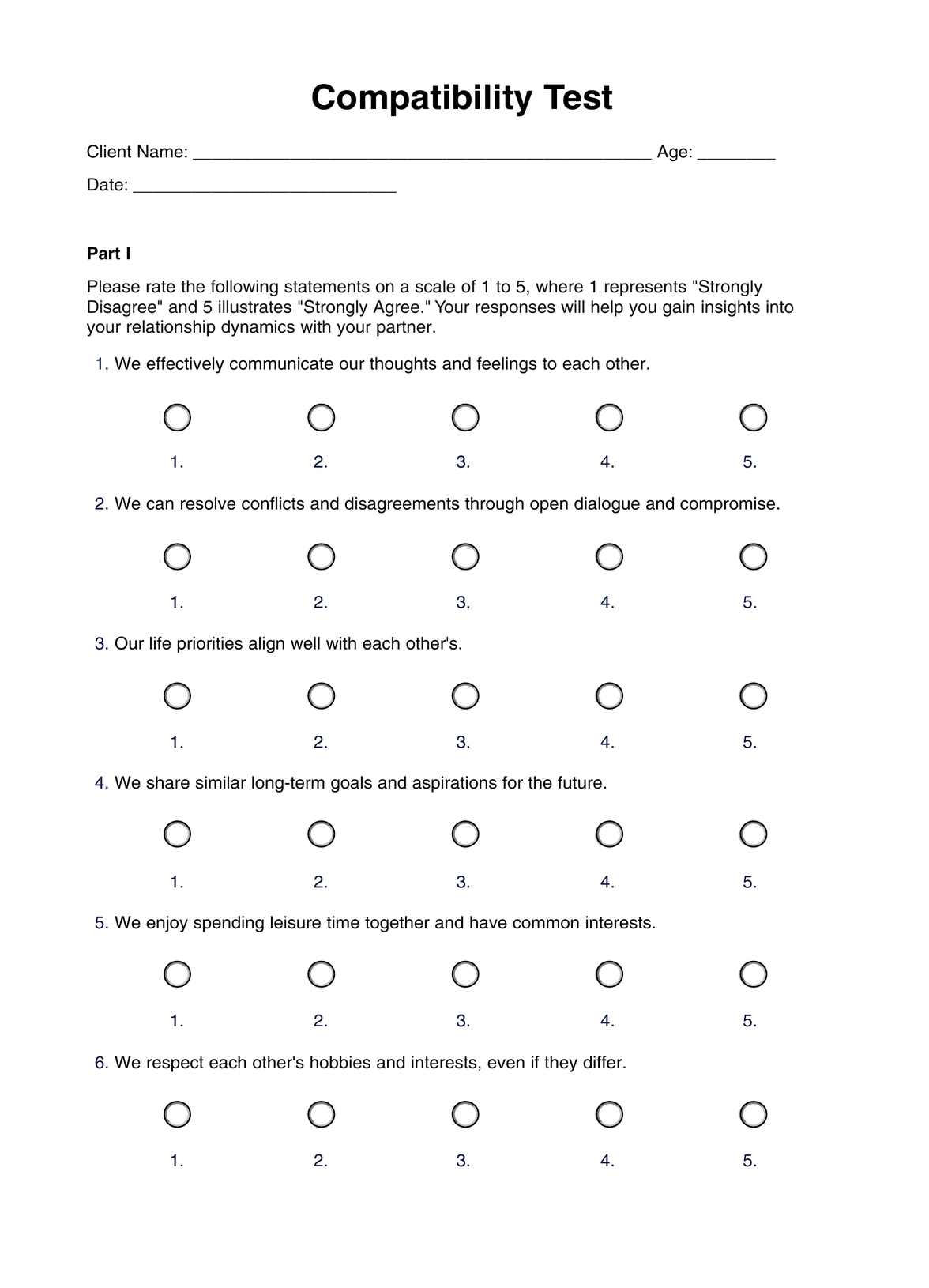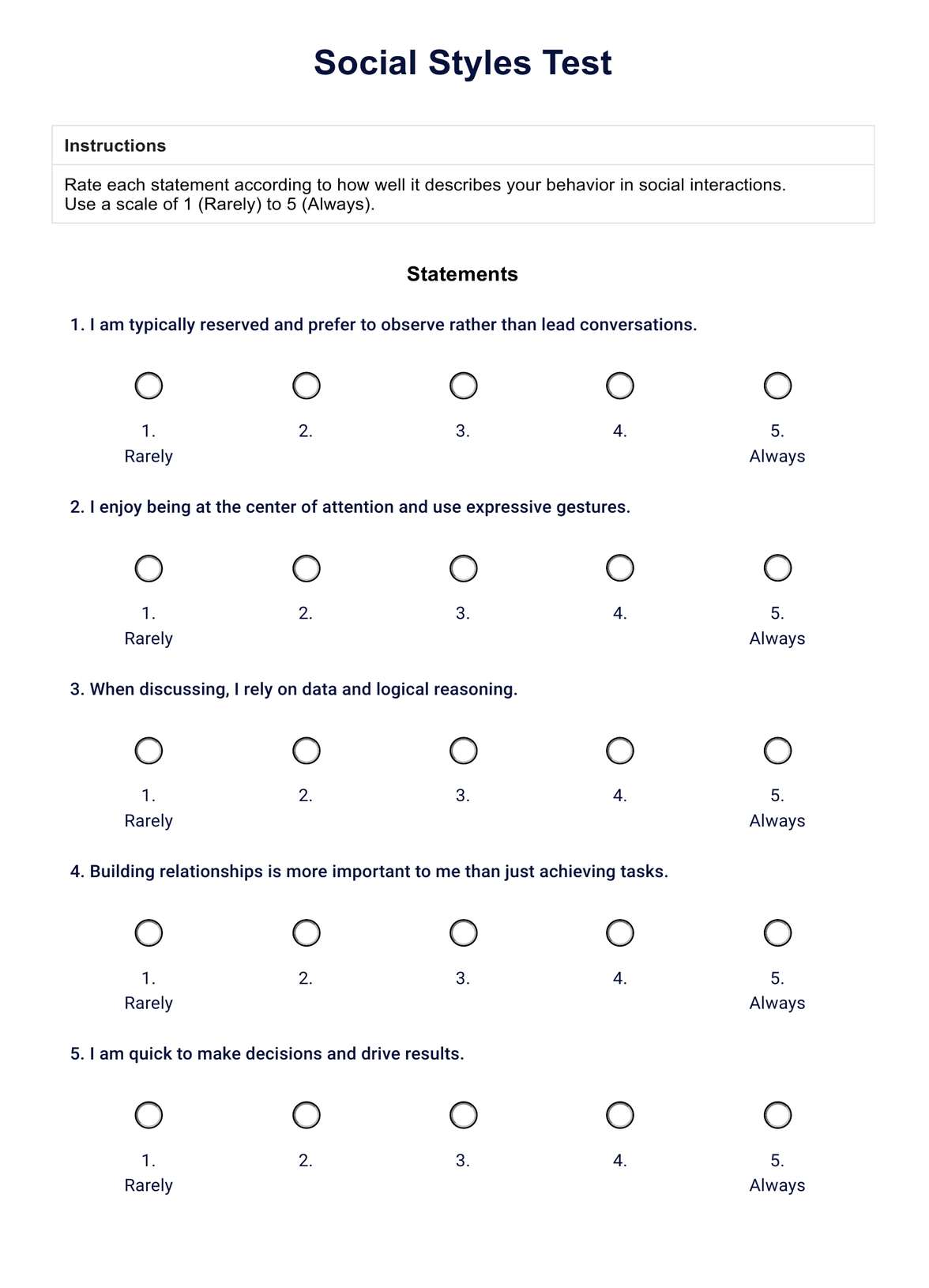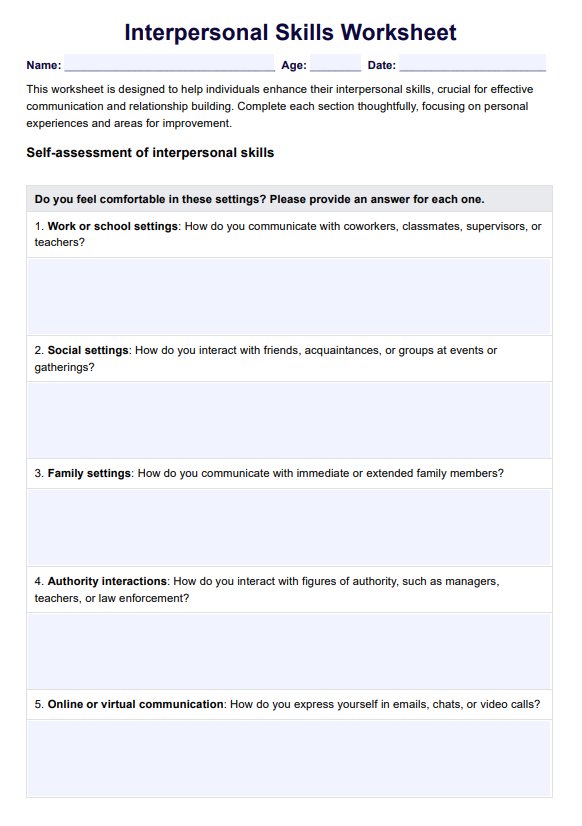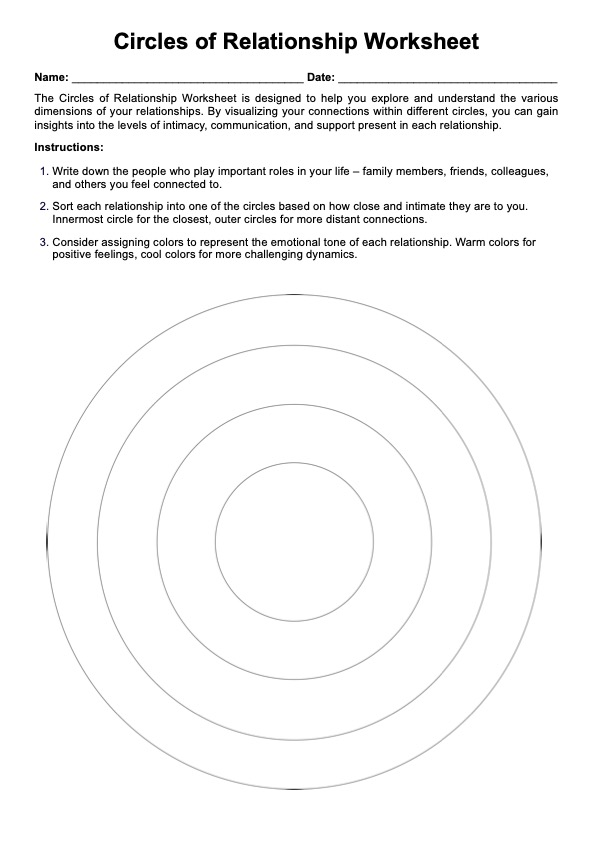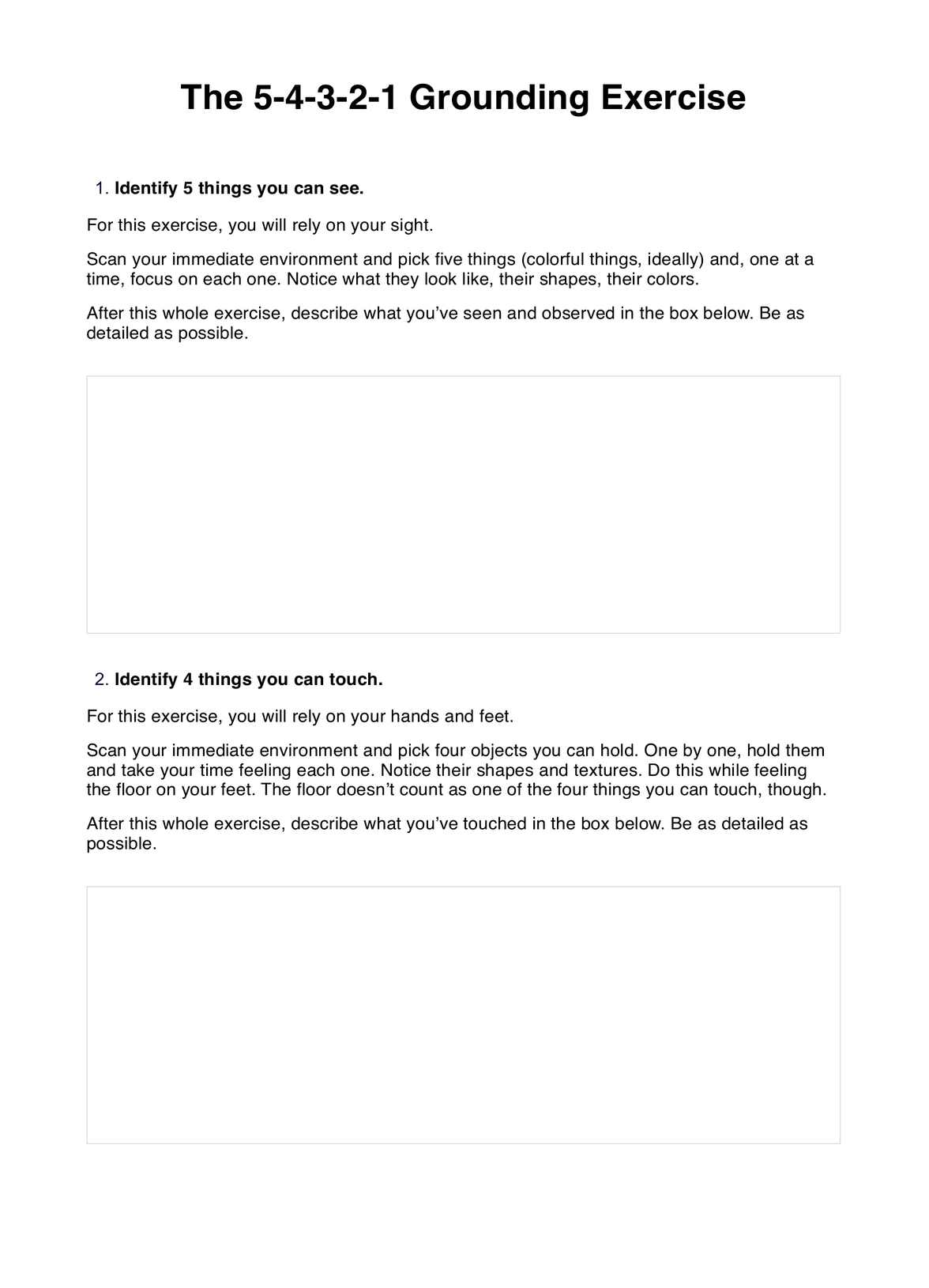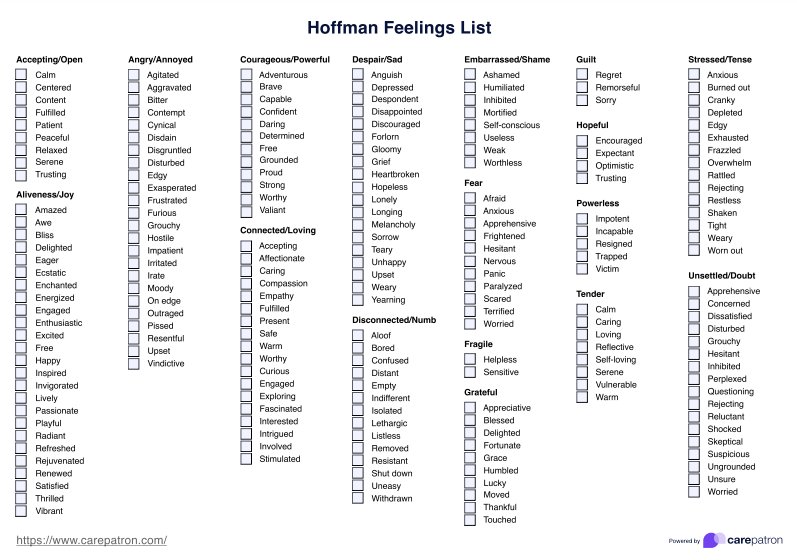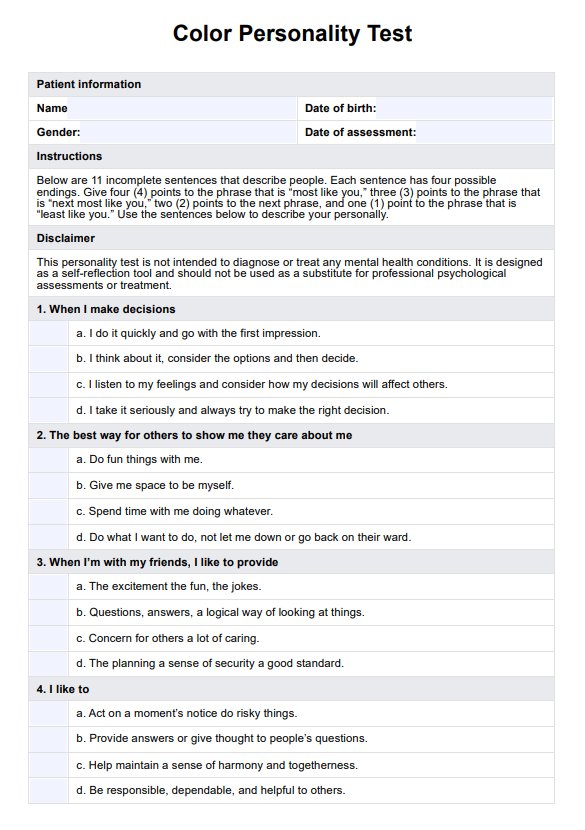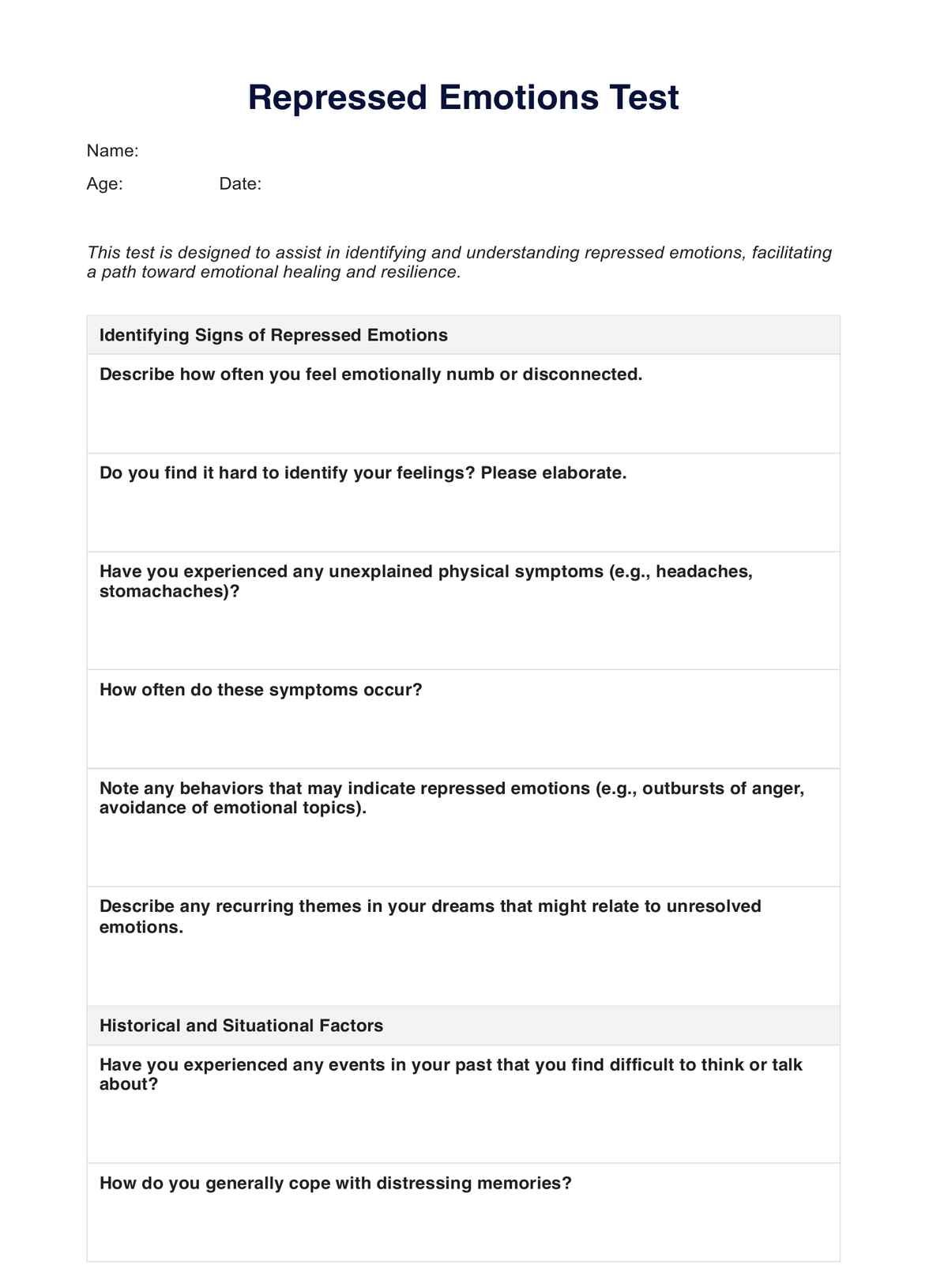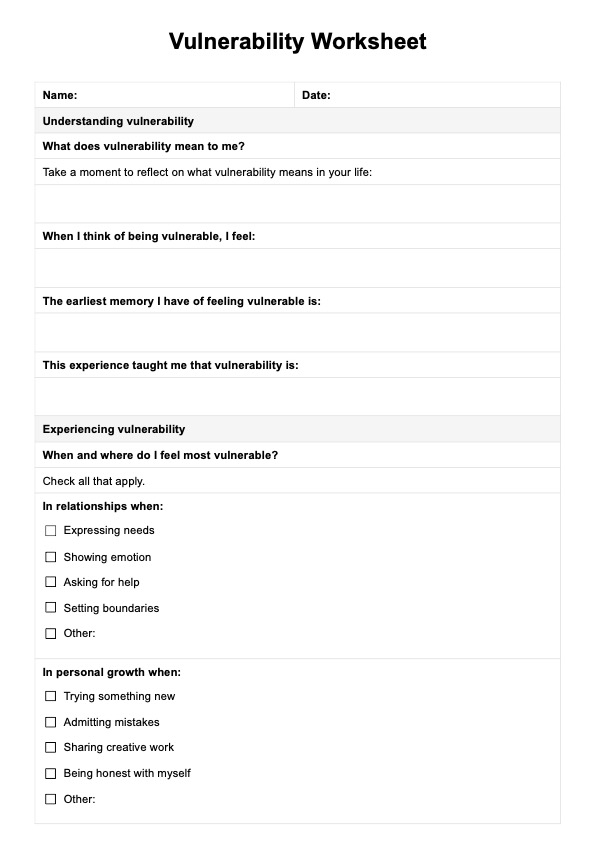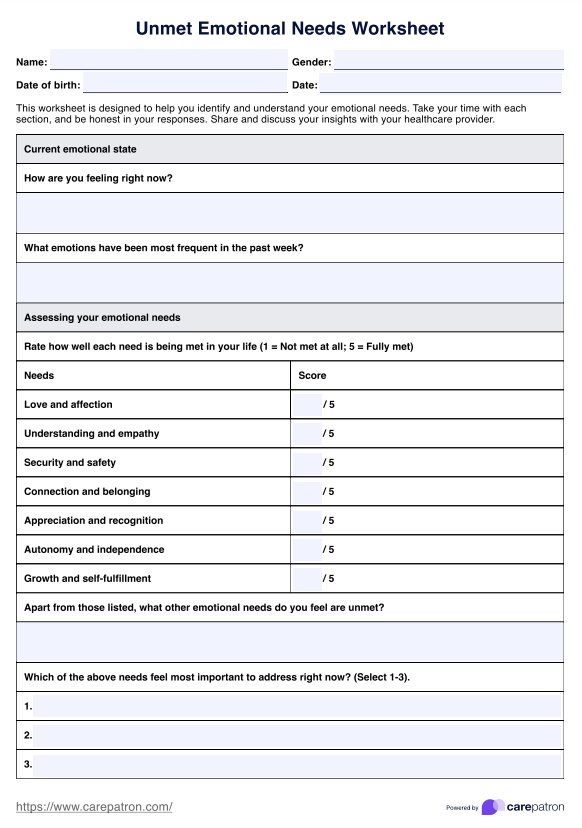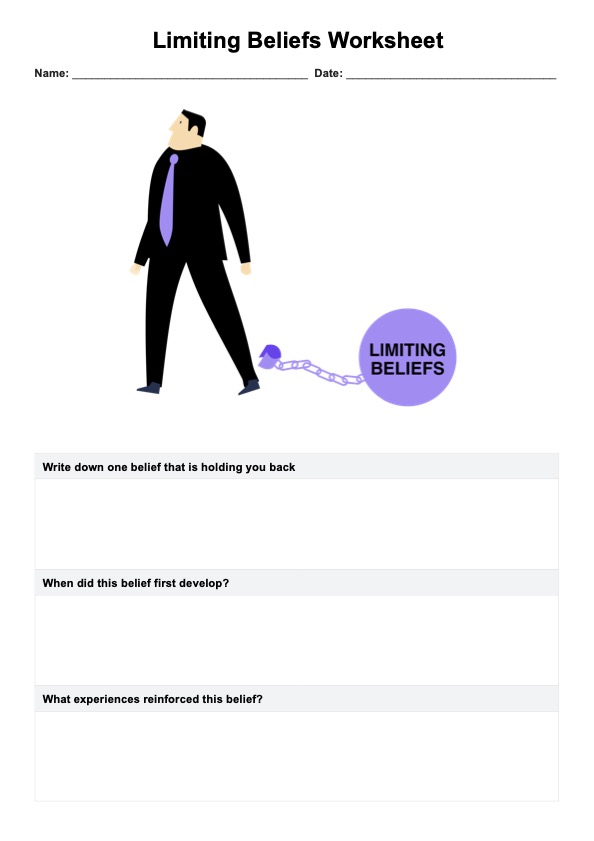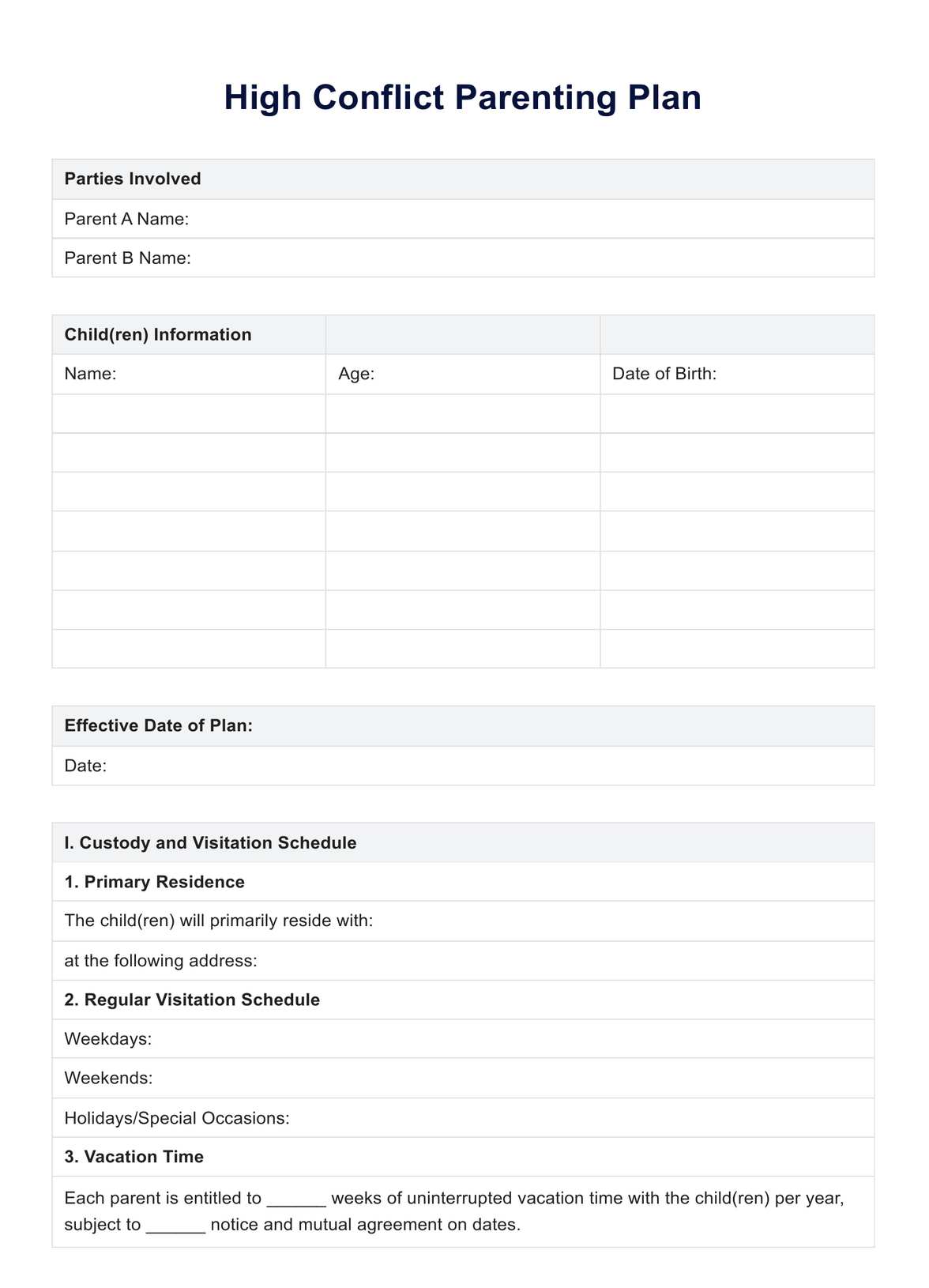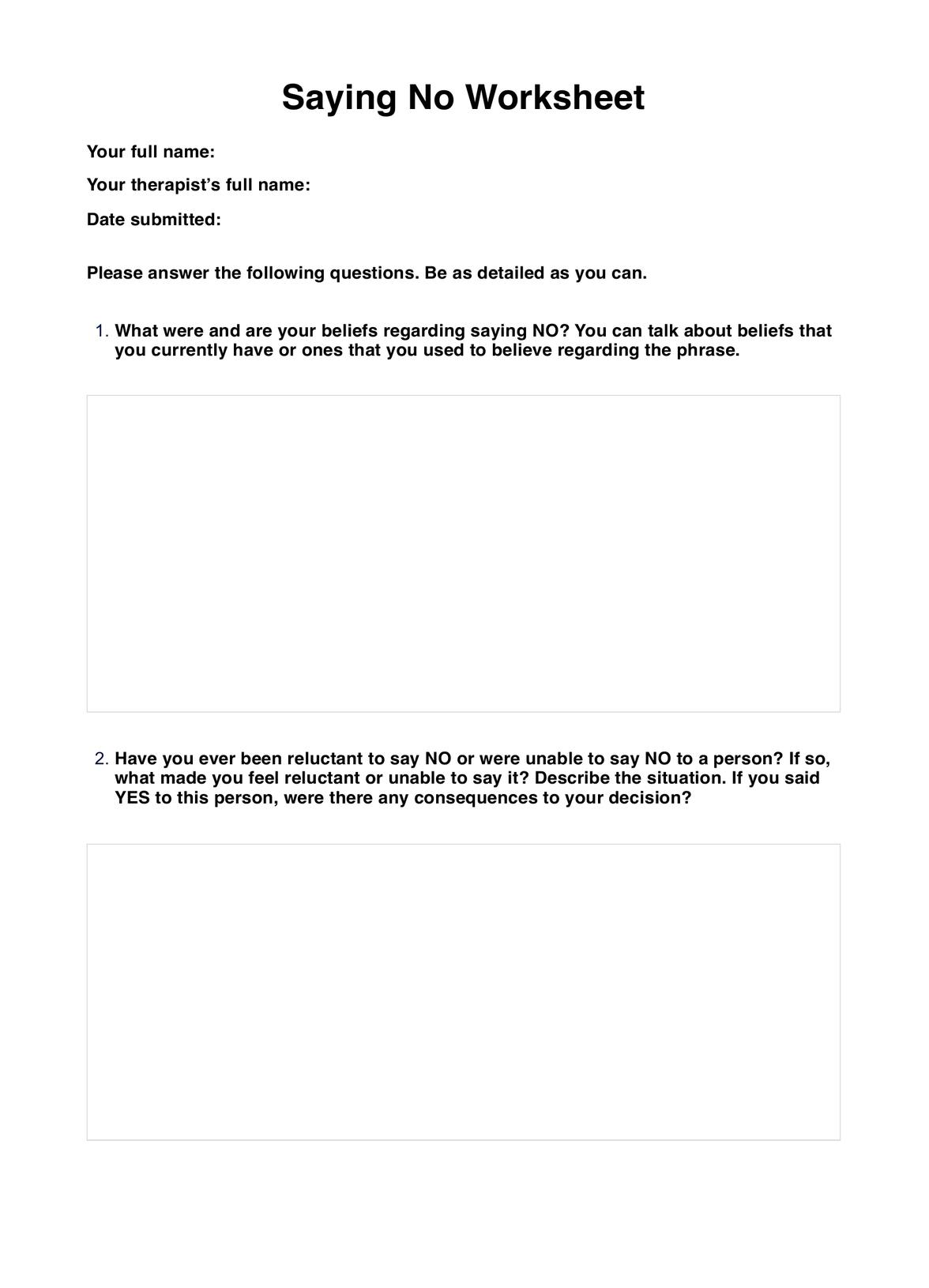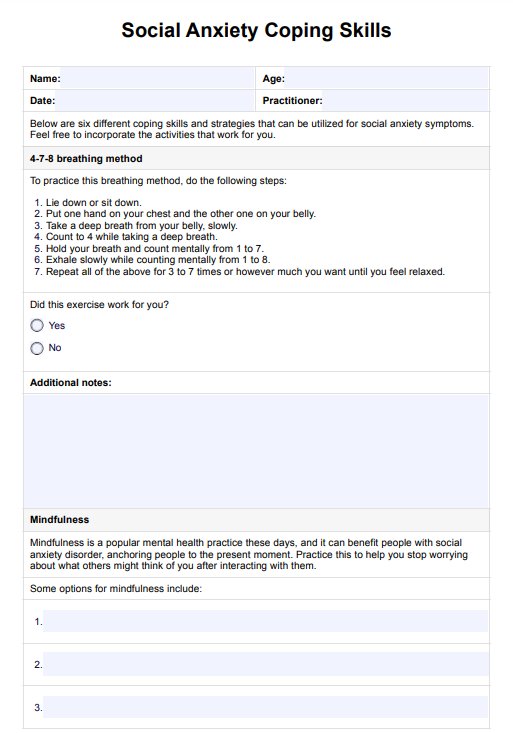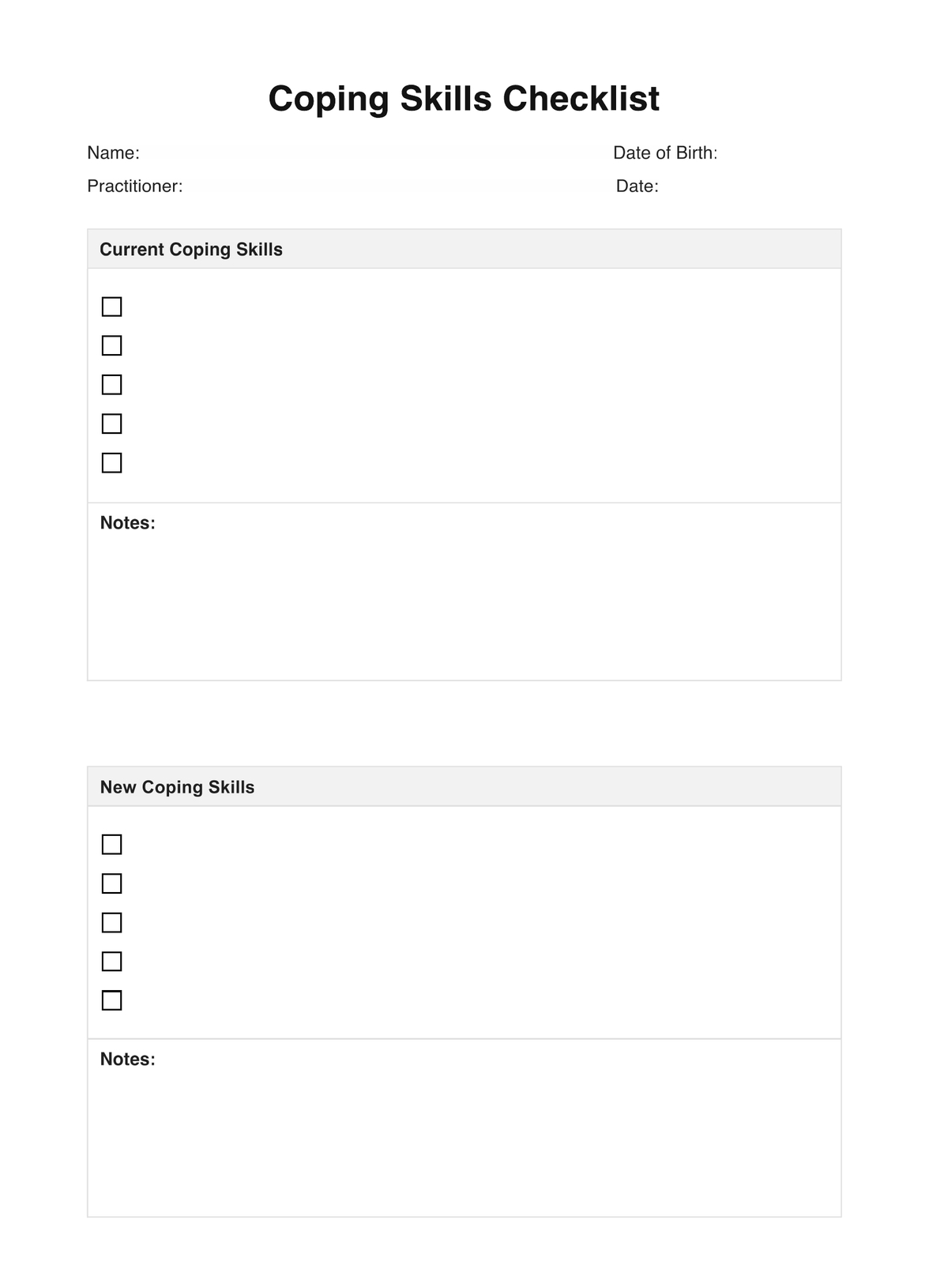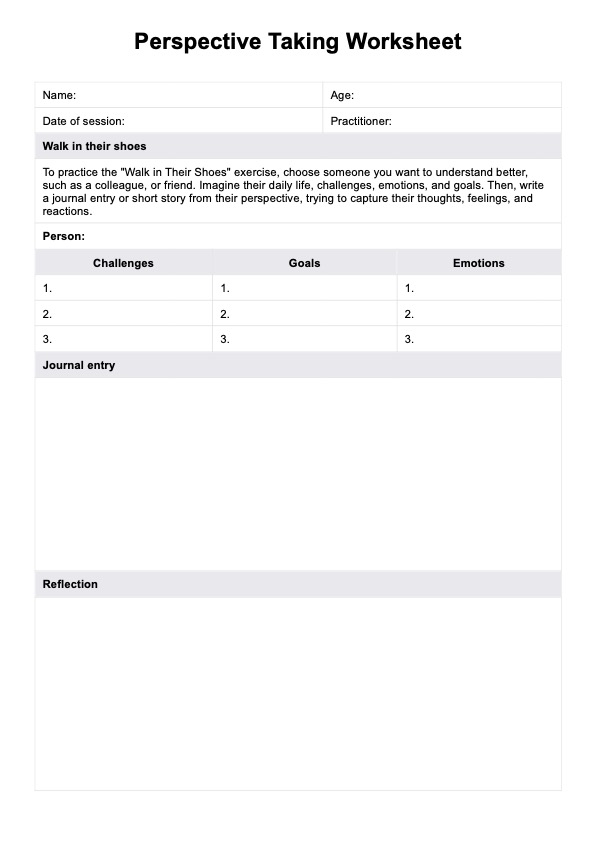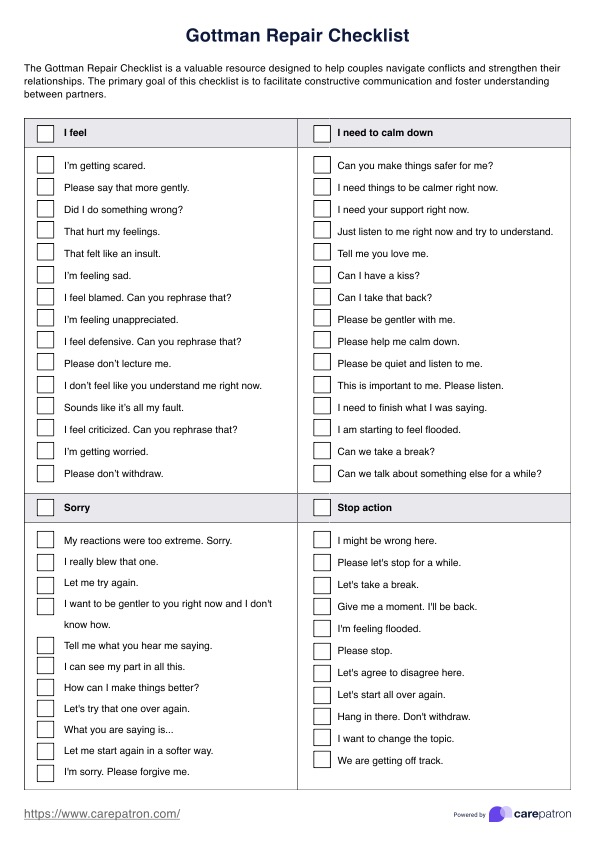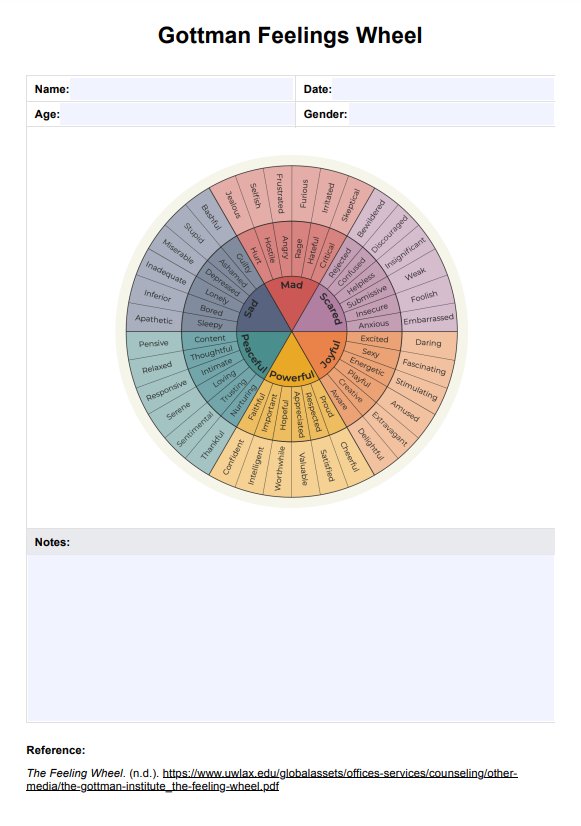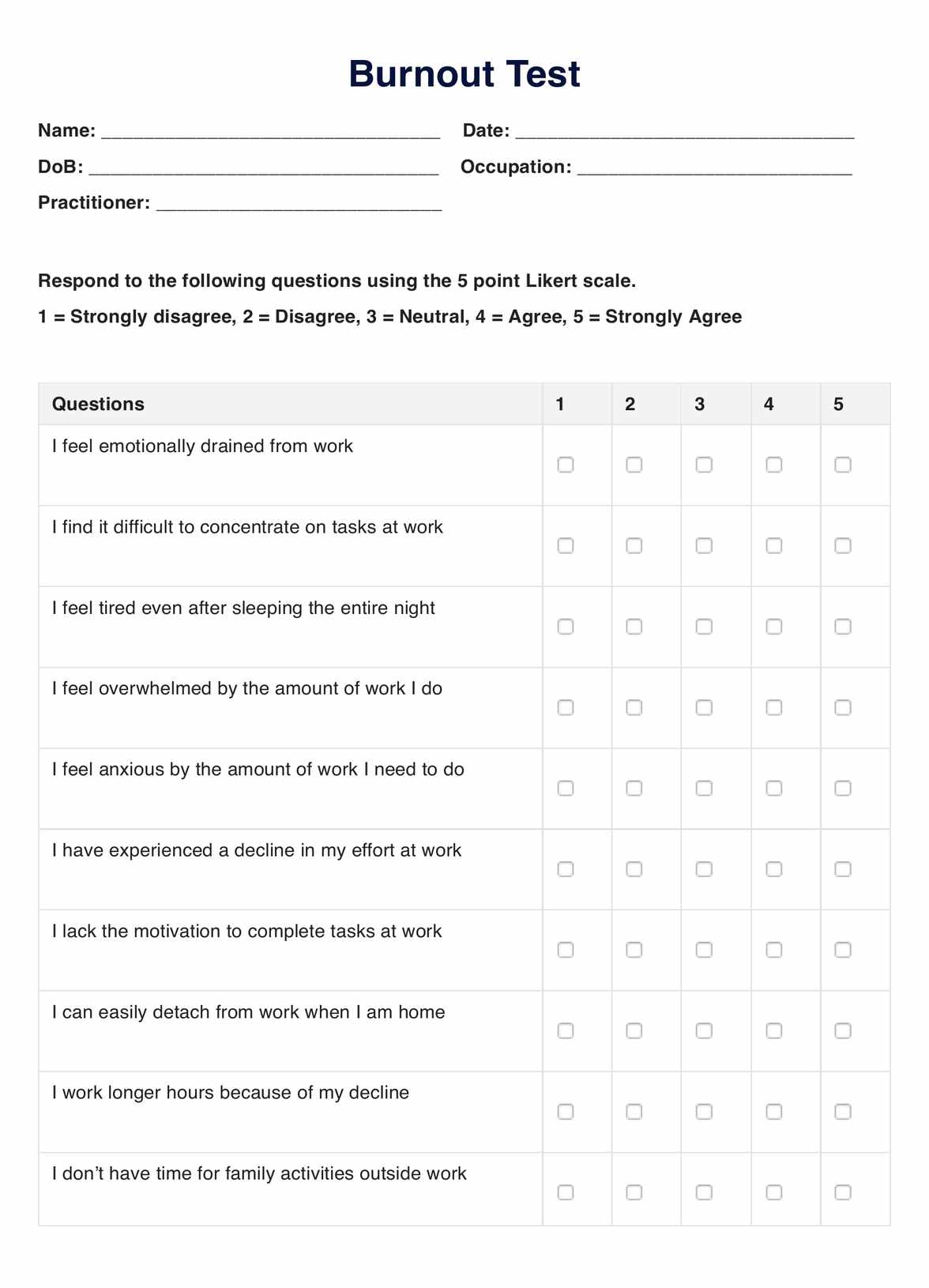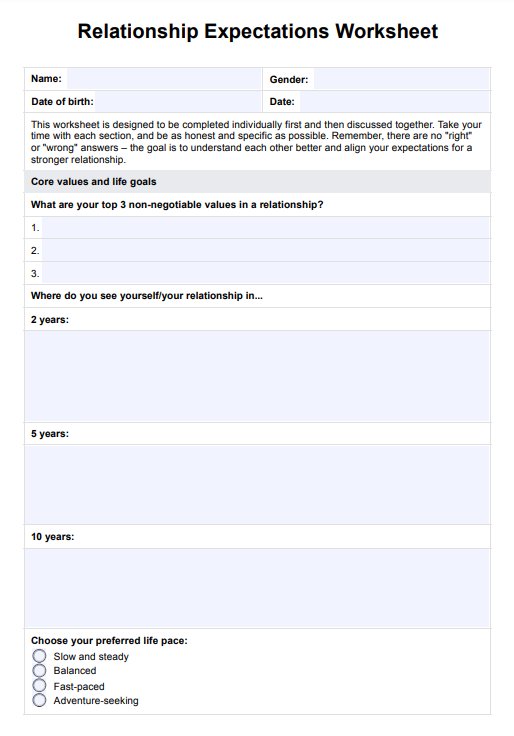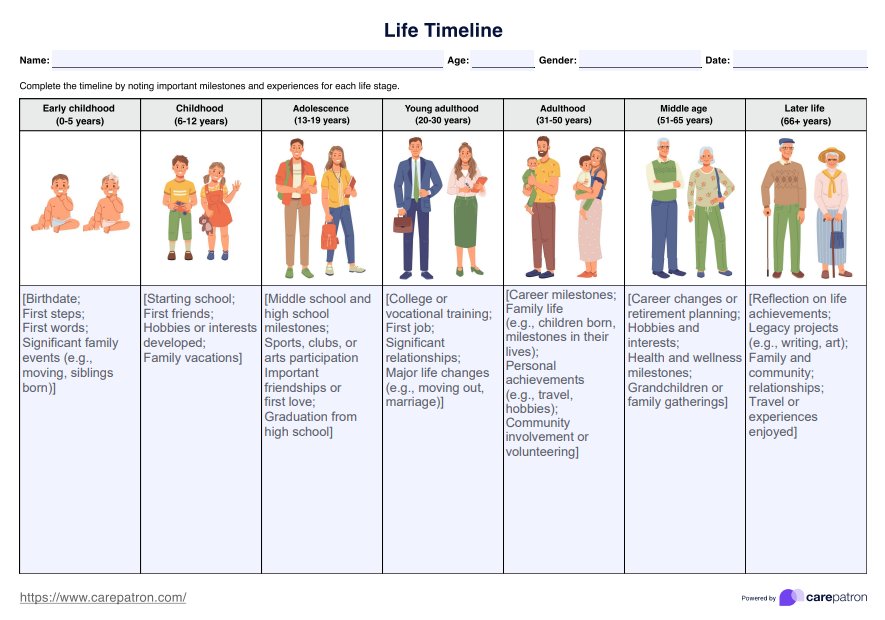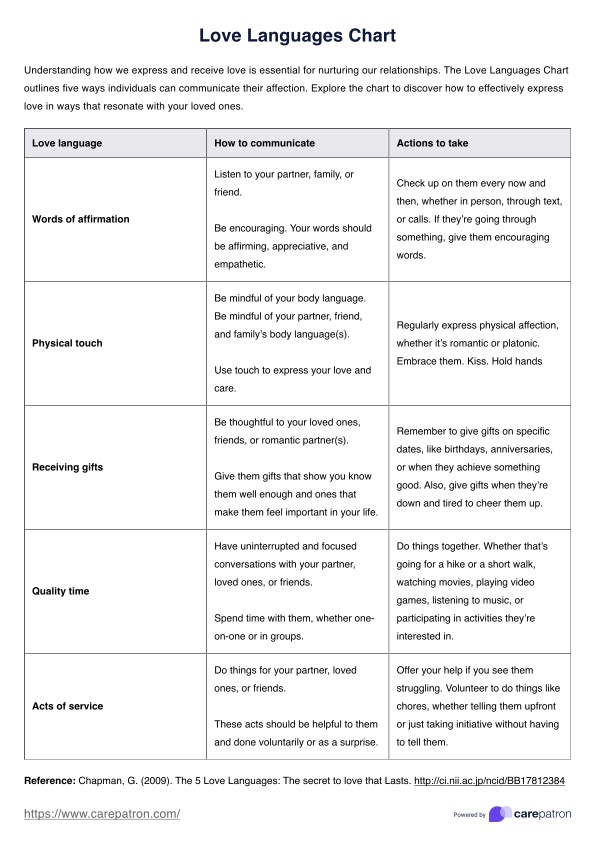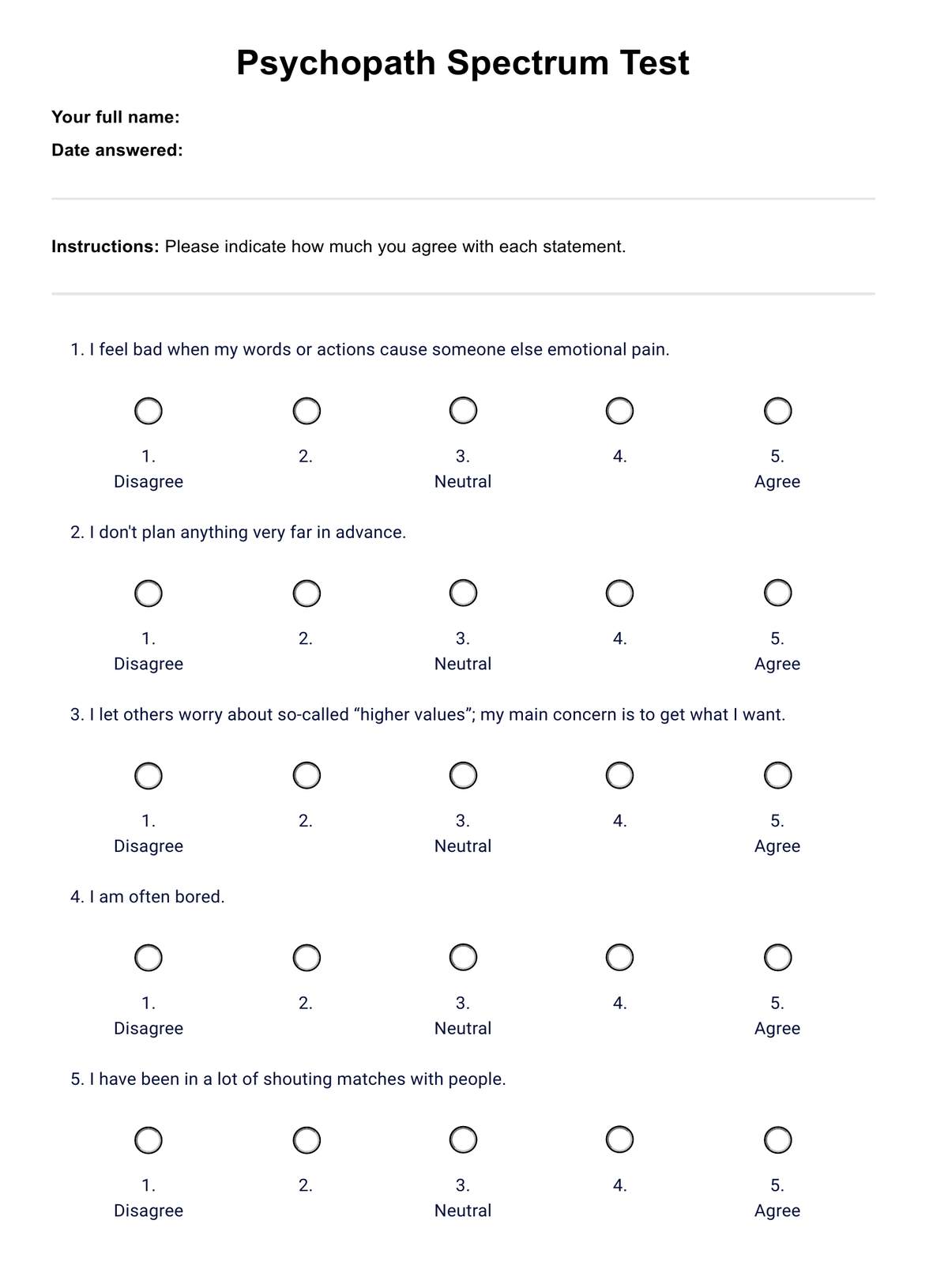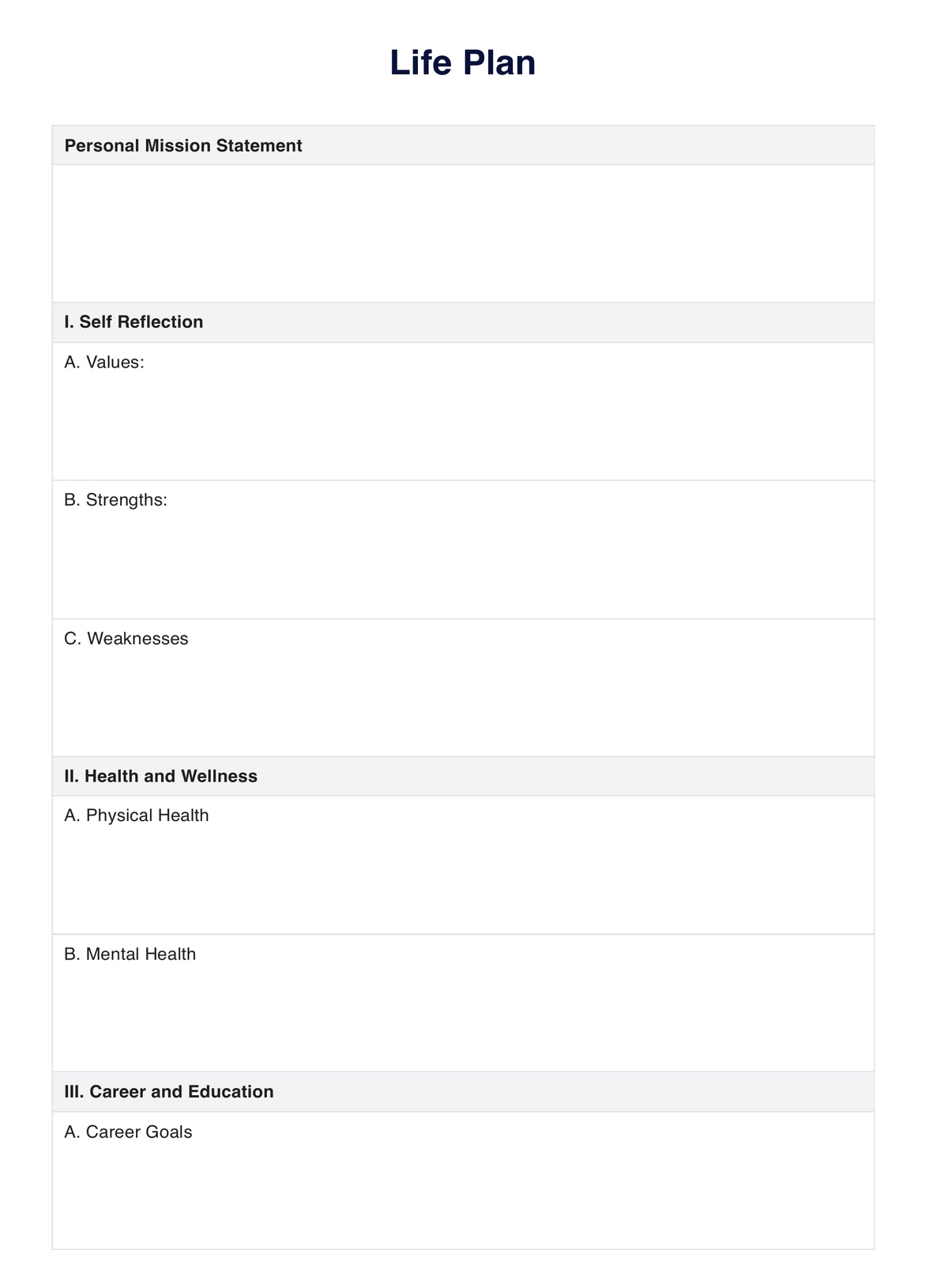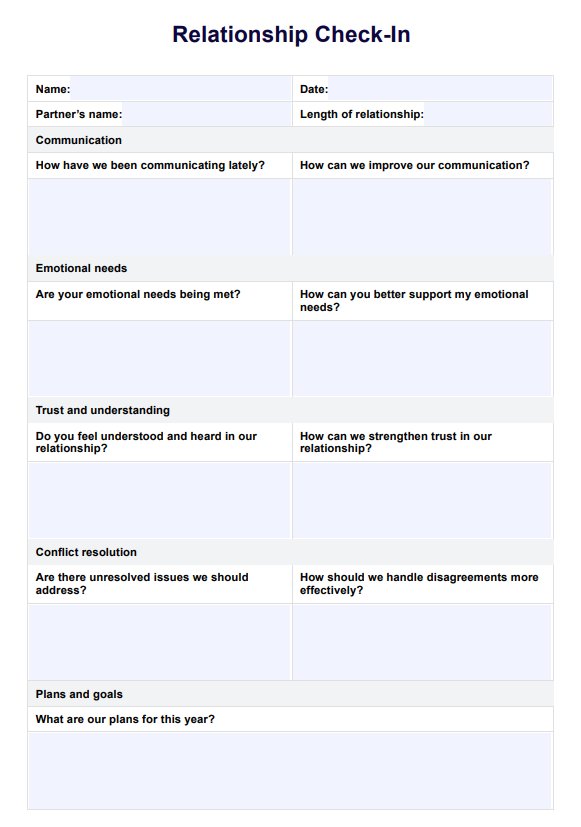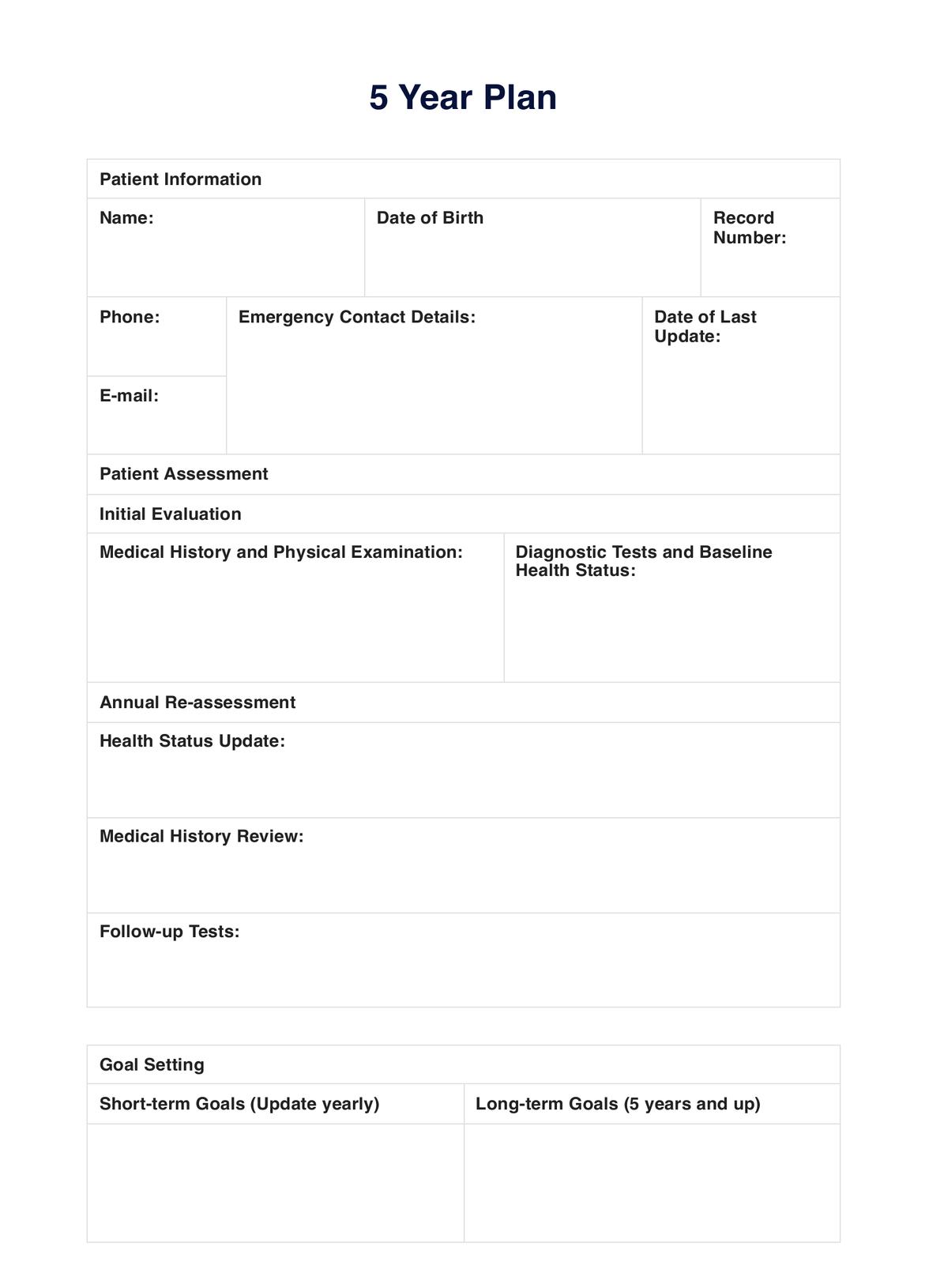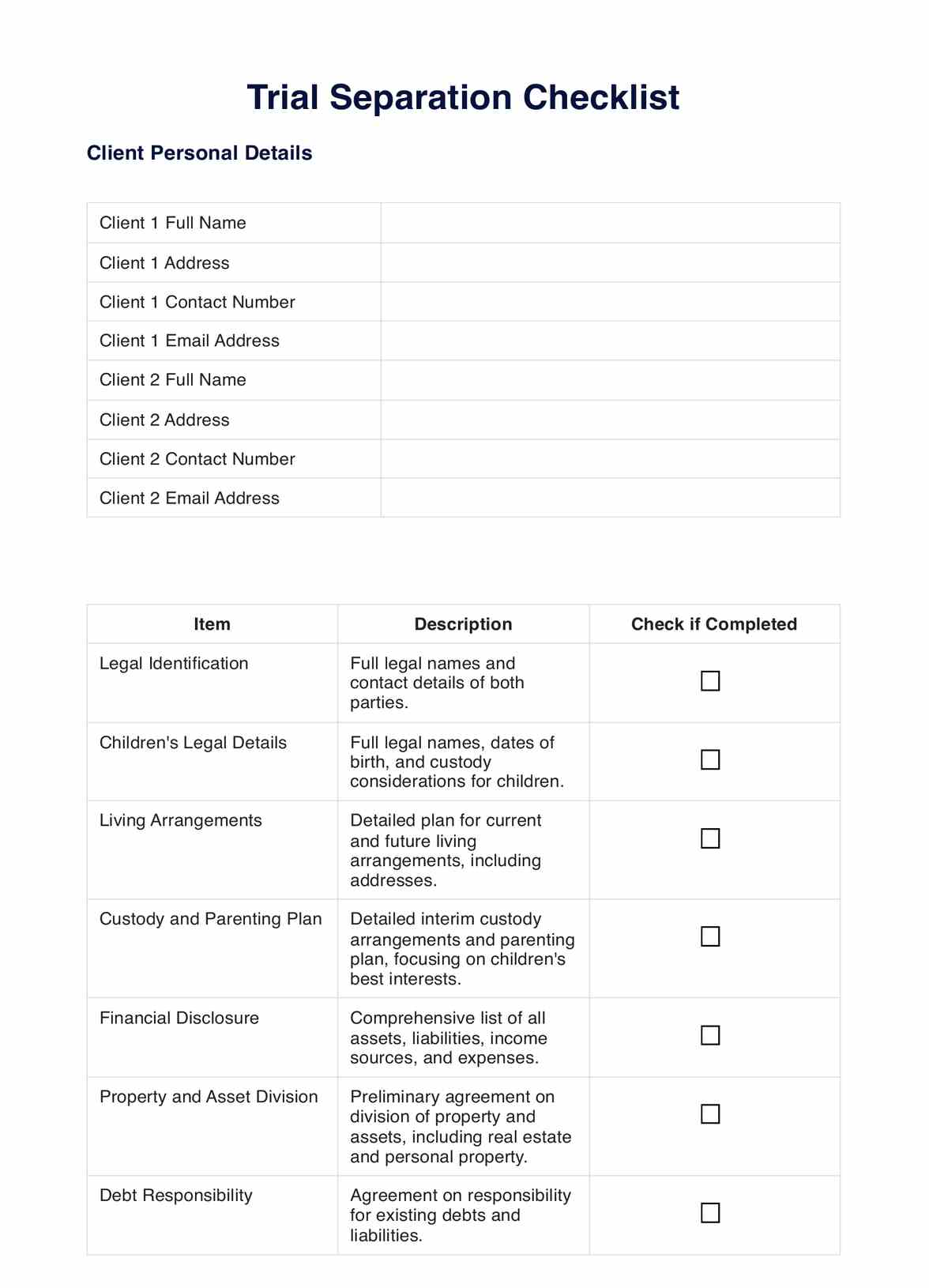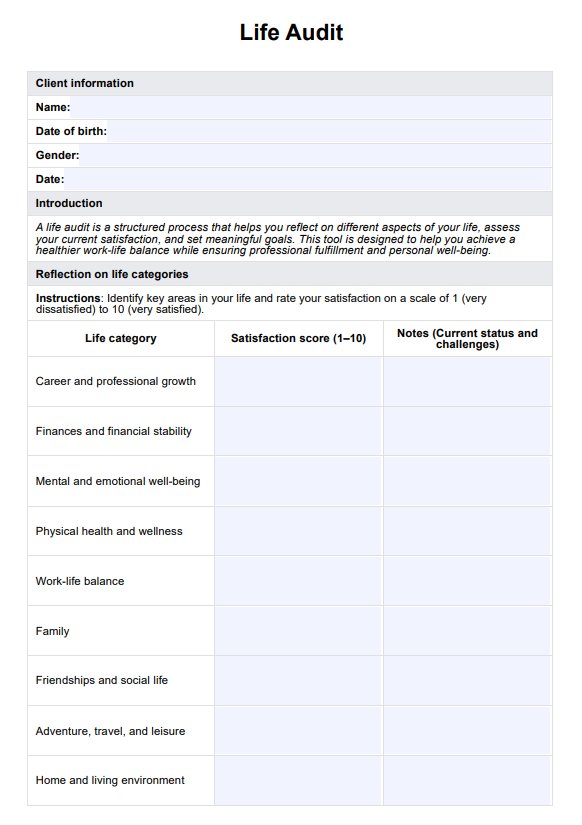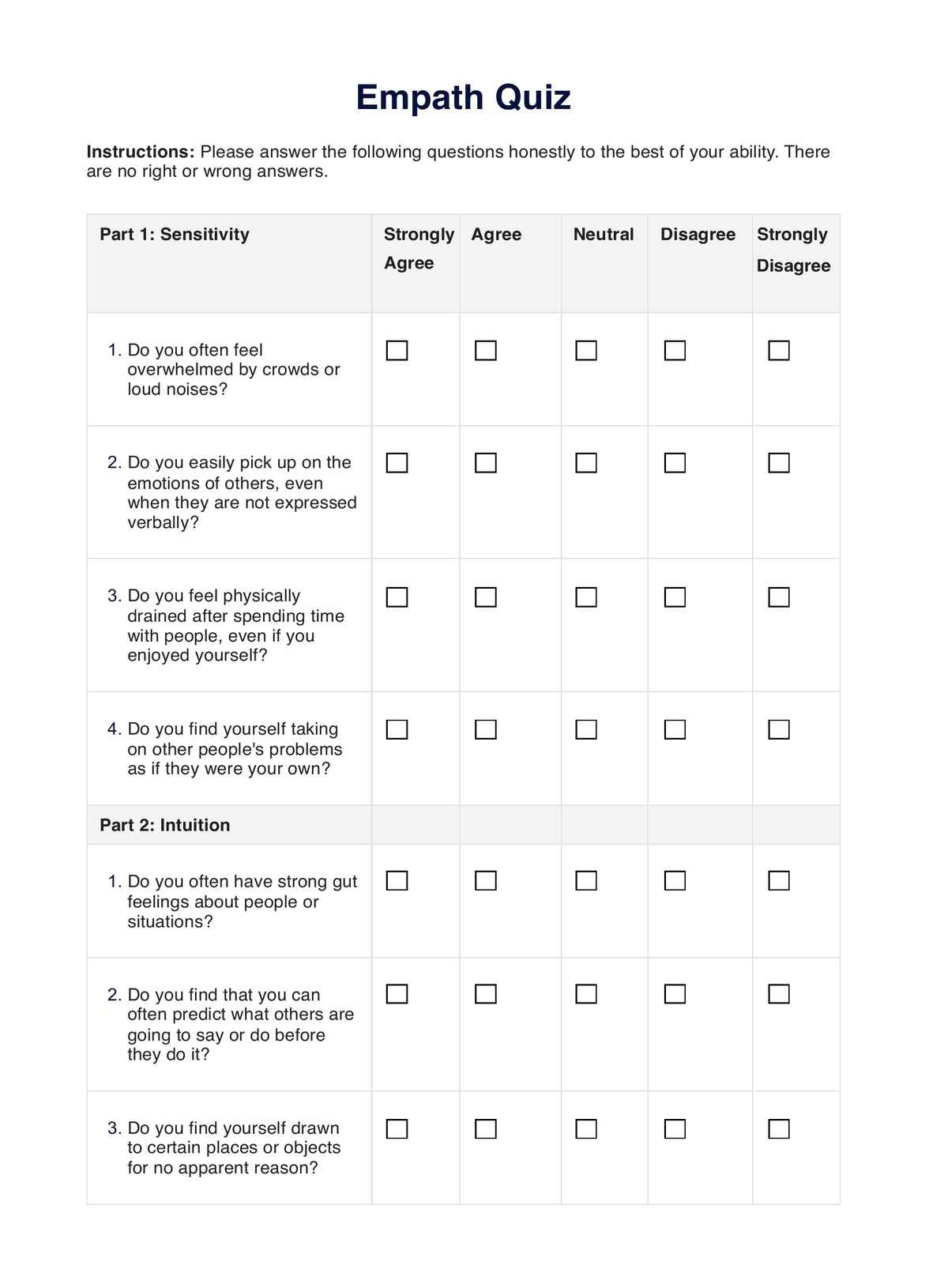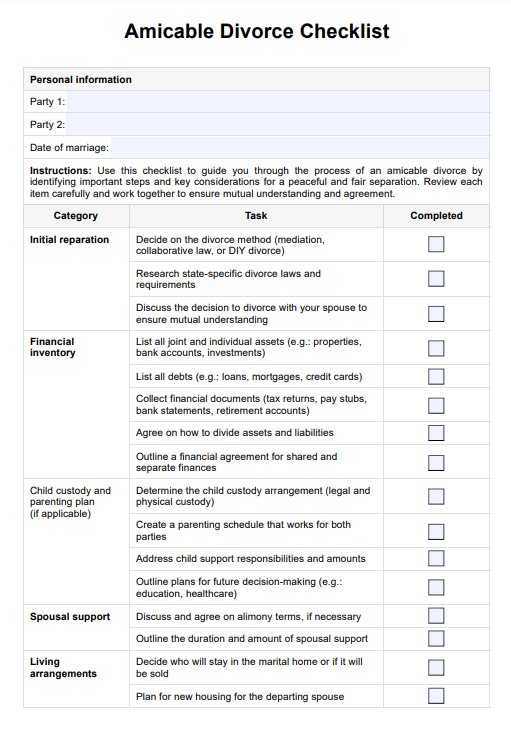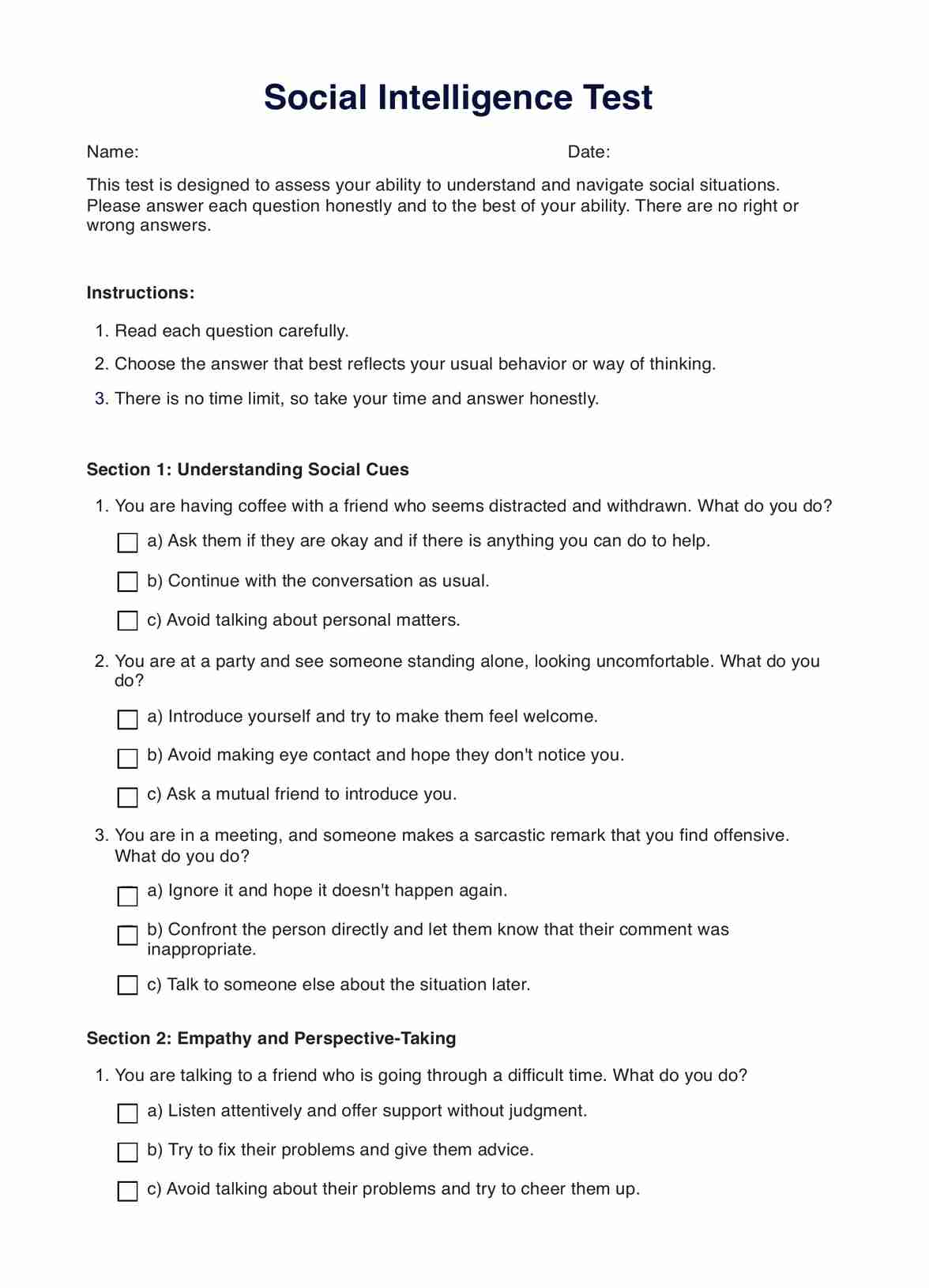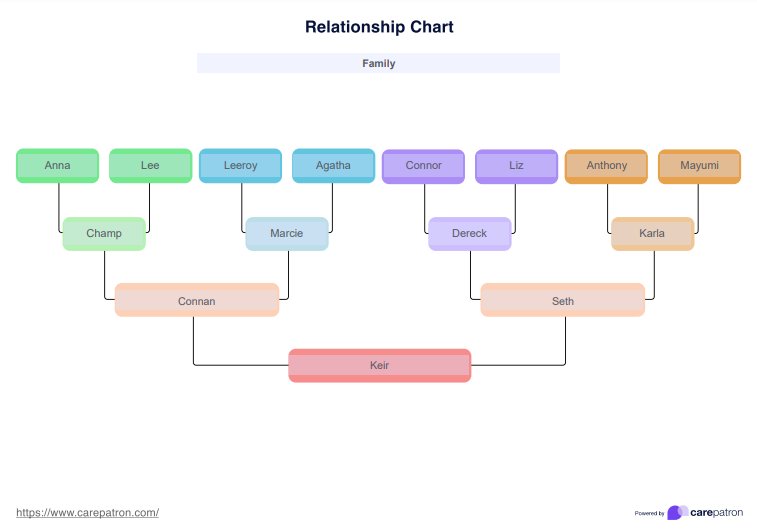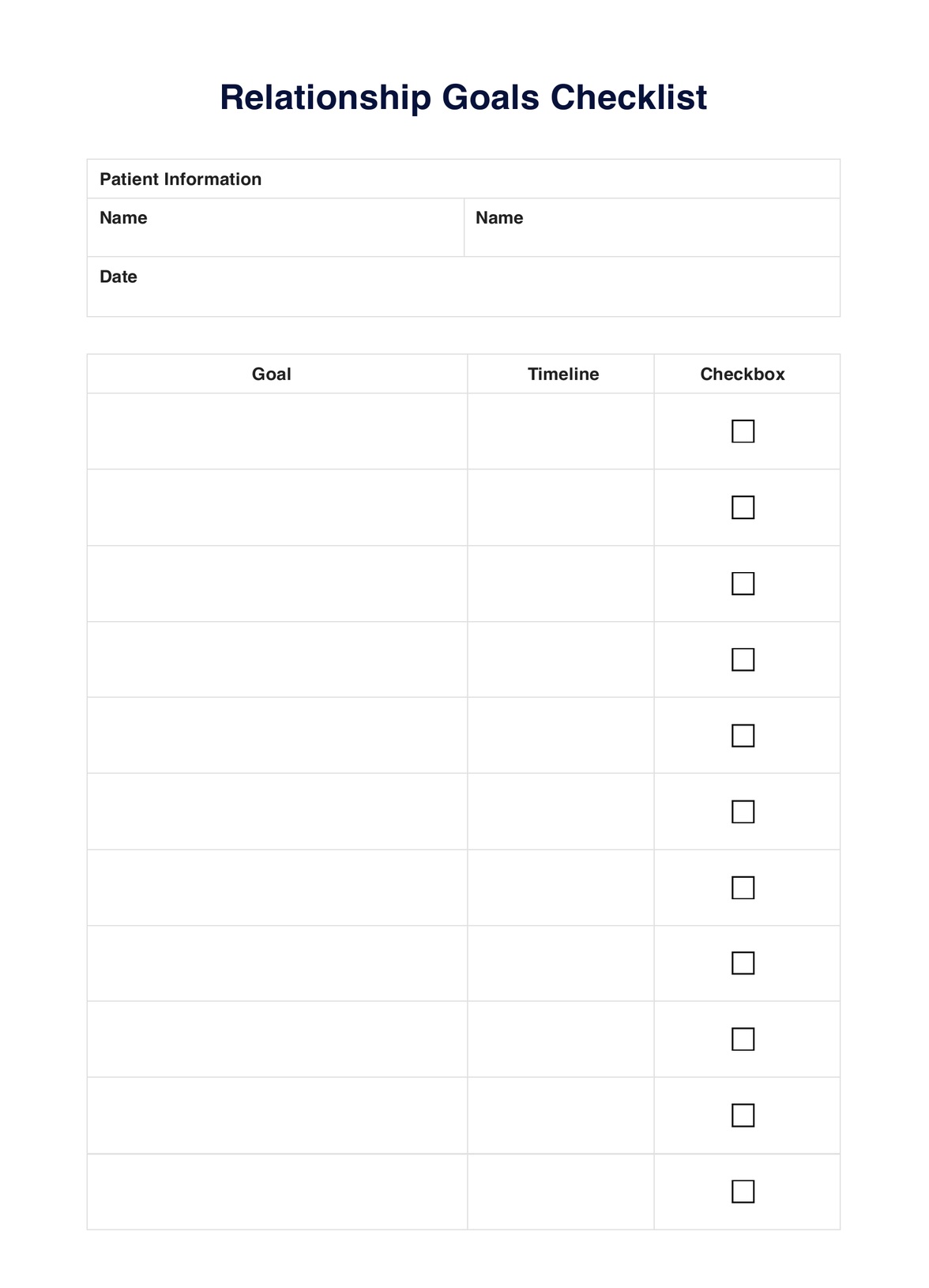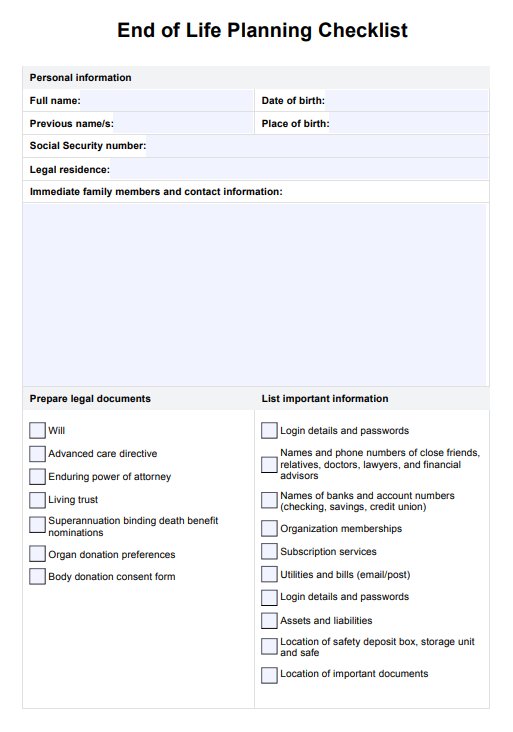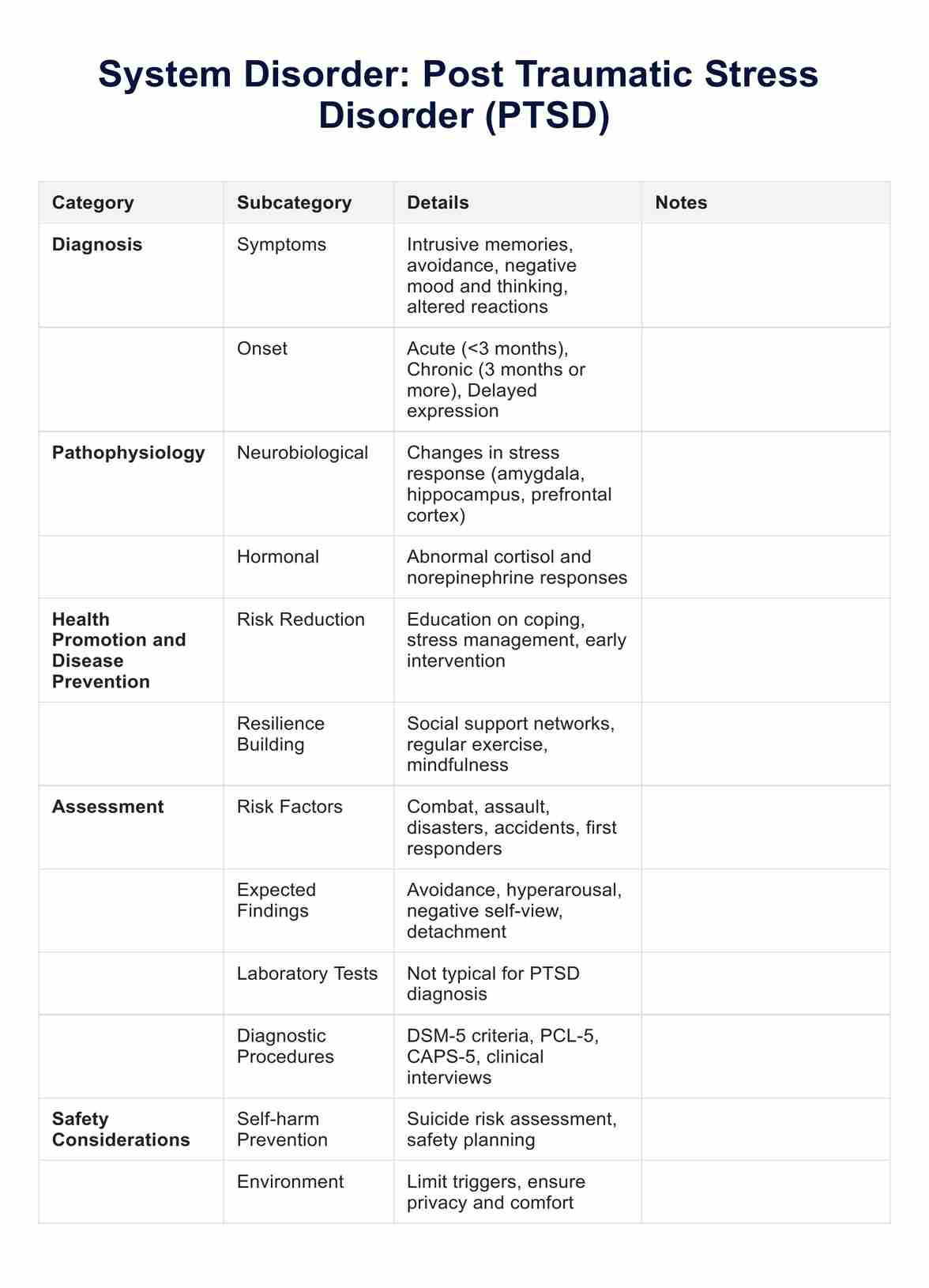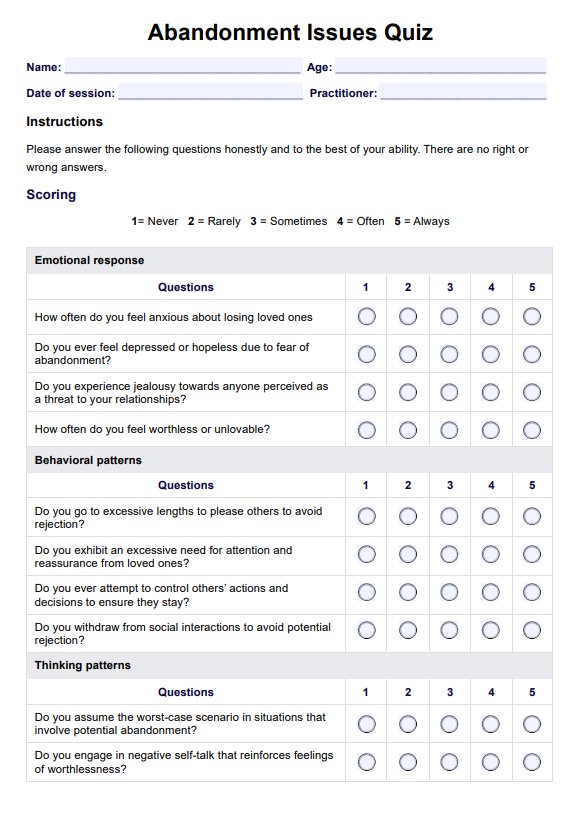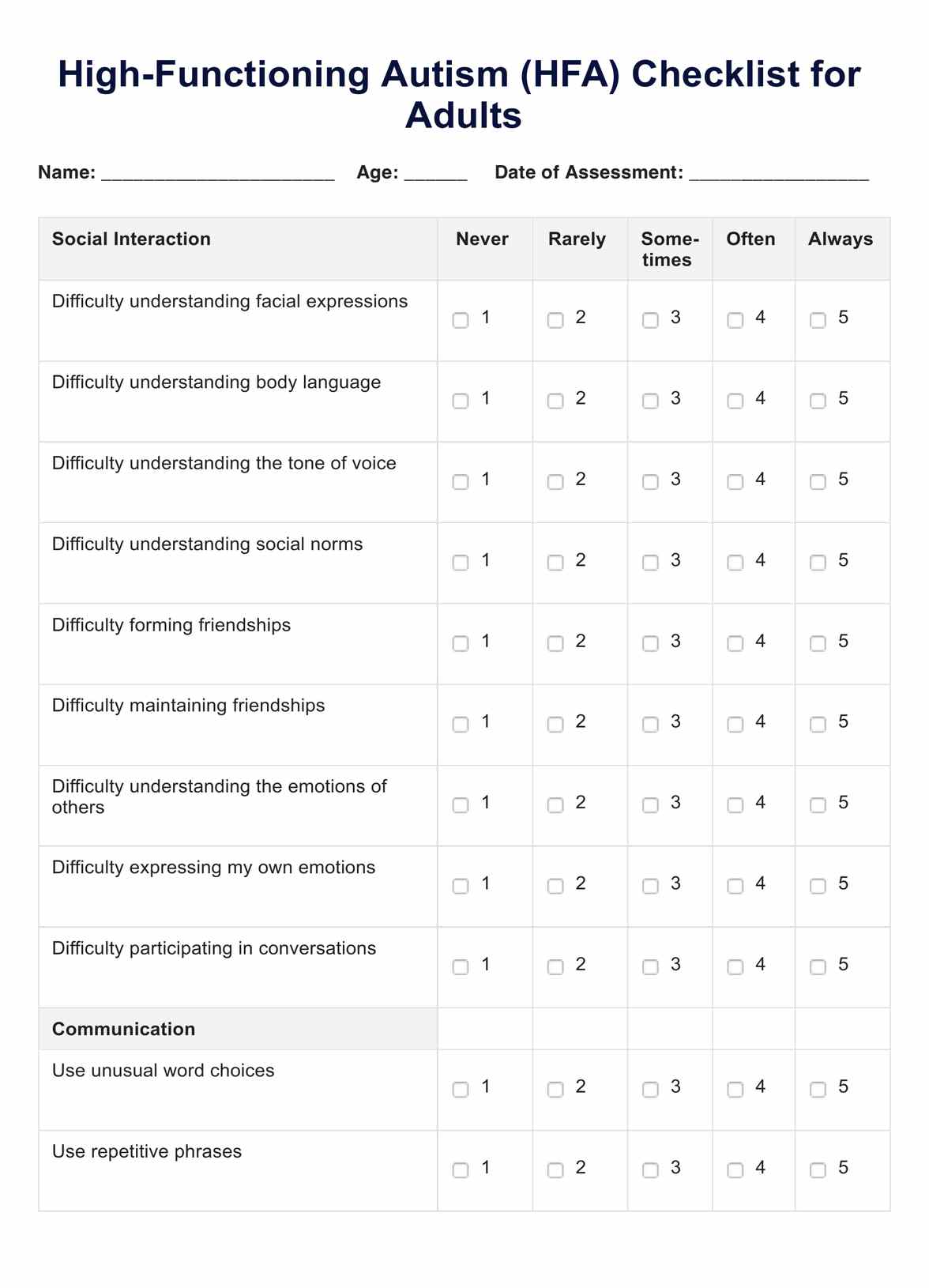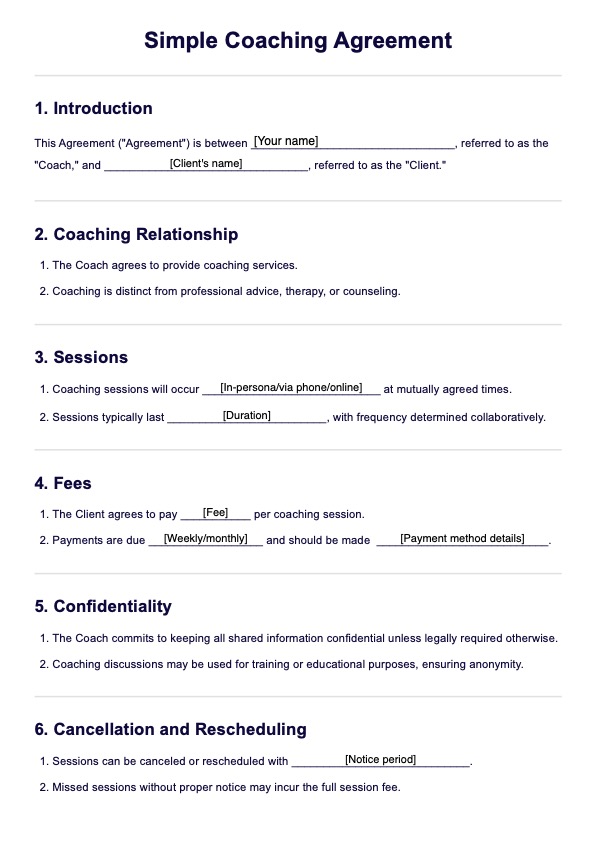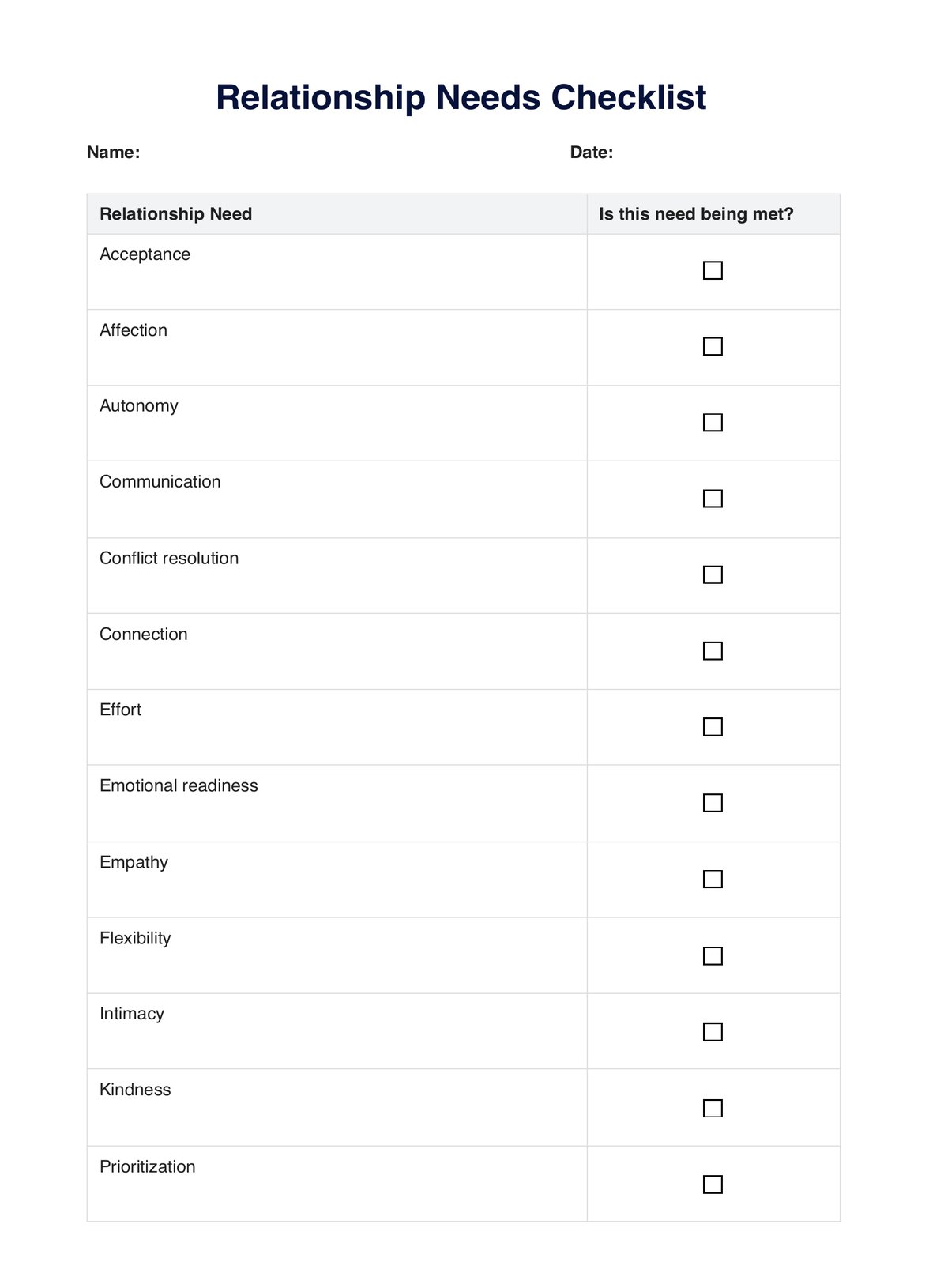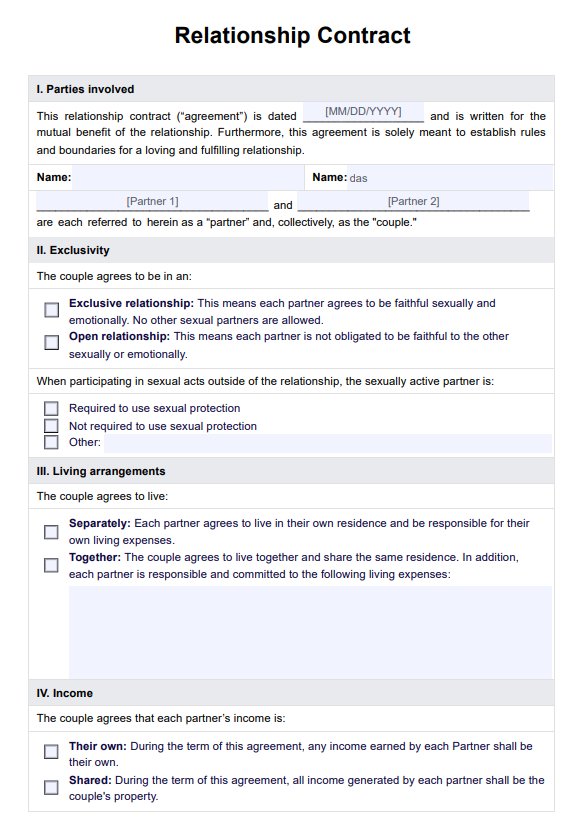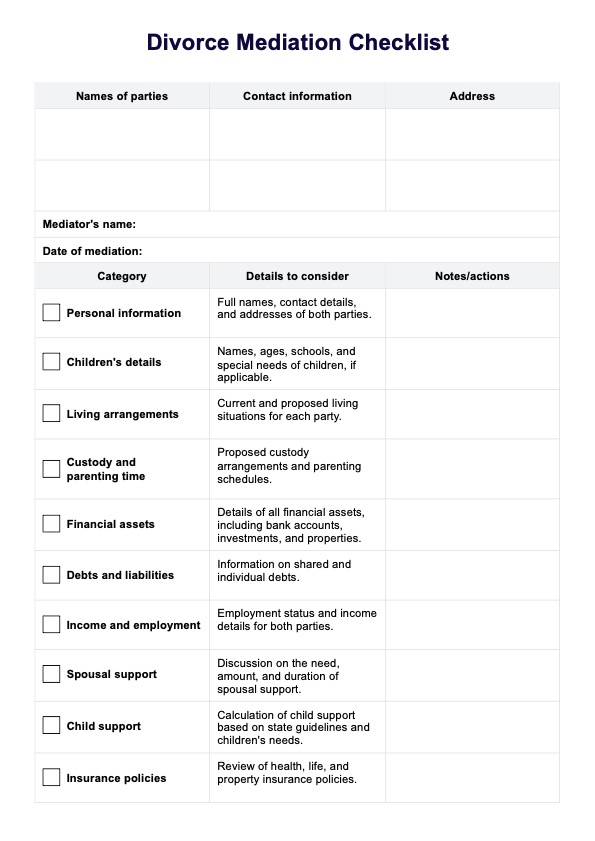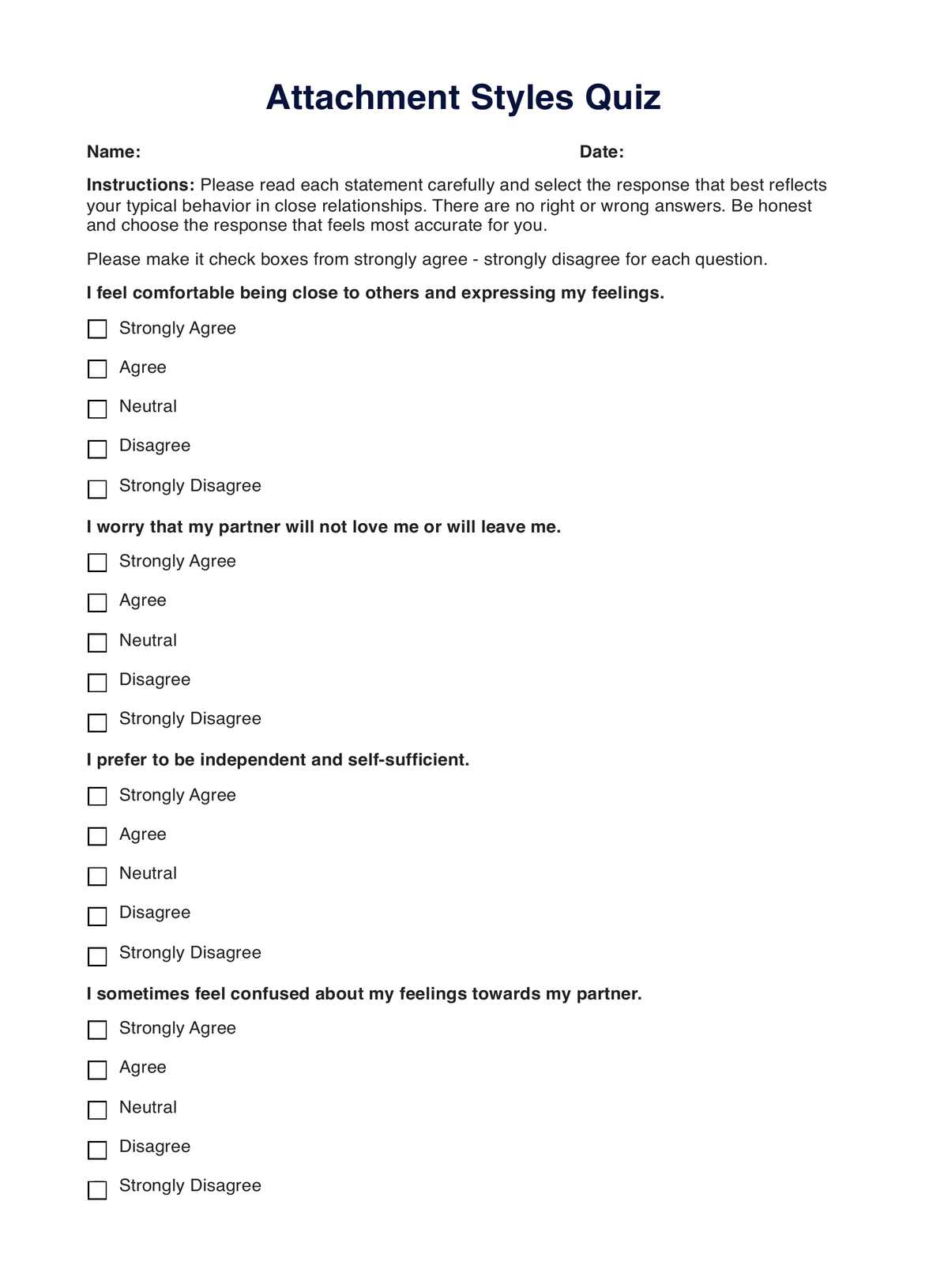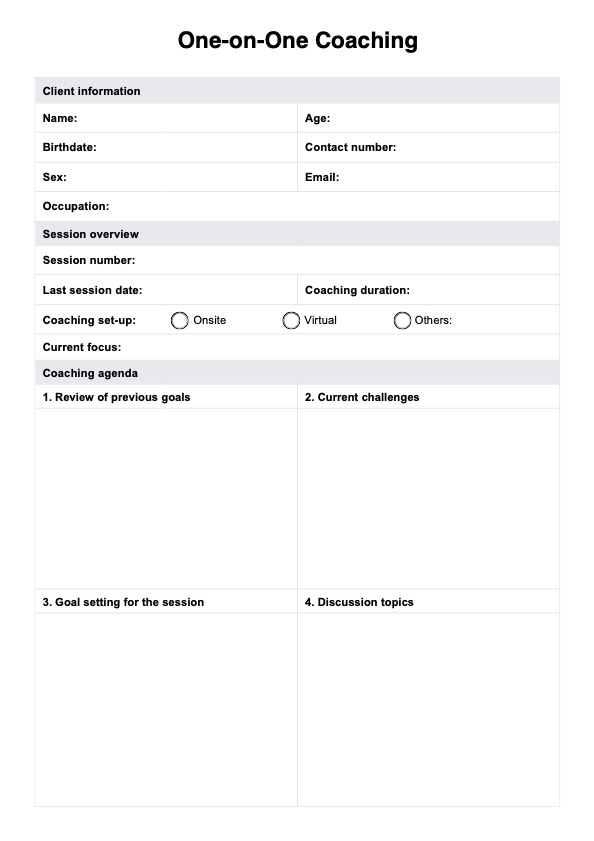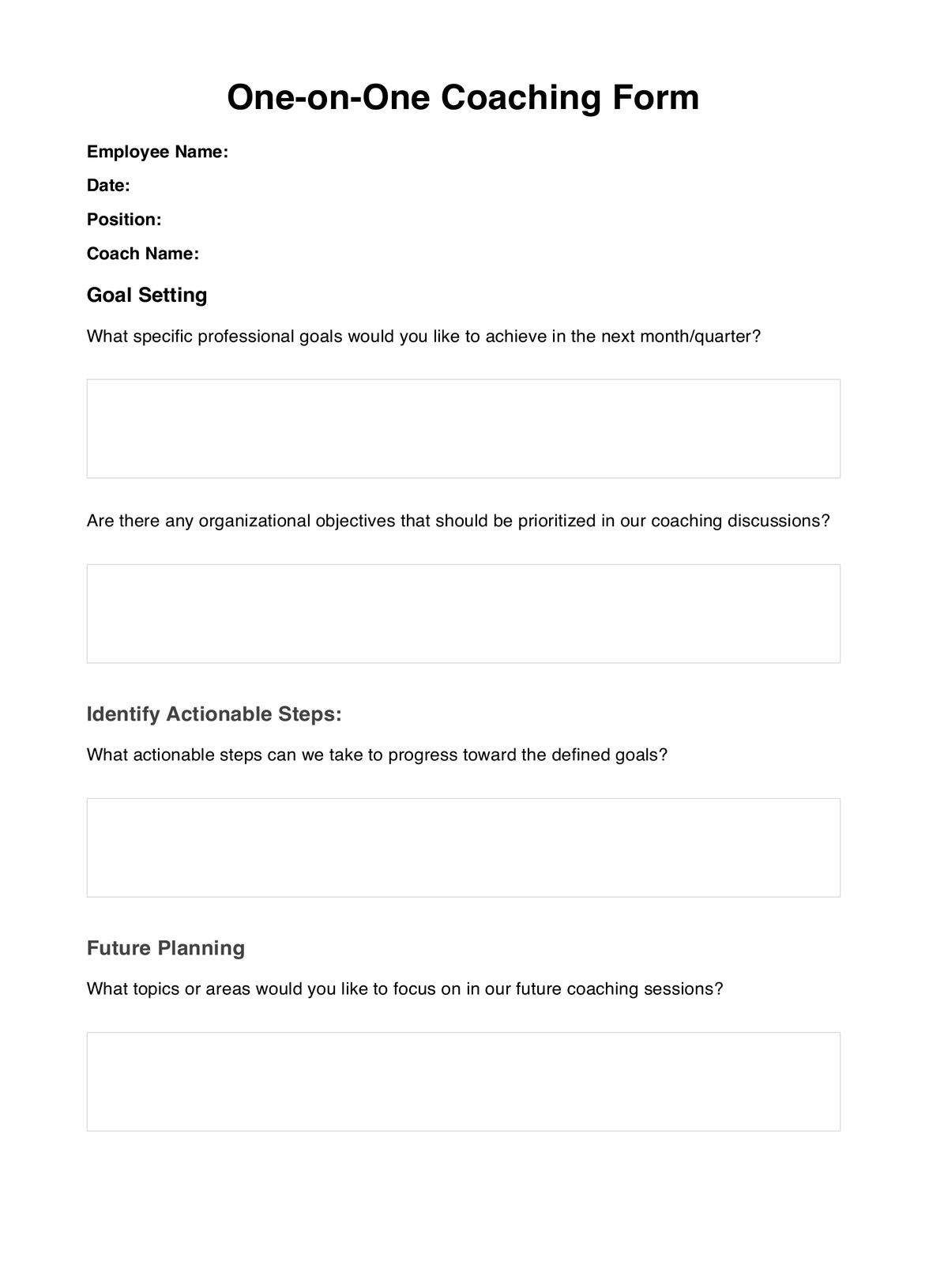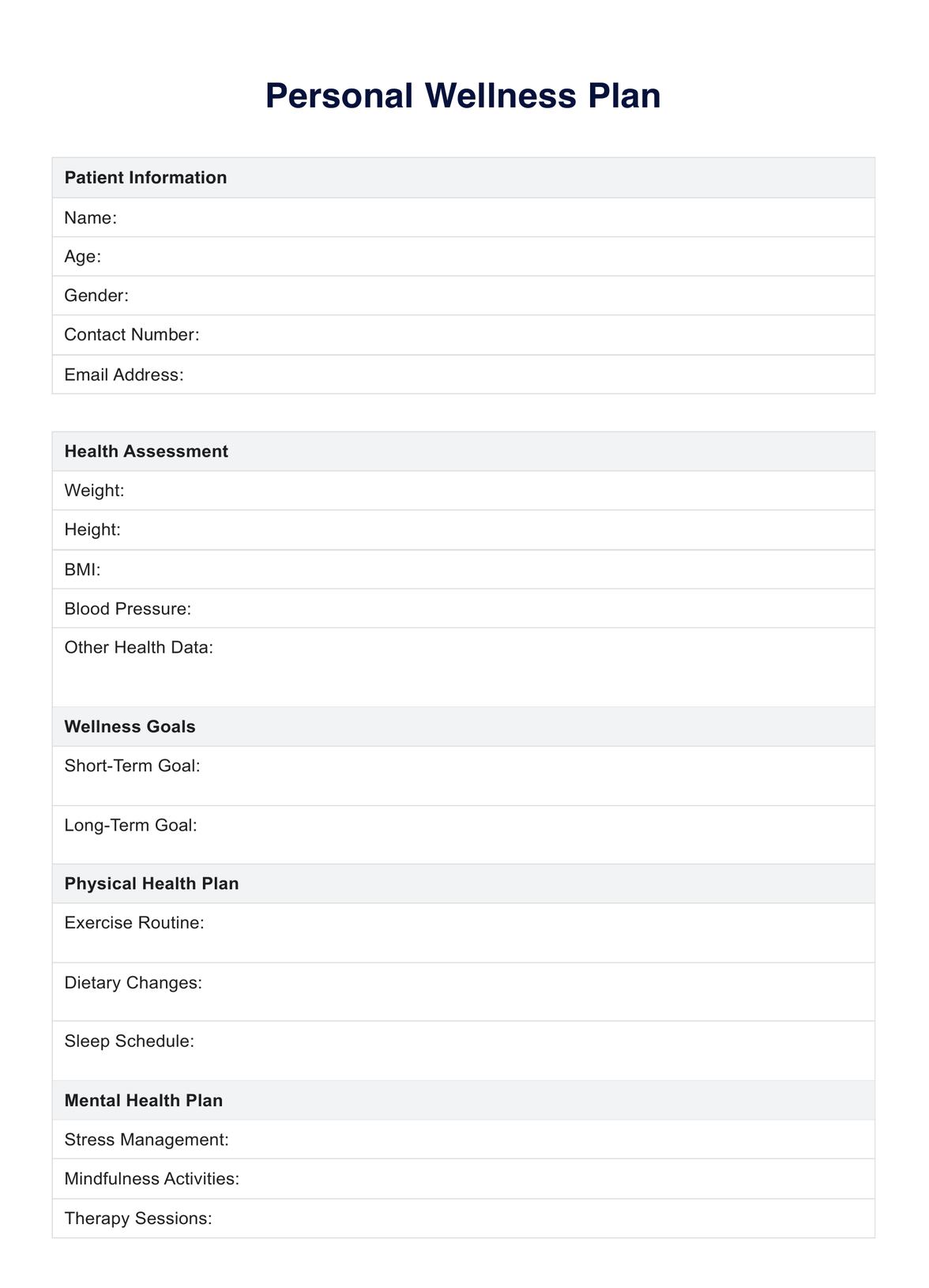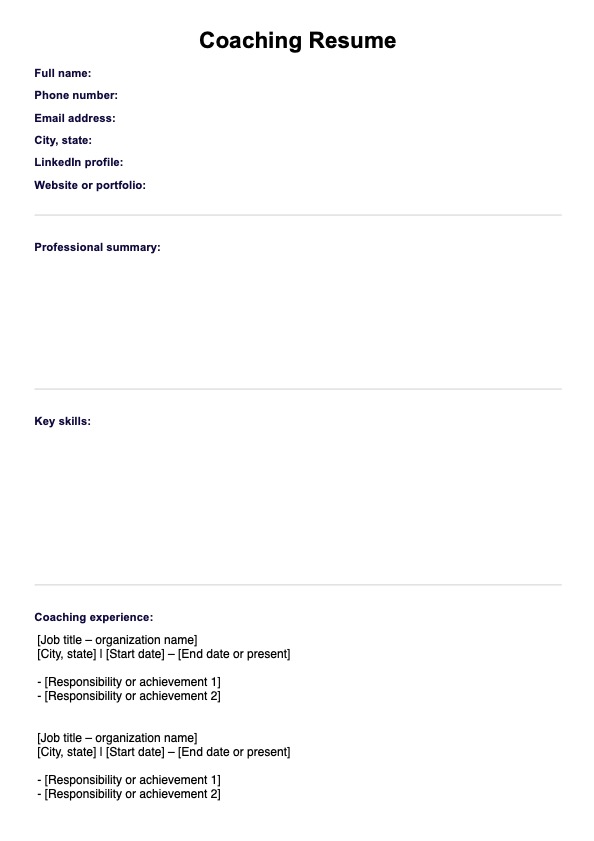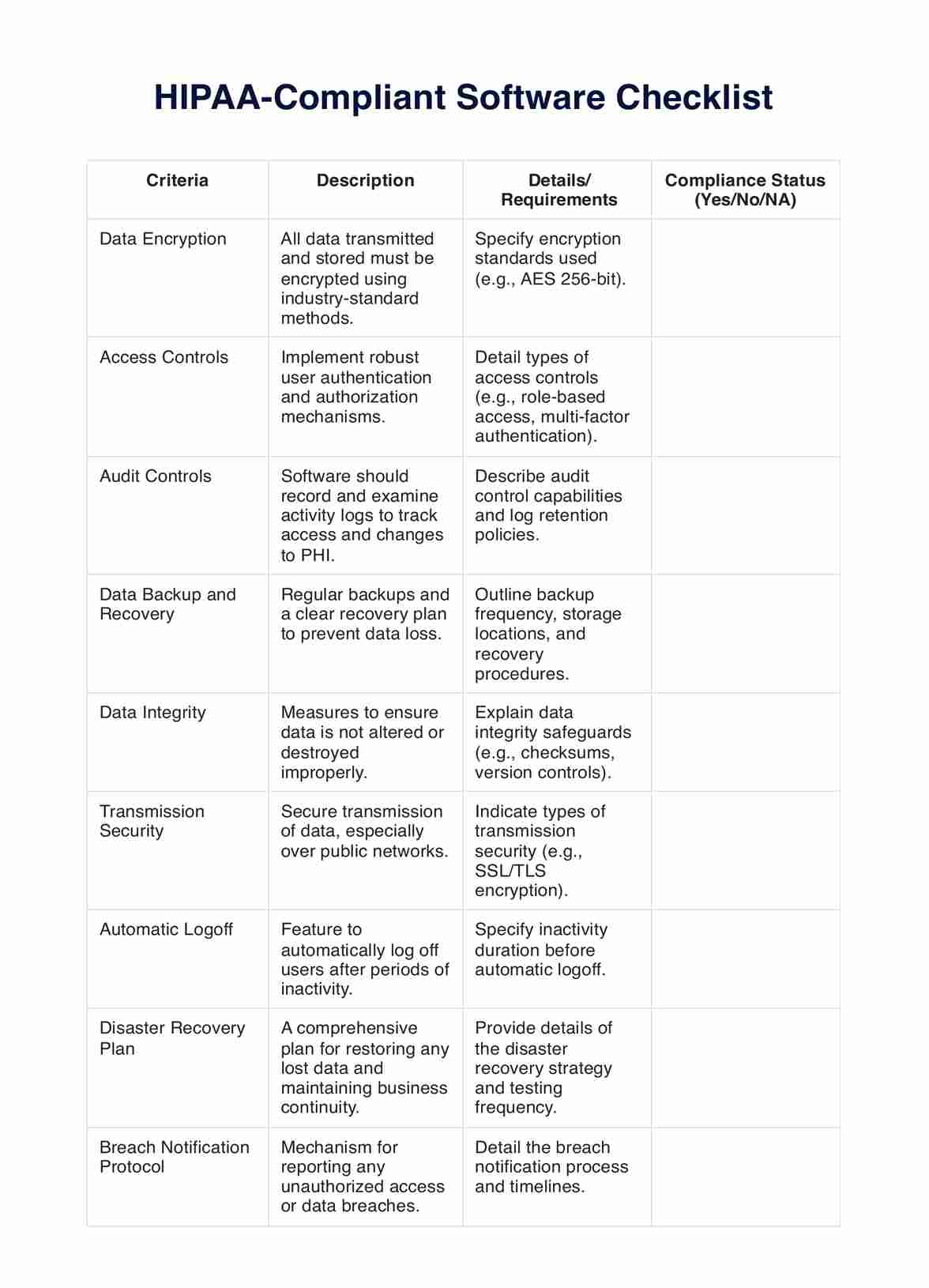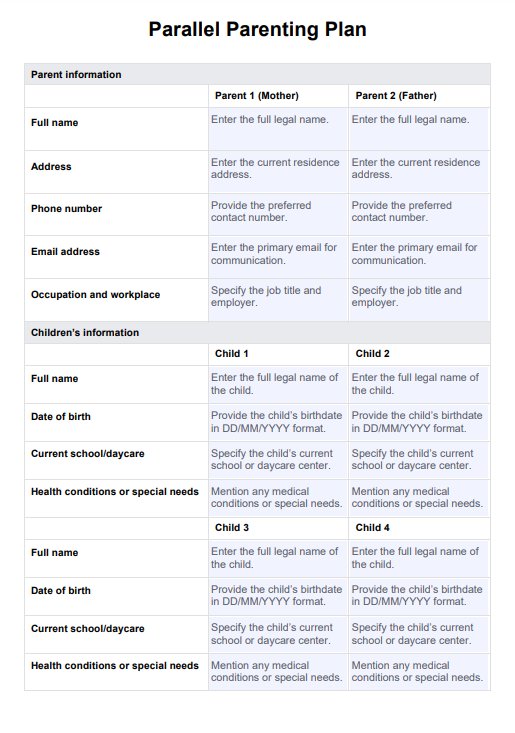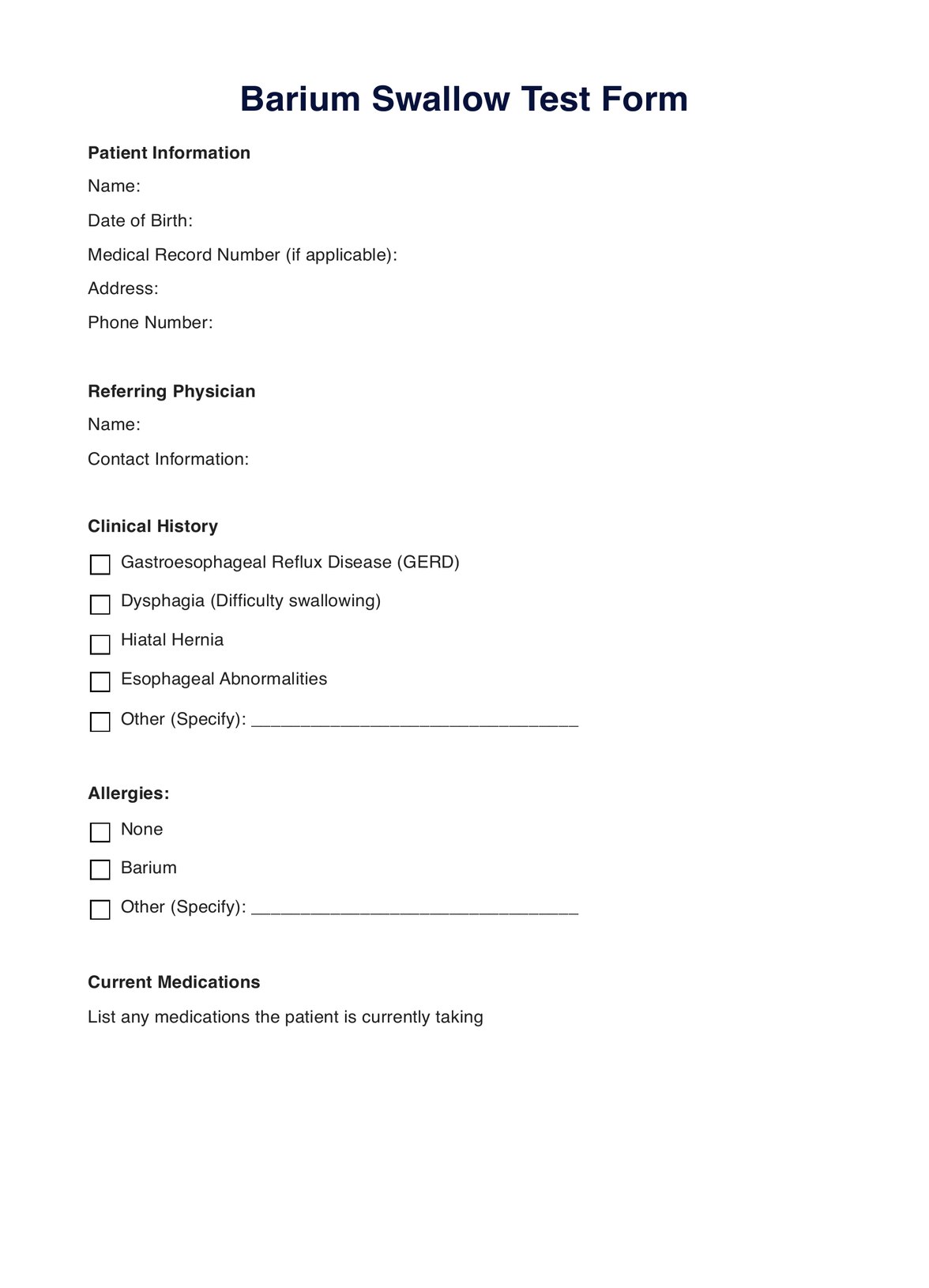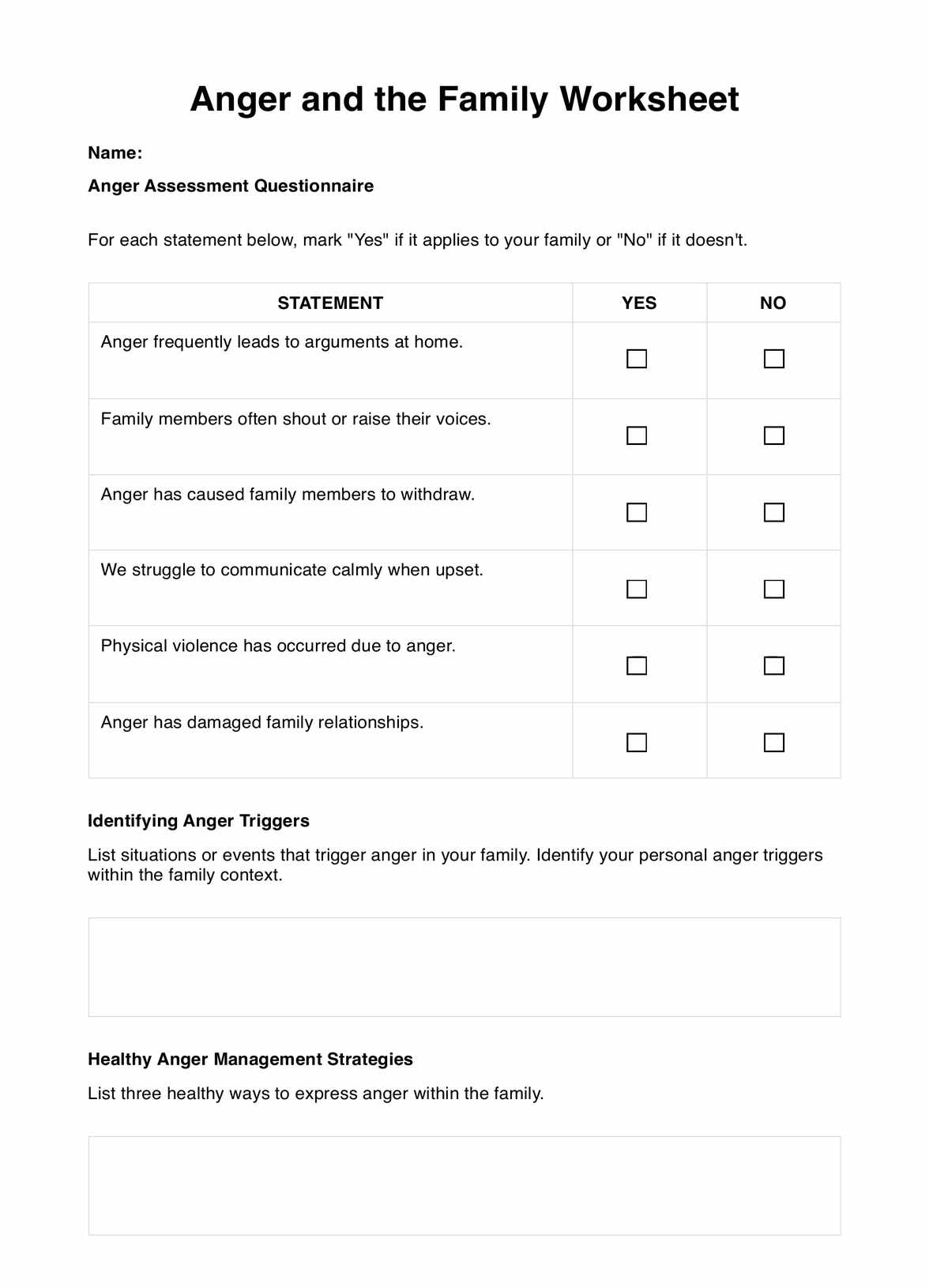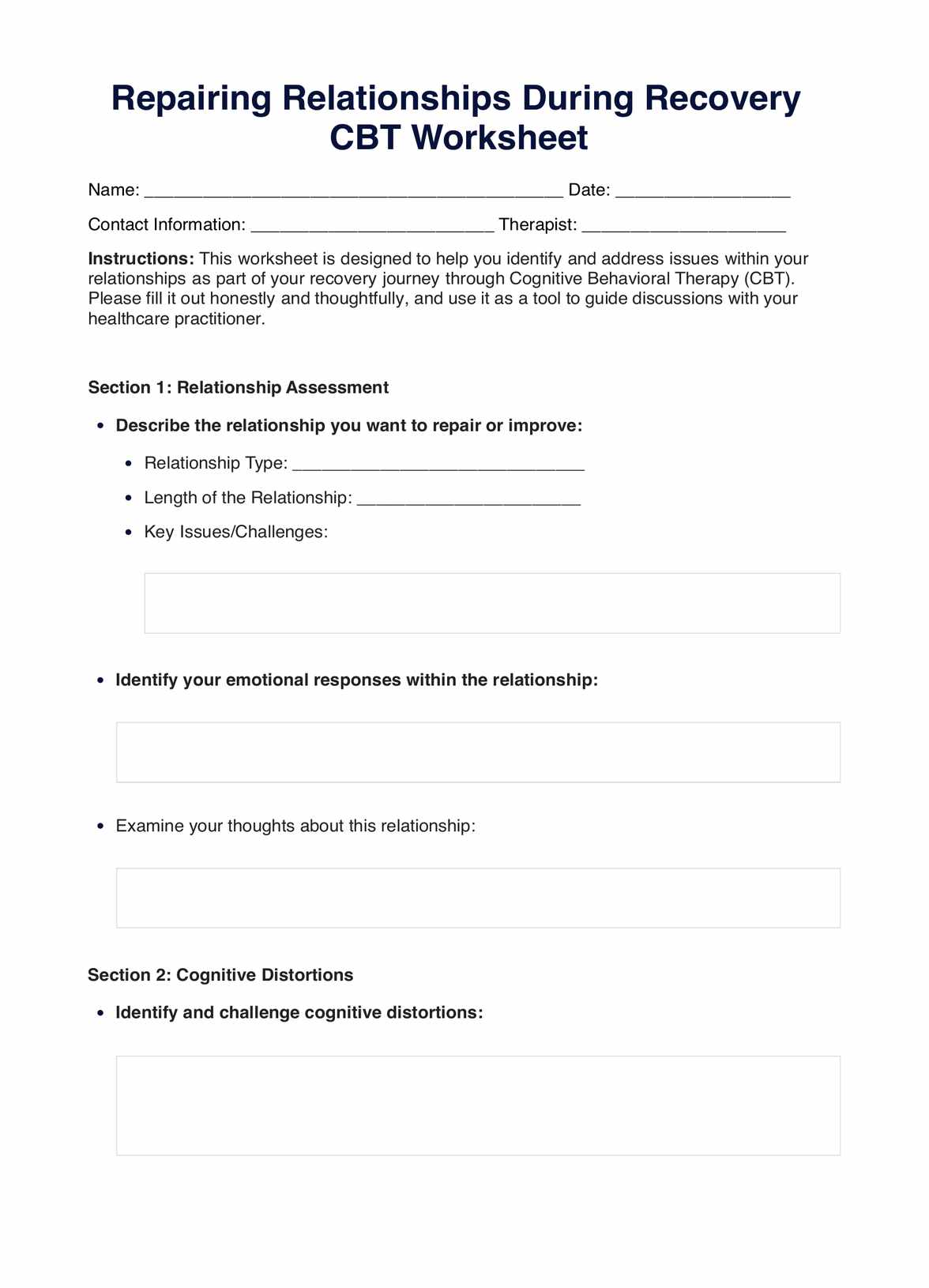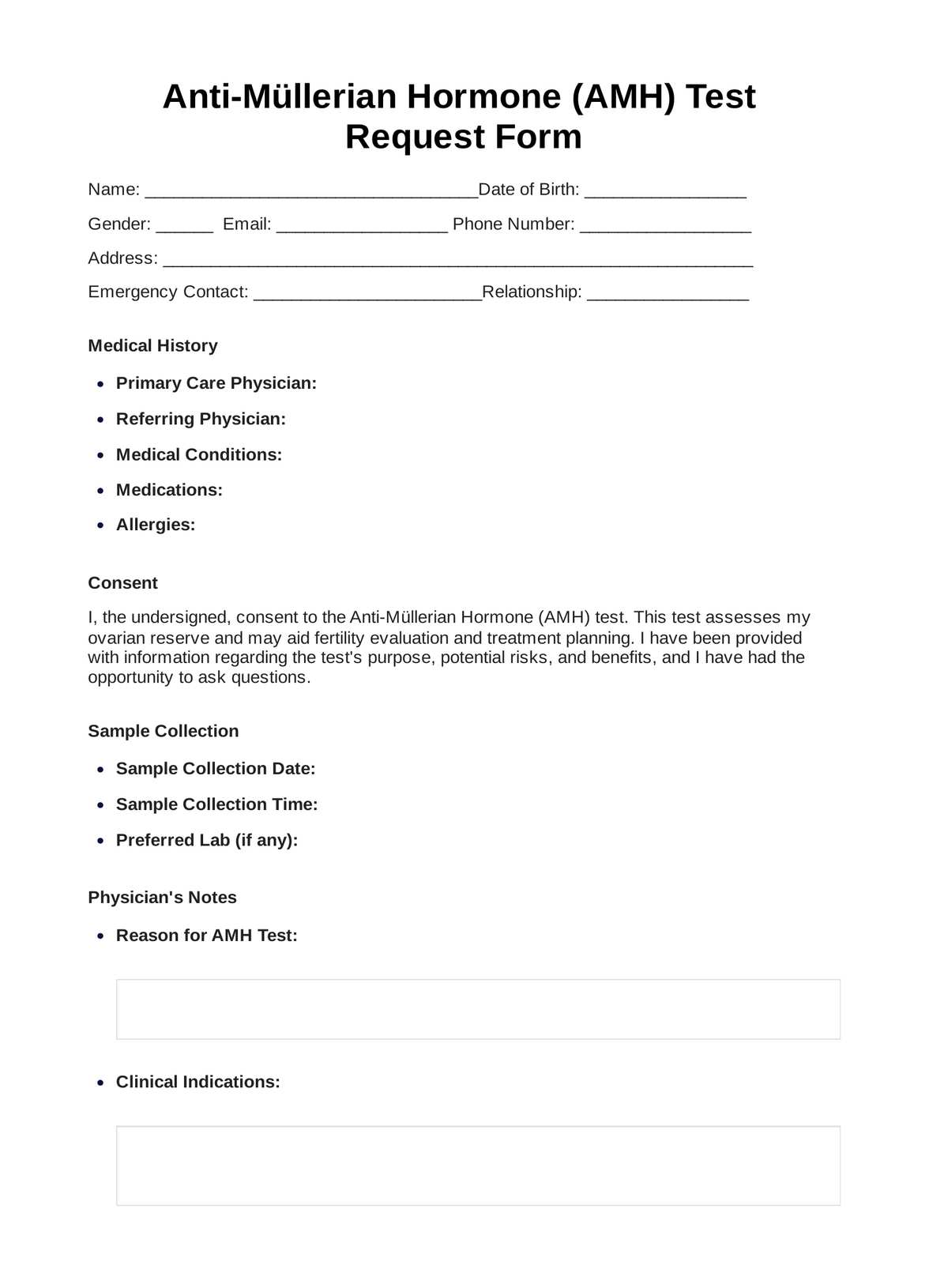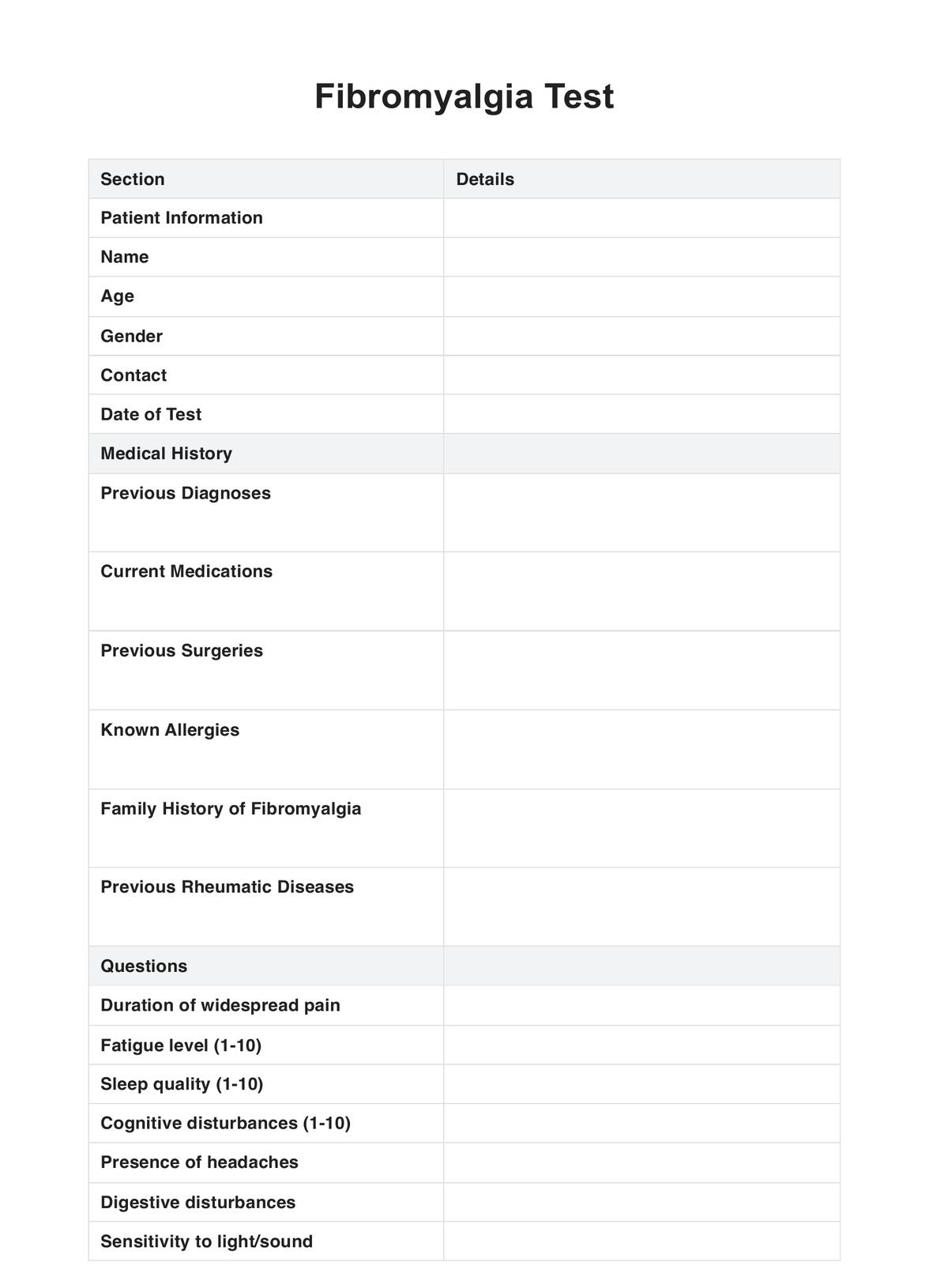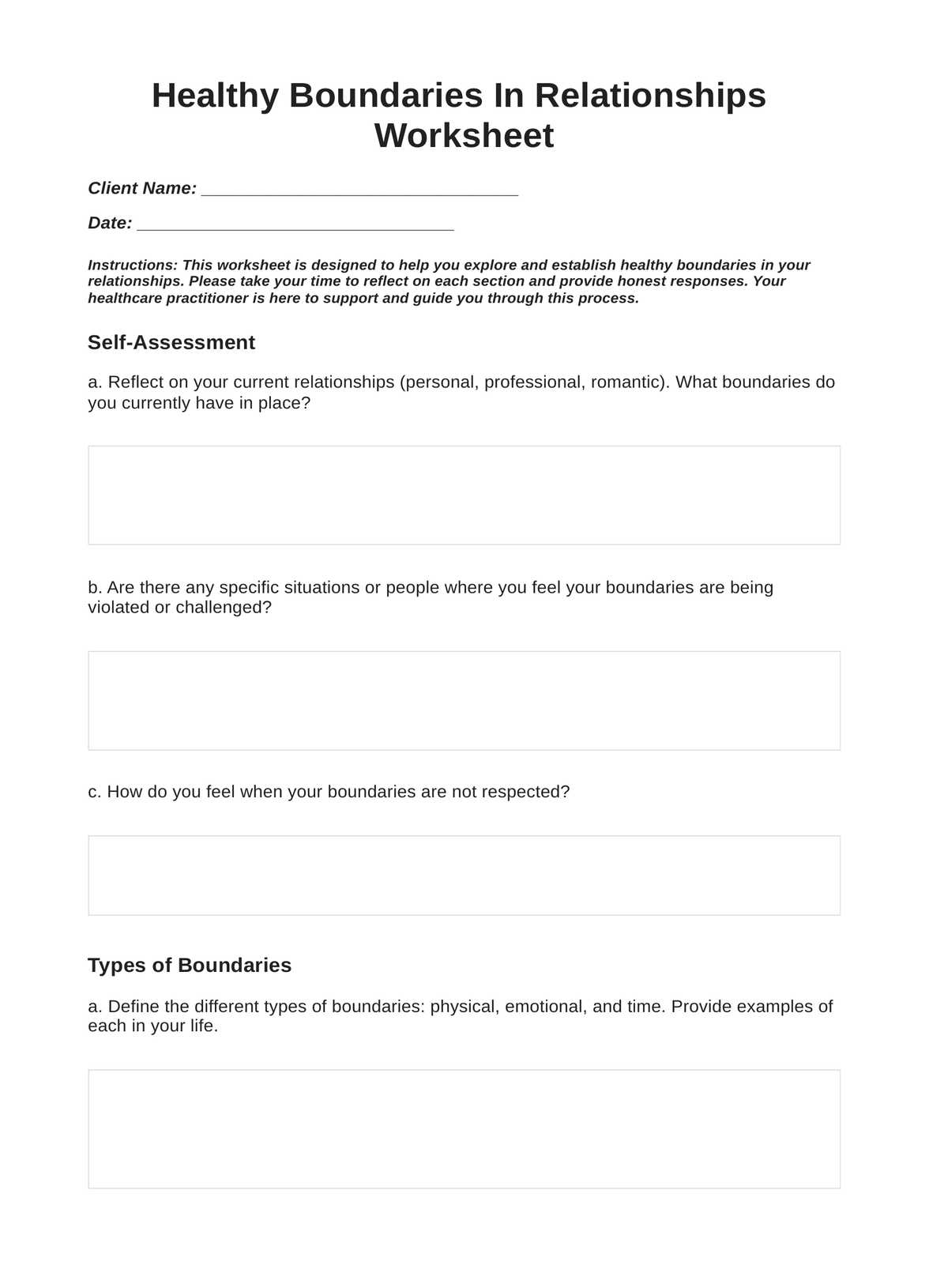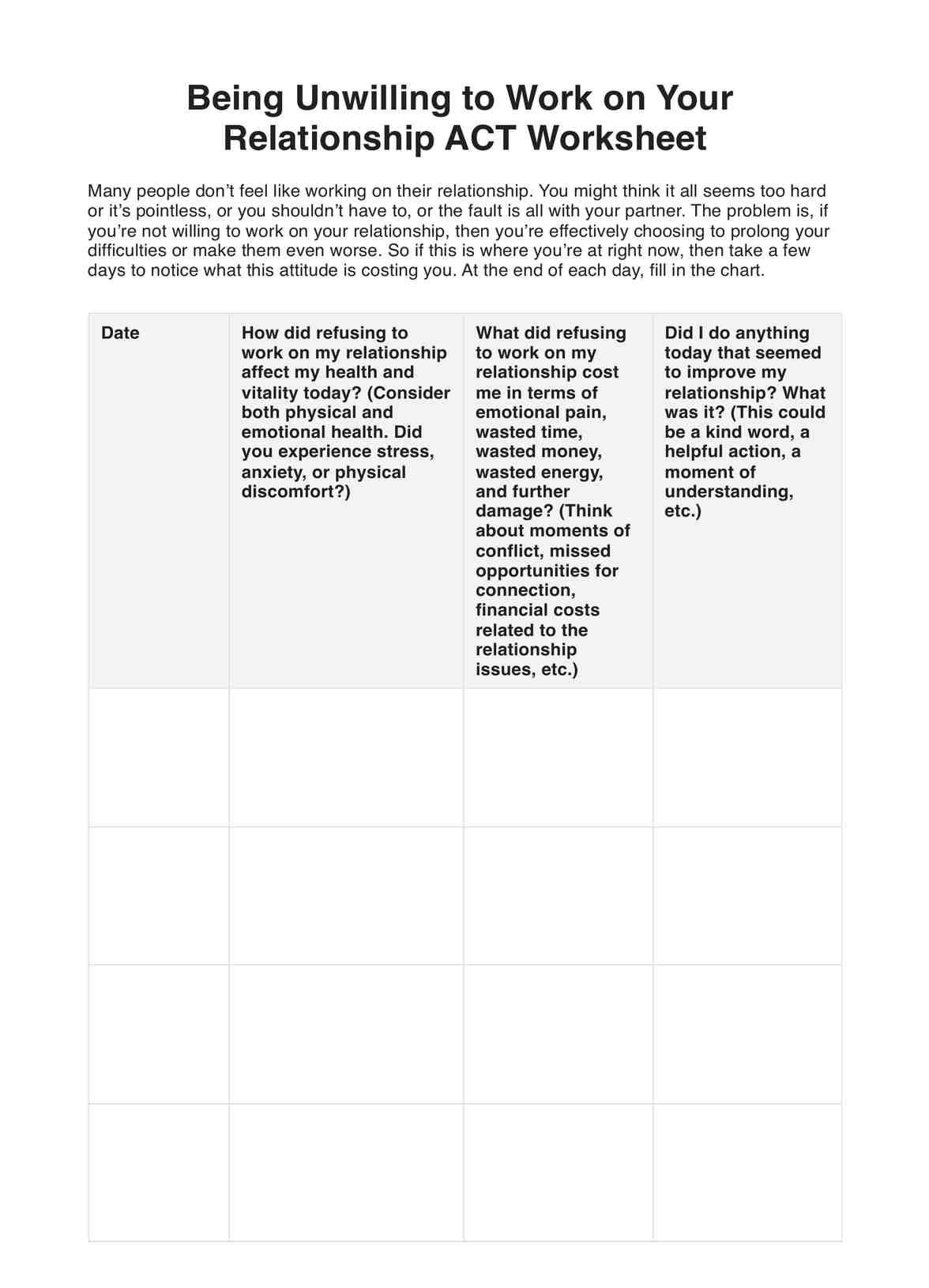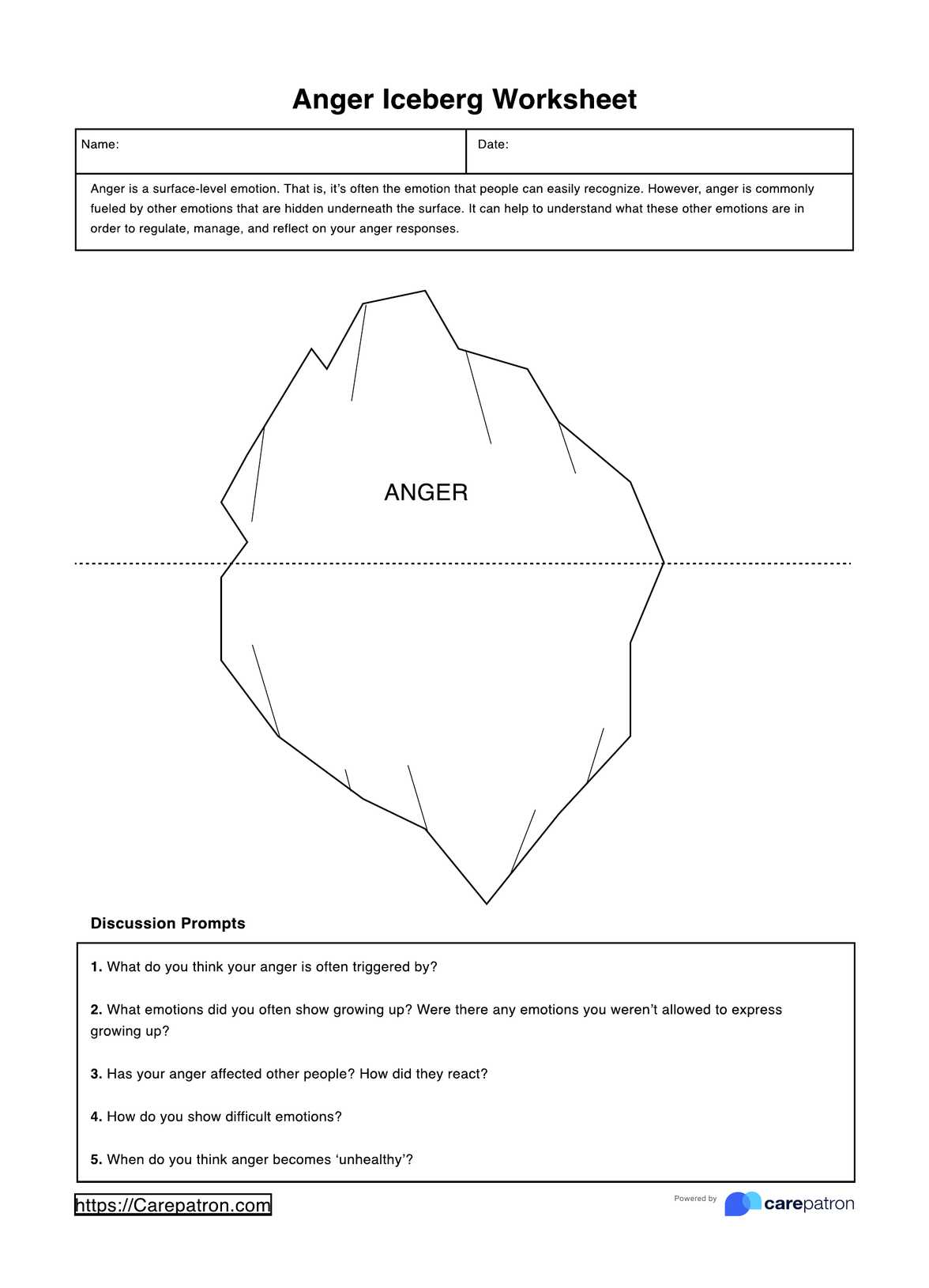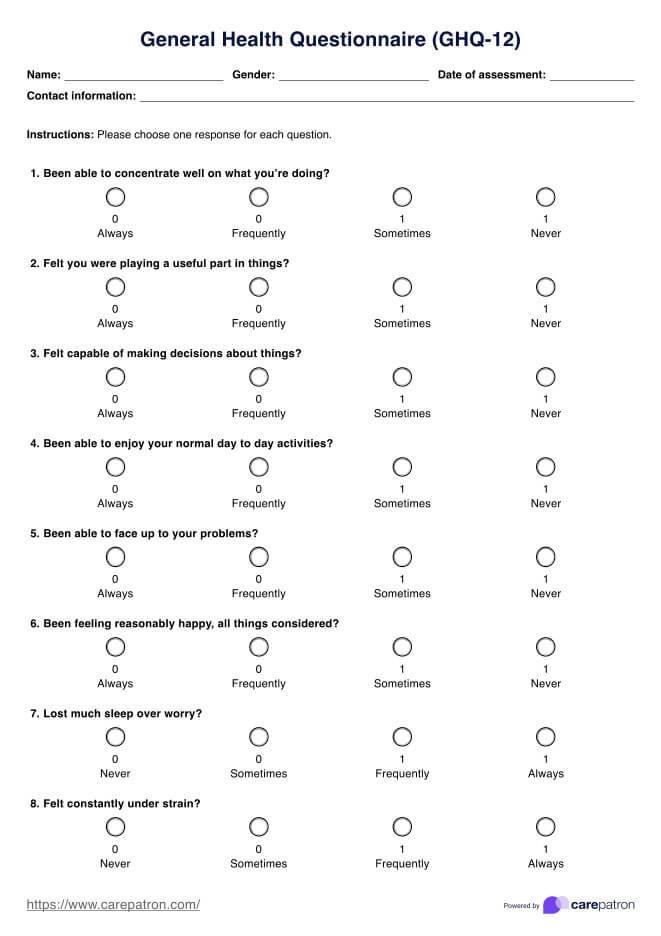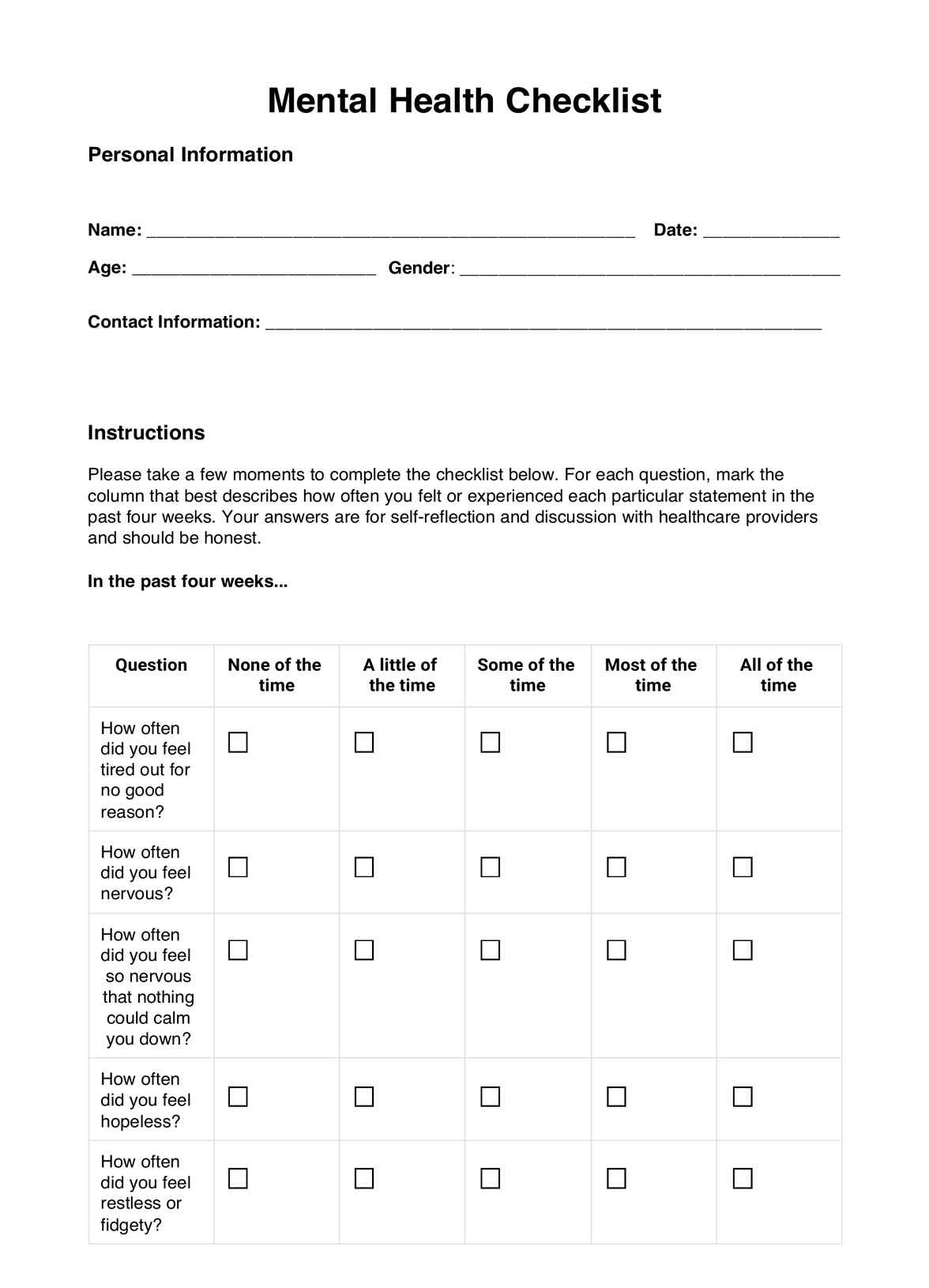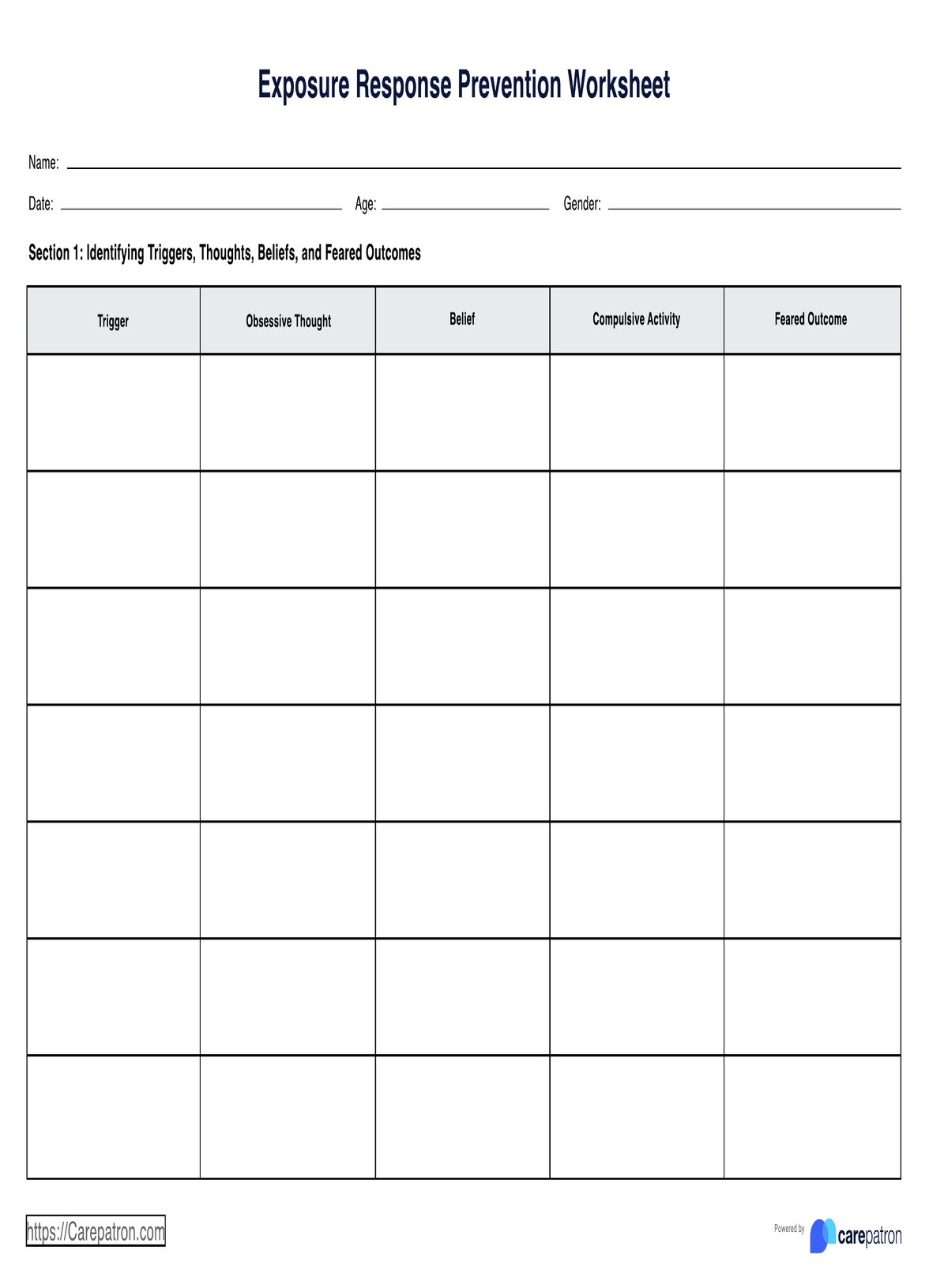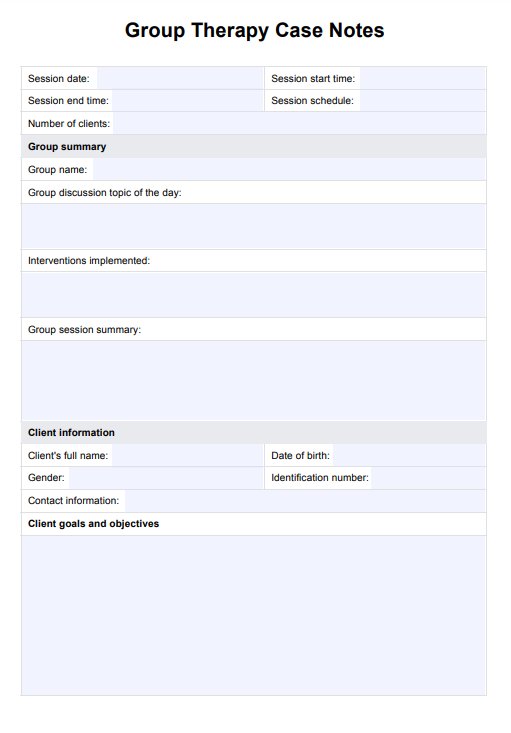Couples Therapy Workbook
Access a comprehensive Couples Therapy Workbook to incorporate into your therapeutic process. Download a free PDF here.


An introduction to couples therapy
Couples therapy is a therapeutic approach designed to help partners address and promote meaningful couple conversations. It involves working with a mental health professional to improve communication, resolve conflicts, and strengthen emotional bonds. Couples therapy is particularly beneficial for navigating the most critical relationship struggles, such as communication breakdowns, infidelity, or emotional disconnect. A clinical psychologist or therapist usually conducts this kind of session.
Couples can develop relationship skills through structured sessions that promote healthier interactions and deeper mutual understanding. The goal of a licensed mental health counselor is to help partners identify negative patterns, learn to communicate effectively, and build a connected relationship. Mental health professionals guide couples through exercises and discussions that facilitate meaningful couple conversations. These conversations are crucial for couples to address underlying issues, clarify expectations, and work together to find solutions.
Why is couples therapy necessary?
Couples therapy is necessary because it provides a structured and effective way for partners to address the most critical relationship struggles. It helps couples dive deeper into issues such as communication breakdowns, trust issues, or unresolved conflicts that may arise from family origin or past experiences. Couples therapy also helps build ongoing emotional connection and intimacy, acting as a relationship savings account—investing time and effort into resolving issues before they escalate.
Couples Therapy Workbook Template
Couples Therapy Workbook Example
How to use this Couples Therapy Workbook
This section outlines how medical professionals, such as licensed mental health counselors or clinical psychologists, can effectively use Carepatron's Couples Therapy Workbook to guide couples through therapy. Each step ensures a structured approach to facilitate better communication, emotional connection, and resolution of relationship struggles.
Step 1: Access the workbook template
This guide includes the Couples Therapy Workbook template. To use it, click "Use template" to customize it within the Carepatron platform or "Download" to get a printable PDF and provide it to couples at the beginning of therapy.
Step 2: Use the workbook for couples therapy sessions
Integrate the workbook into regular couples therapy sessions. During each session, guide the couple through the exercises and activities in the workbook. These activities are designed to address communication patterns, trust issues, and other challenges, allowing couples to explore their feelings and work toward mutual understanding.
Step 3: Discuss how the workbook works for the couple
Explain to the couple how the workbook serves as a tool to foster open communication, emotional intimacy, and relationship growth. Clarify that the workbook’s exercises encourage self-reflection and mutual understanding, helping partners work together to resolve conflicts and improve their relationship dynamics.
Step 4: Conduct the activities between the couple
Encourage the couple to complete the workbook activities together. Each activity, from soul gazing to communication exercises, is designed to deepen their connection and improve communication. Ensure that the couple understands how these activities promote emotional closeness and help build healthier relationship habits.
Step 5: Provide tips and next steps
At the end of the workbook, offer tips for continued growth. Encourage the couple to reflect on their progress and set goals for their ongoing work. Suggest ways to build on the work they've started and to ensure lasting positive changes in their relationship.
Activities included in a Couples Therapy Workbook
Our Couples Therapy Workbook includes various activities that help couples strengthen their relationship through meaningful conversations, emotional intimacy, and mutual understanding. These exercises are designed to connect relationships and address both small issues and deeper connection problems. Here's a breakdown of the key helpful exercises included in the workbook:
Soul gazing
This exercise encourages partners to sit face-to-face and gaze into each other’s eyes for a few minutes. It helps foster vulnerability and emotional connection by promoting silent, focused attention. Soul gazing is a simple yet powerful activity that can deepen intimacy and enhance mutual understanding between partners (Ackerman, 2017).
Extended cuddle time
Cuddling without distractions allows partners to reconnect physically and emotionally. This exercise promotes the release of bonding chemicals like oxytocin, improving mood and strengthening the relationship. It’s a valuable resource for couples seeking to enhance their emotional intimacy and improve the quality of their connection.
The 7-breath forehead connection
This activity involves sitting or lying facing each other, gently placing foreheads together, and taking synchronized deep breaths. It helps couples focus on each other, promote relaxation, and feel grounded in the present moment. It’s an effective tool for connecting and building emotional intimacy.
‘I’ statement exercises
Using "I" statements allows partners to express feelings without blaming each other (Keohan, 2021). This technique fosters open communication by helping partners take responsibility for their emotions. By practicing this method, couples can reduce conflict, enhance connected communication, and build healthier relationship patterns.
Prediction method
In this exercise, couples write down their predictions about how their partner would respond to certain situations and then discuss them together. This exercise builds trust by encouraging couples to explore assumptions, improving communication and understanding. It’s an excellent way to address misunderstandings and promote mutual respect in the relationship.
The benefits of Couples Therapy Workbook
The Couples Therapy Workbook offers numerous benefits for couples and therapists working together. For therapists in private practice, it serves as a great resource to help guide couples through their therapy sessions. The workbook promotes effective communication through structured exercises, allowing couples to address their biggest fears and relationship challenges. It encourages goal-setting strategies, enabling couples to define their values and work towards shared goals, fostering long-term relationship growth.
Additionally, the workbook offers a unique guide to the therapy process, providing couples with knowledge that helps them better understand each other. By using the workbook, therapists can promote empathy between partners, helping them gain deeper insight into each other’s emotions and perspectives.
References
Ackerman, C. E. (2017, November 24). 21 couples therapy worksheets, questions & activities (PDF). PositivePsychology.com. https://positivepsychology.com/couples-therapy-worksheets-activities/#exercises-couples-therapy
Keohan, E. (2021, November 24). 17 communication exercises for couples therapy. Talkspace. https://www.talkspace.com/blog/communication-exercises-for-couples-therapy/
Commonly asked questions
The most effective form of couples therapy often depends on the couple’s unique needs, but emotionally focused therapy (EFT) is widely recognized for fostering emotional connection and improving communication. It helps couples identify and address negative emotional patterns, promoting long-term stability.
Couples therapy is typically documented through detailed session notes, which include key topics discussed, goals set, and any therapeutic interventions used. These notes help track progress, identify patterns, and ensure the therapeutic process focuses on the couple’s needs.
The "no secrets" rule in couples therapy prohibits therapists from keeping confidential information from one partner that could affect the other. This ensures transparency and trust, preventing potential misunderstandings or hidden conflicts that may undermine the therapy process.
The cognitive-behavioral therapy (CBT) approach is commonly used in couples therapy to address negative thought patterns and behaviors that impact relationships. It helps couples develop healthier communication strategies and problem-solving skills to improve their relationship dynamics.


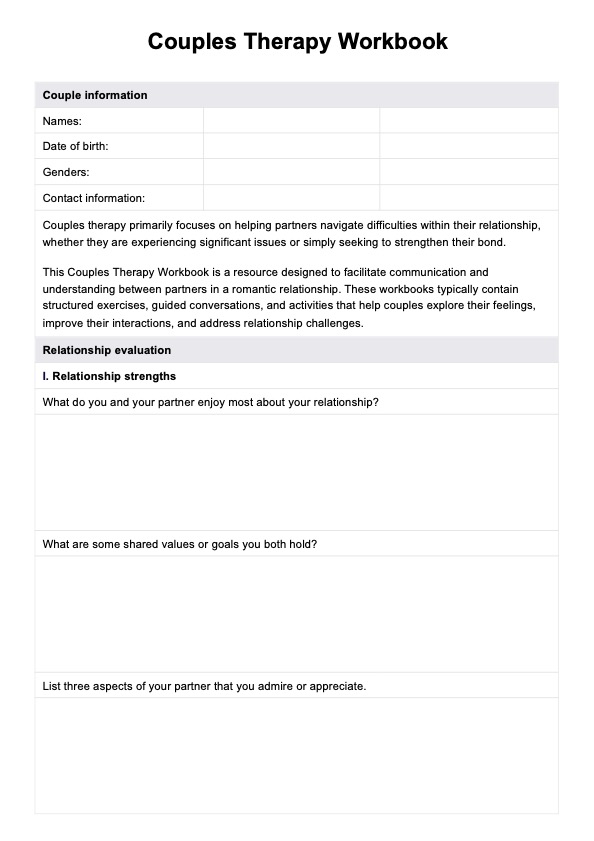
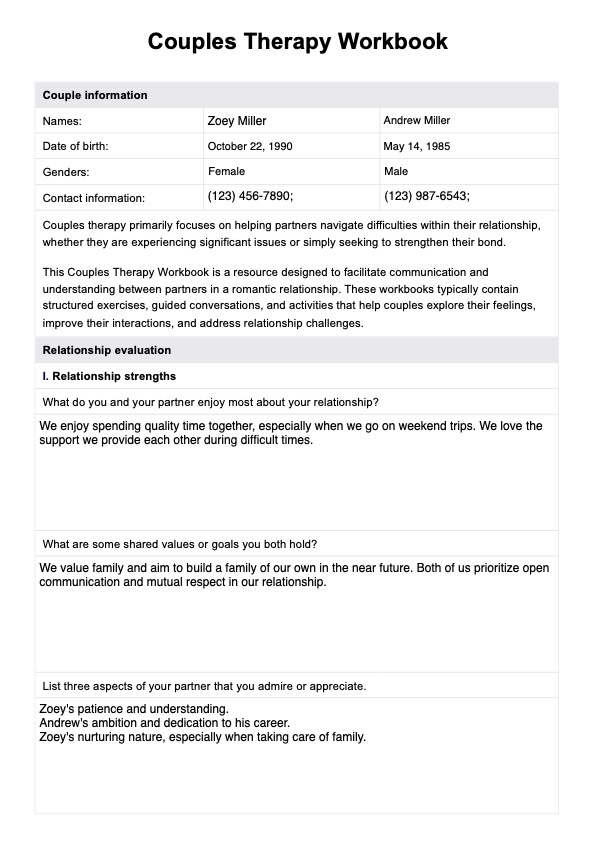

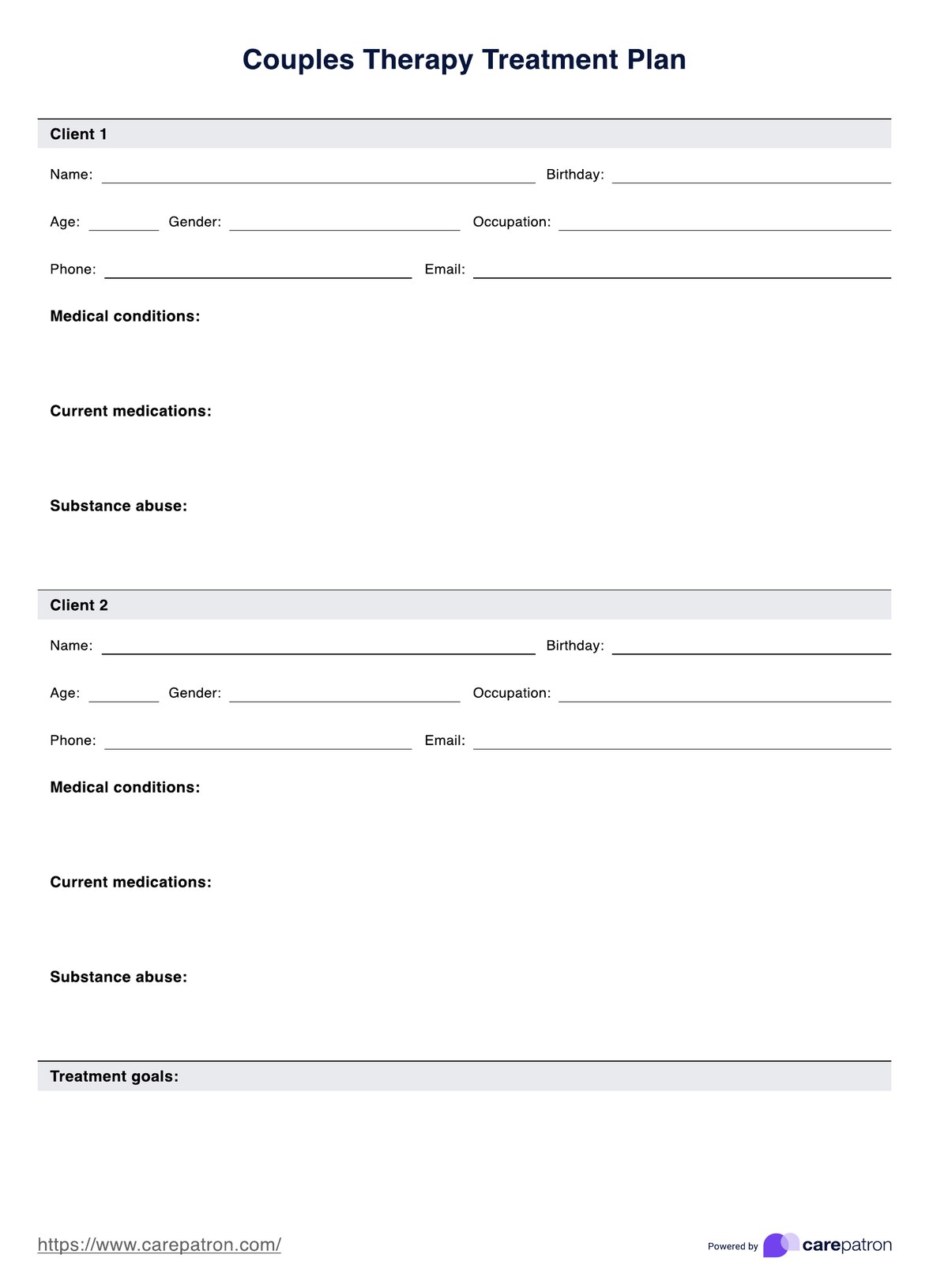
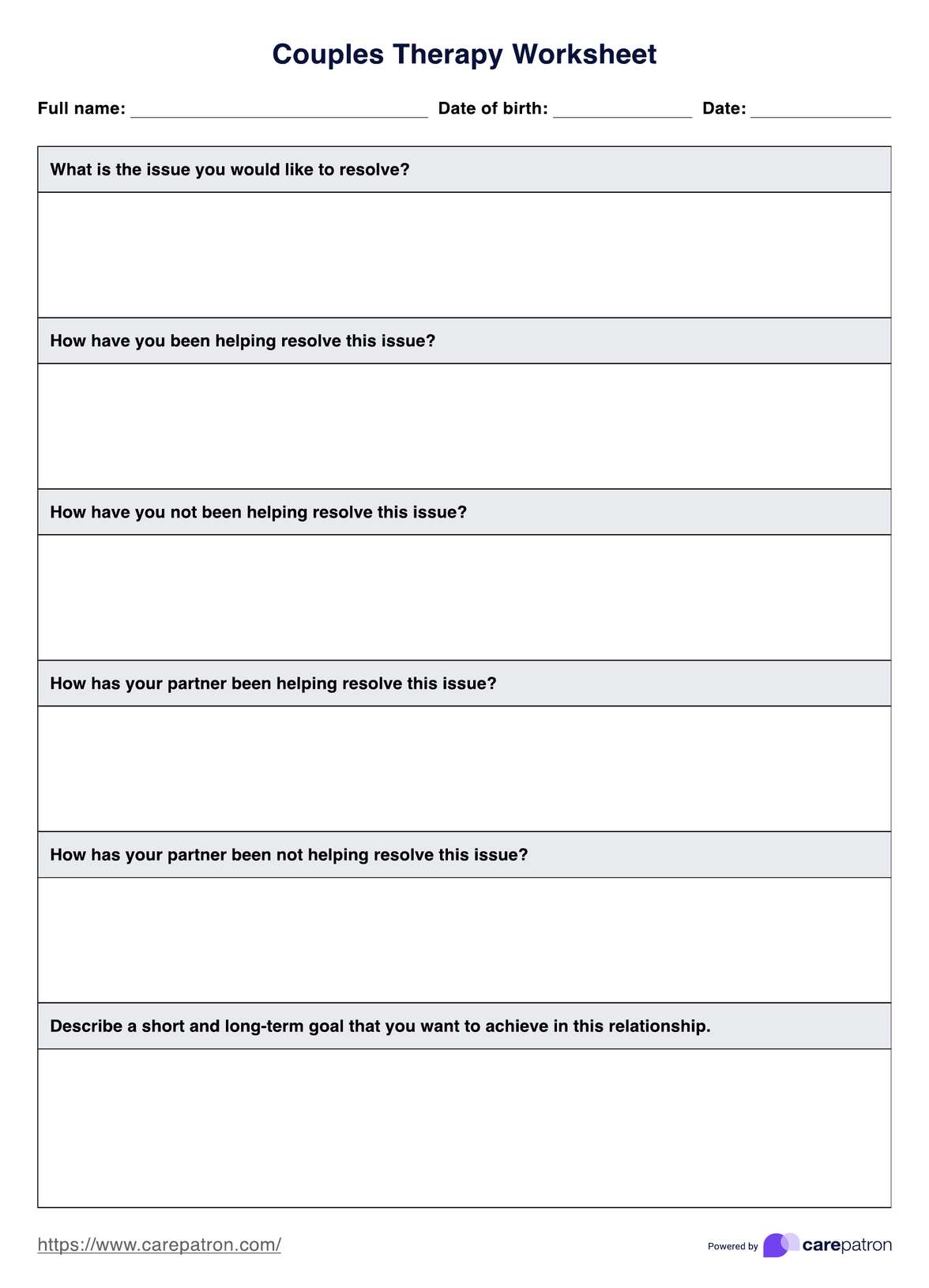
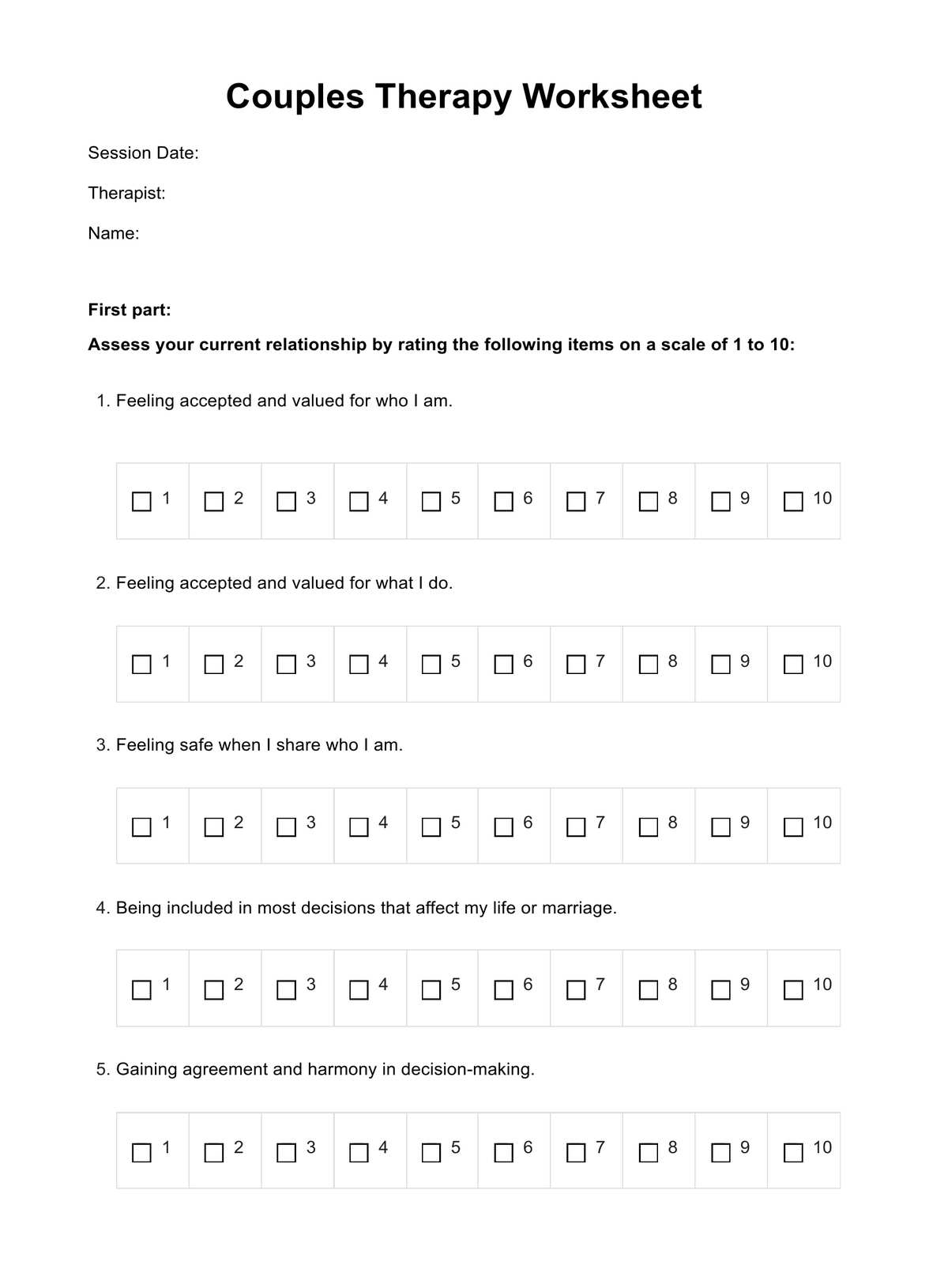
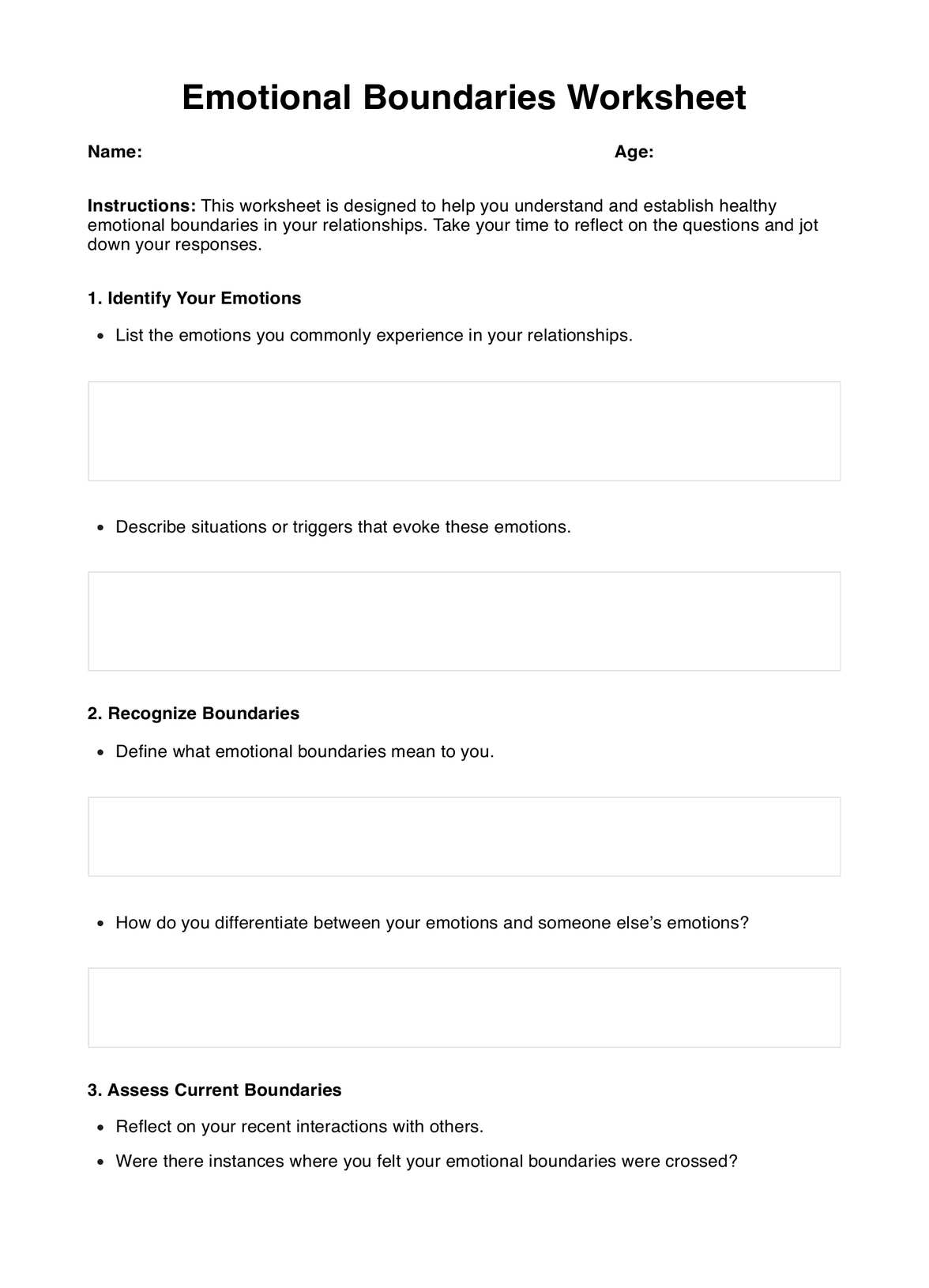
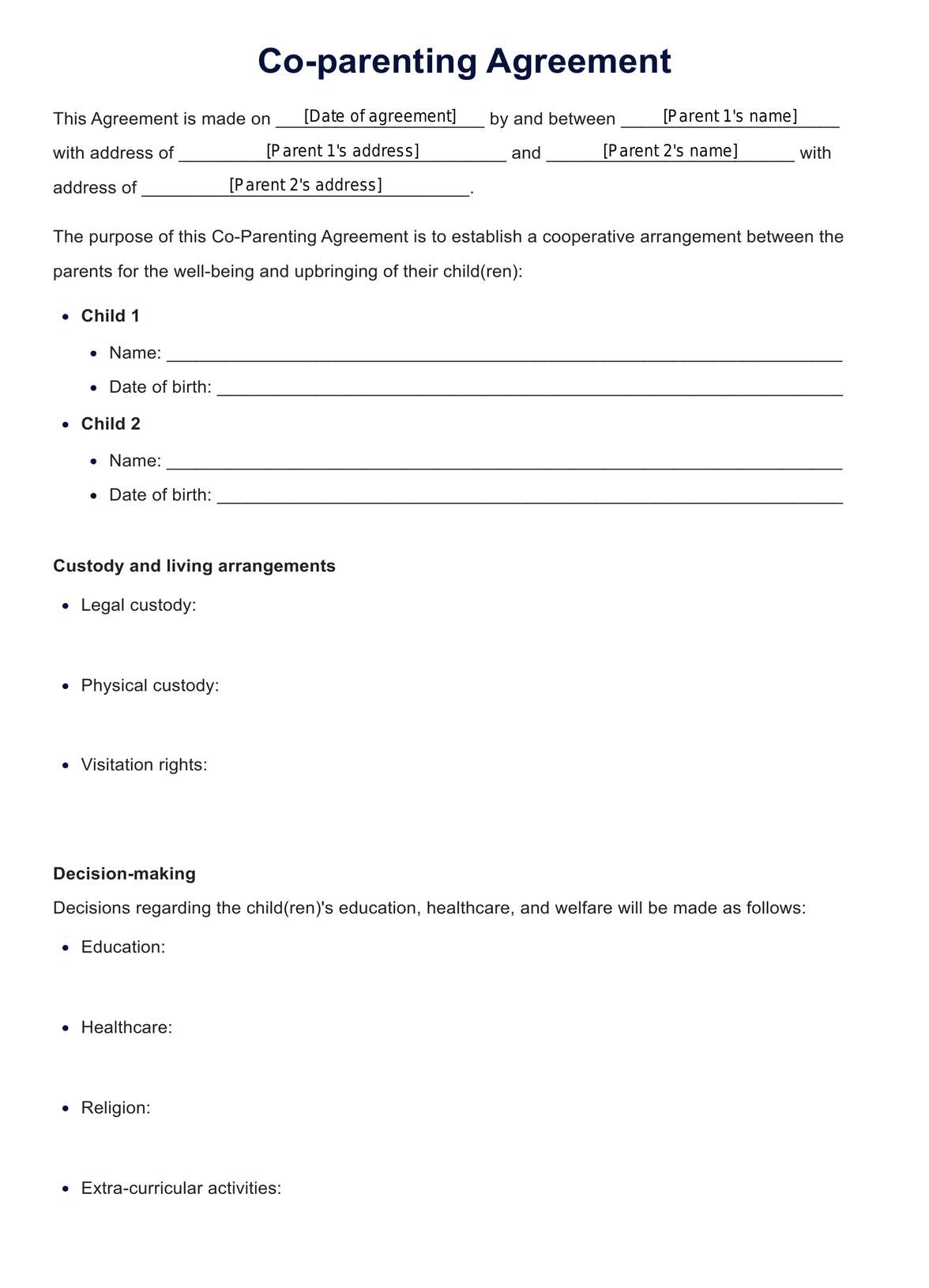
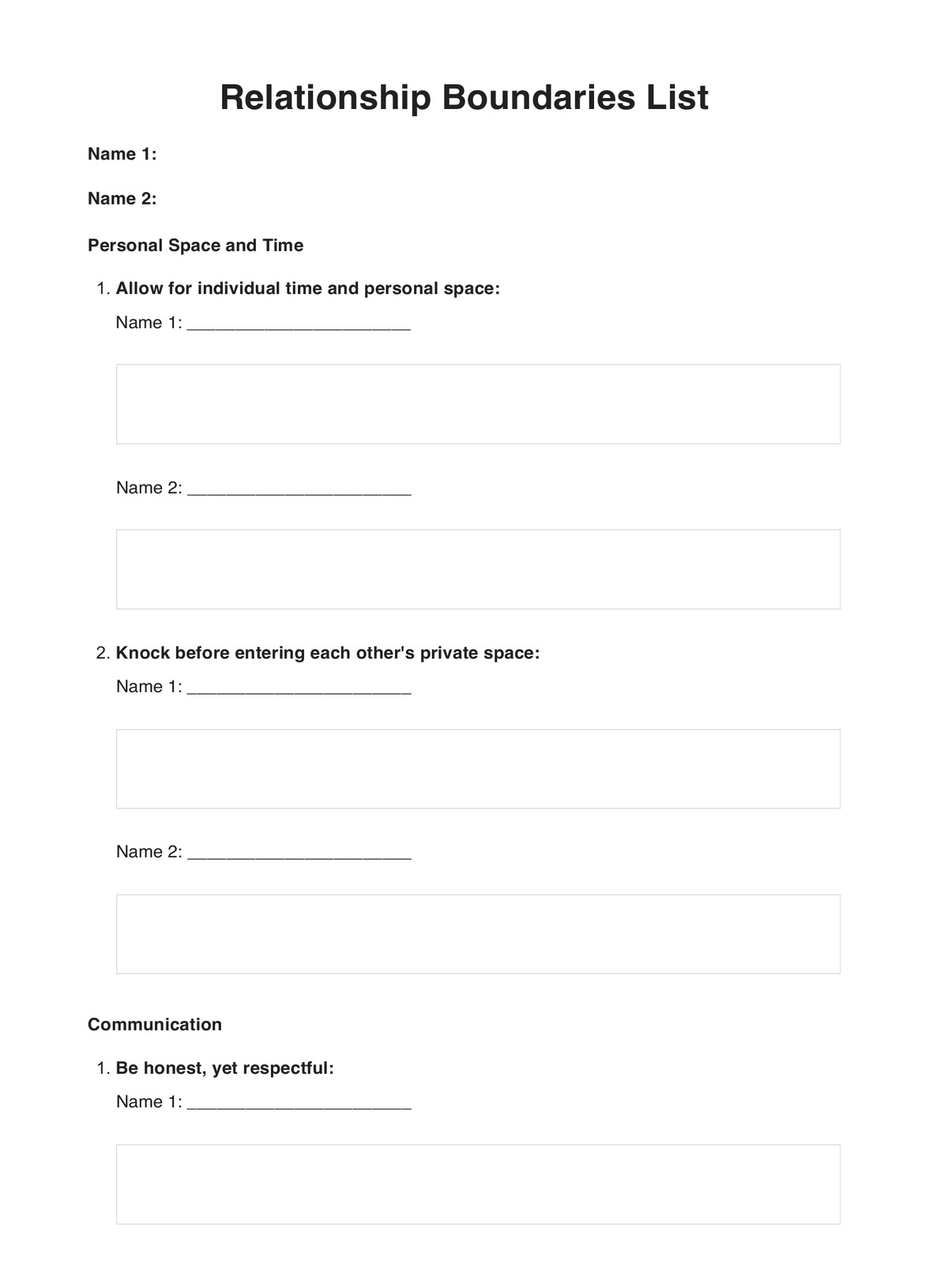

-template.jpg)

